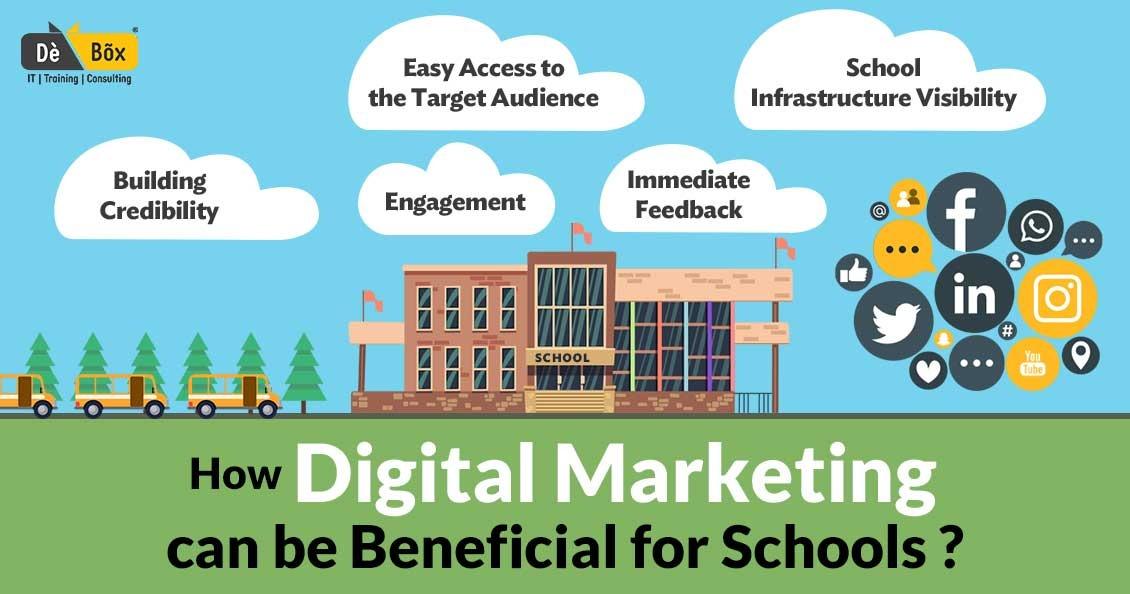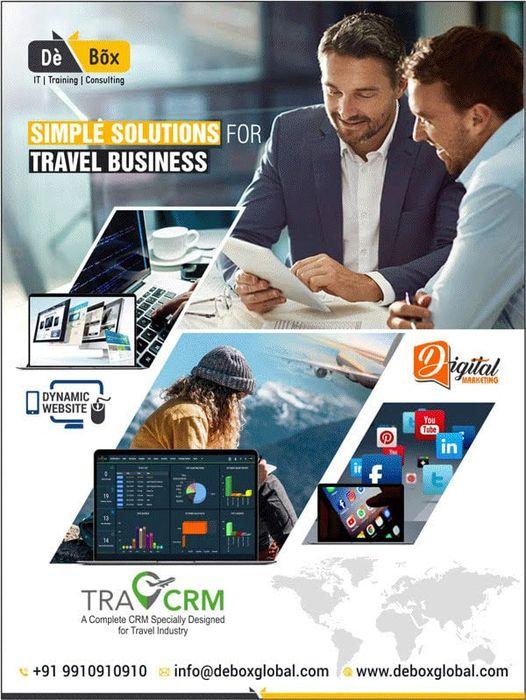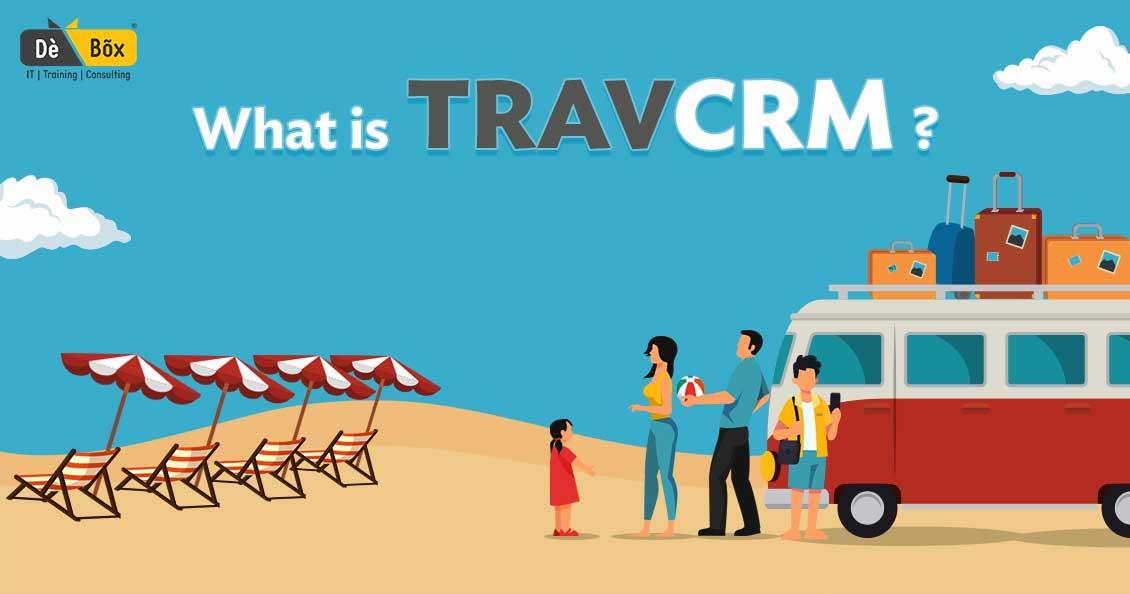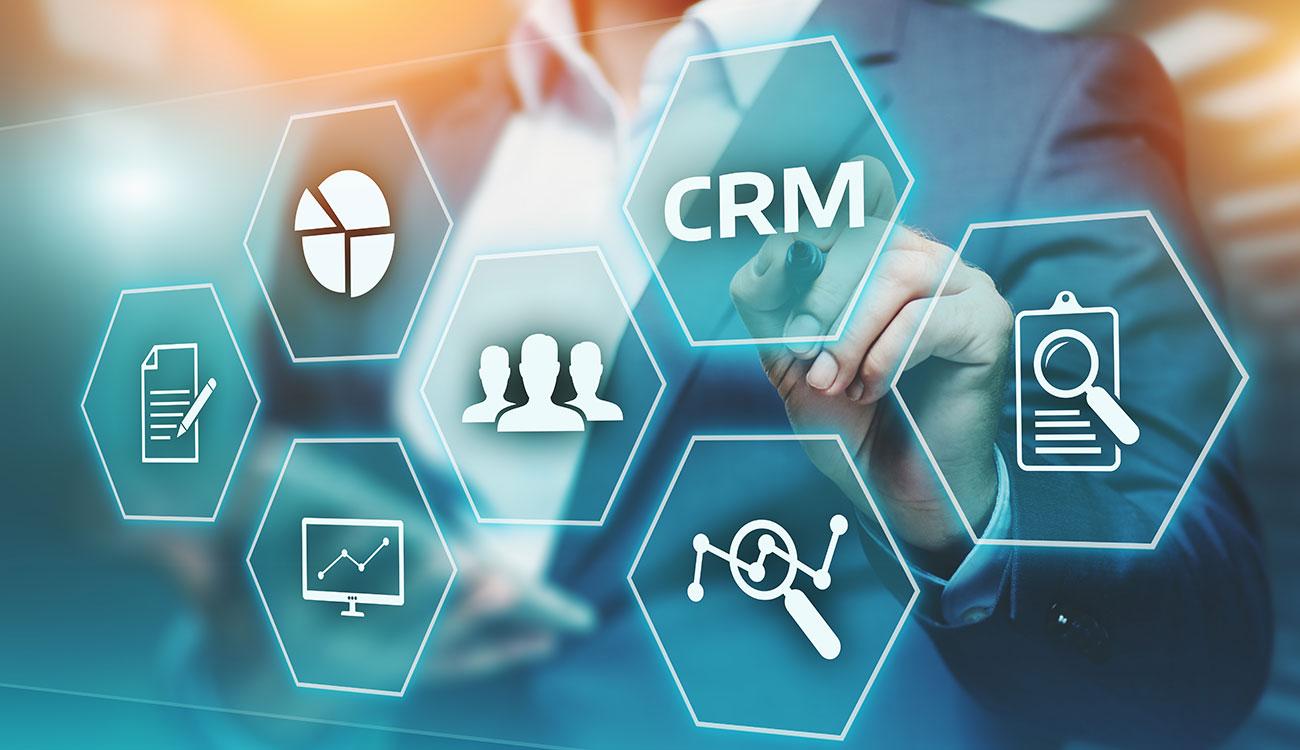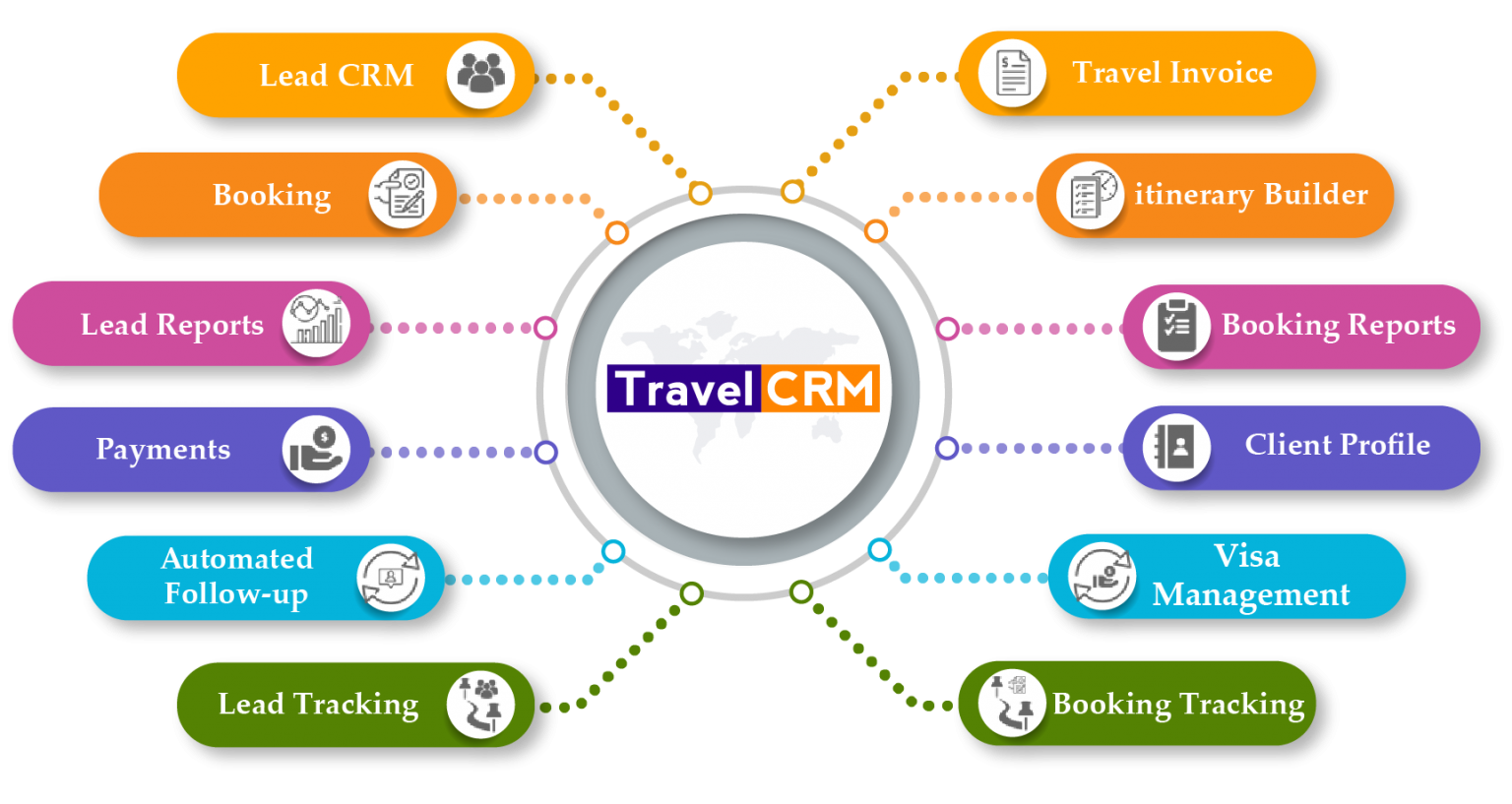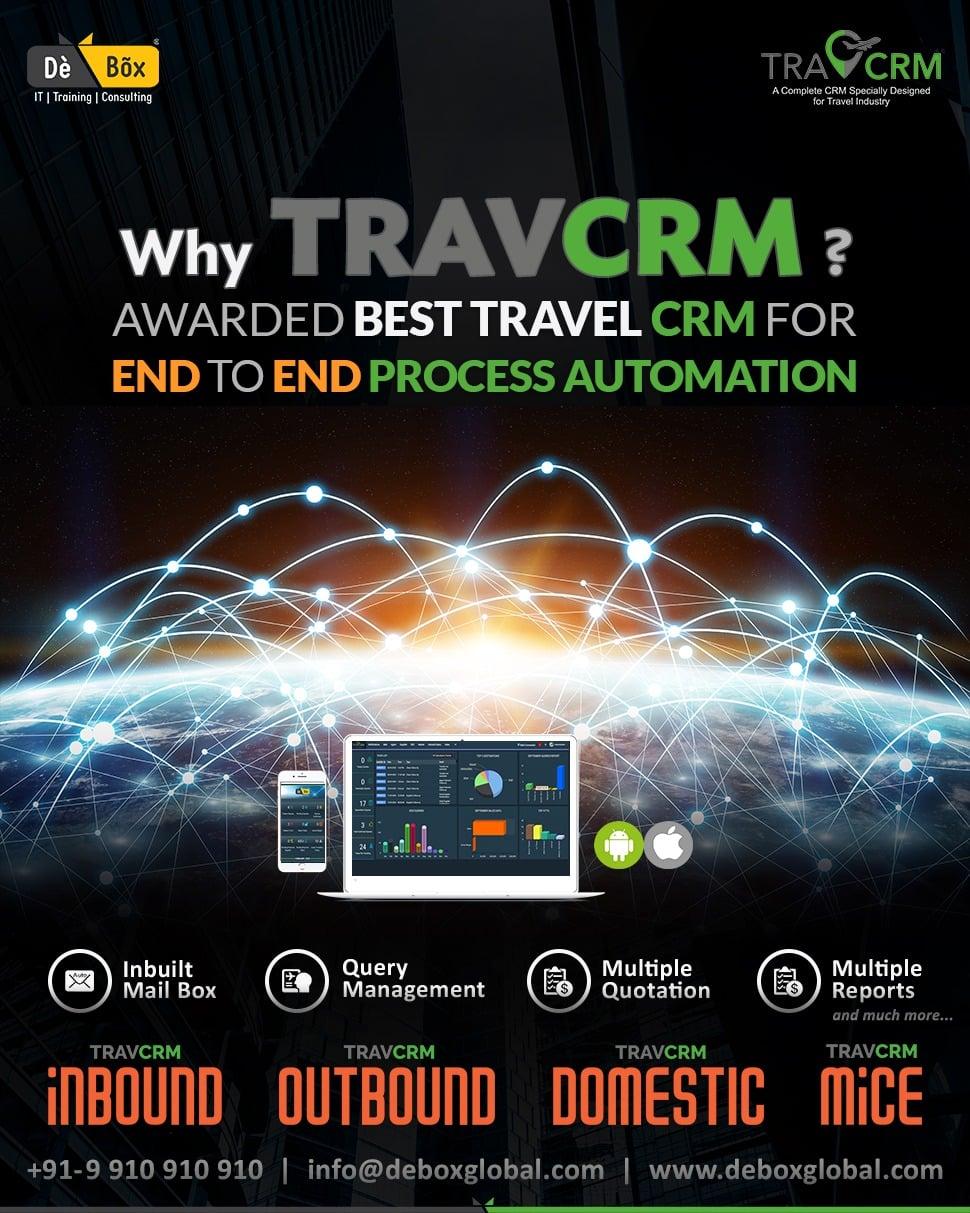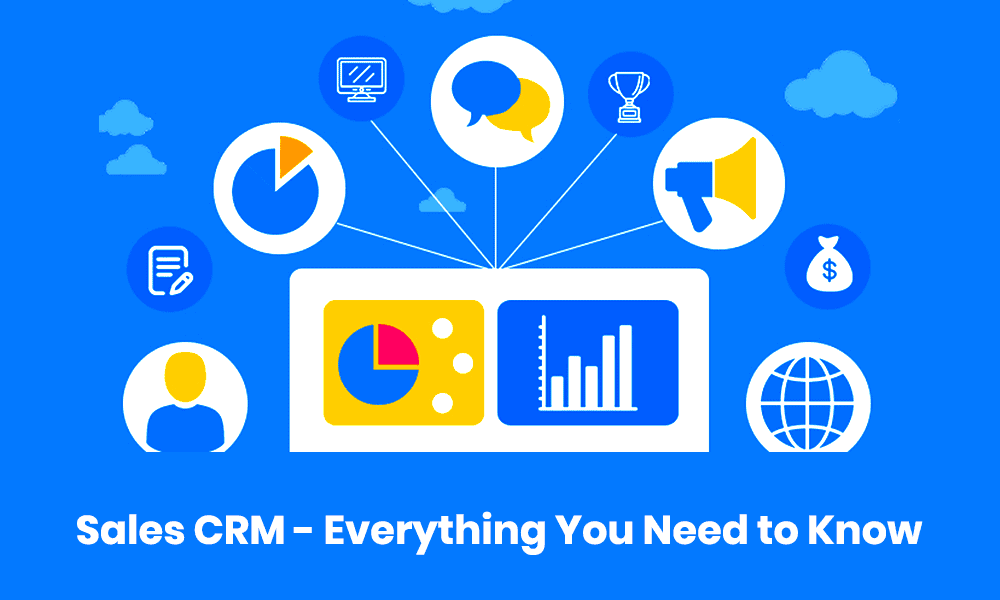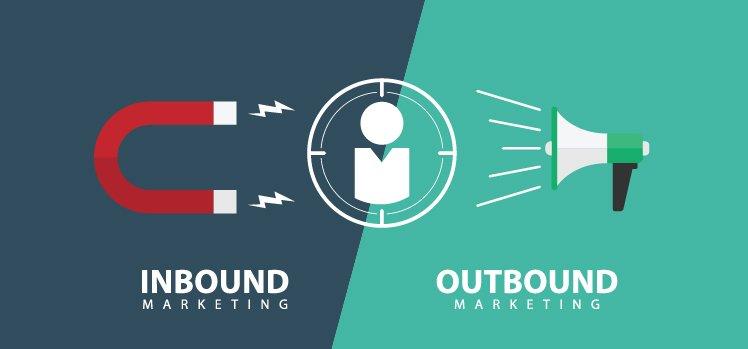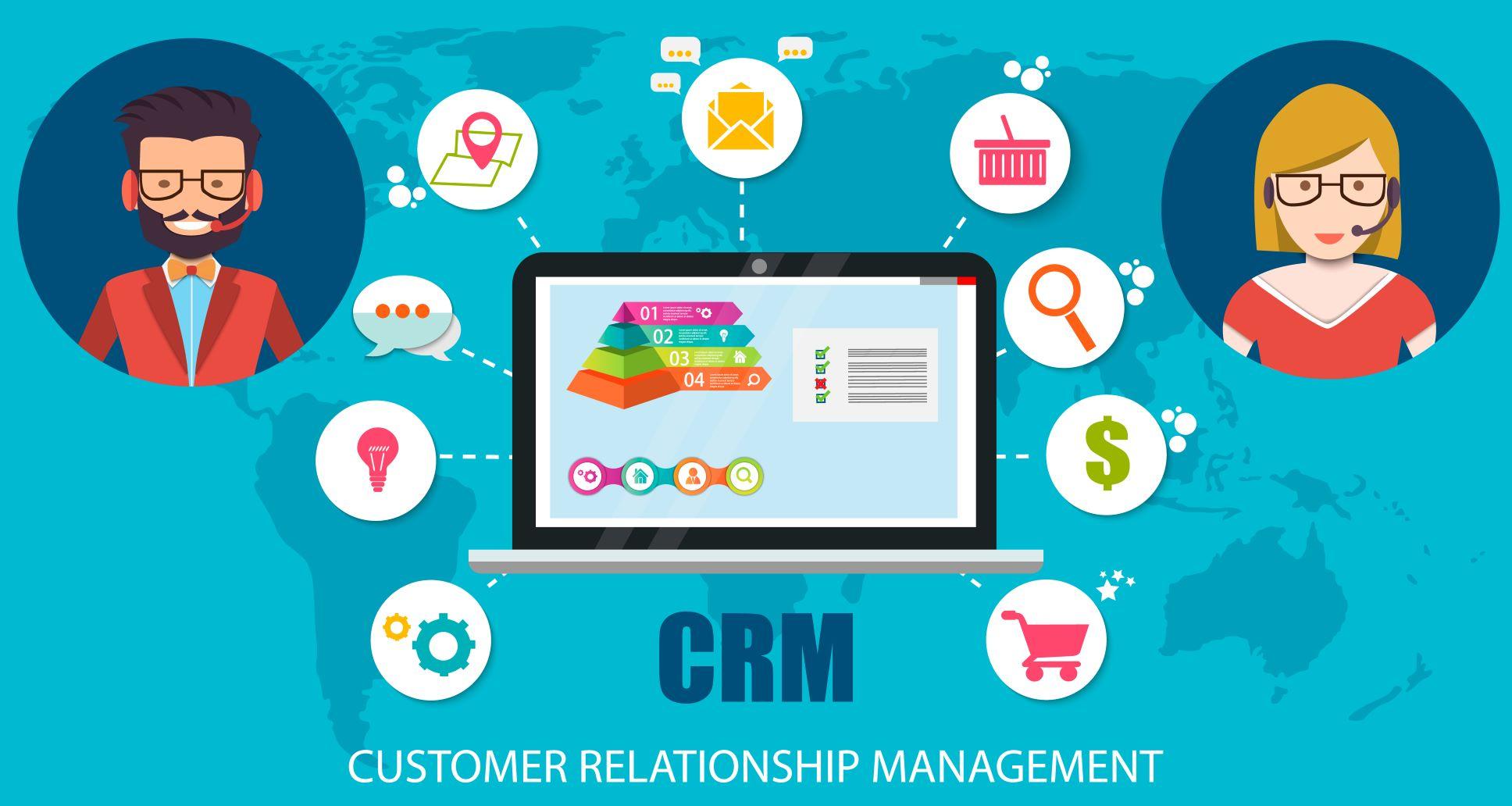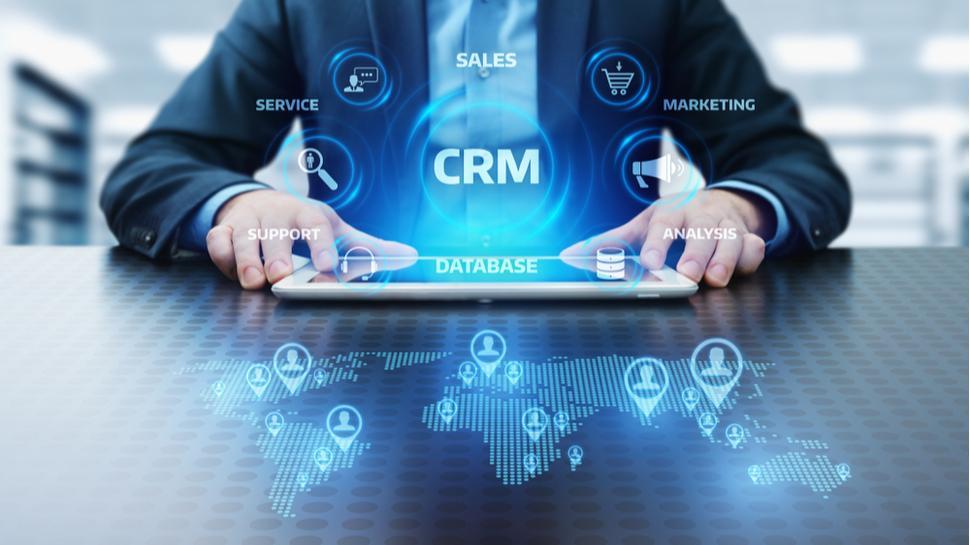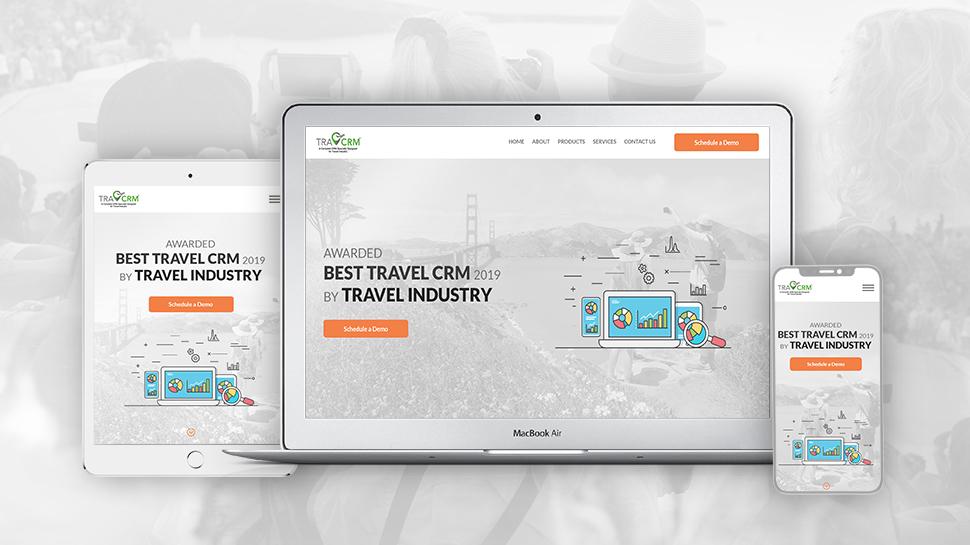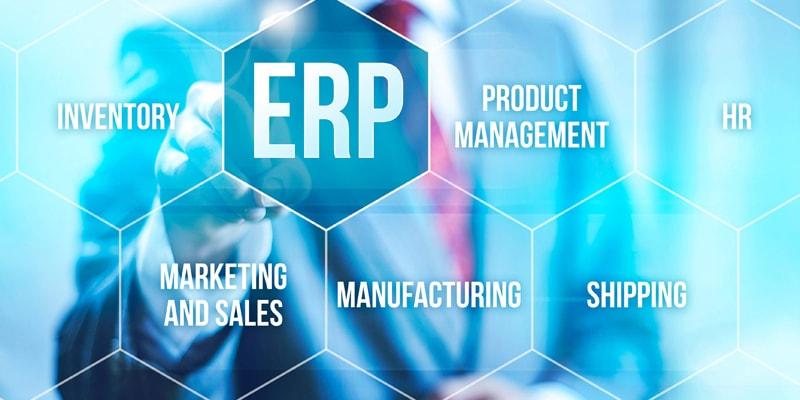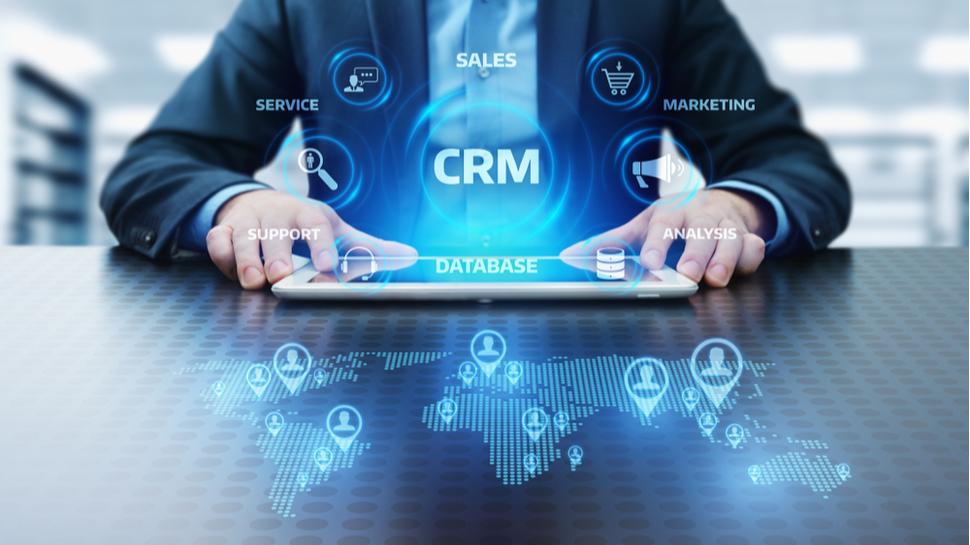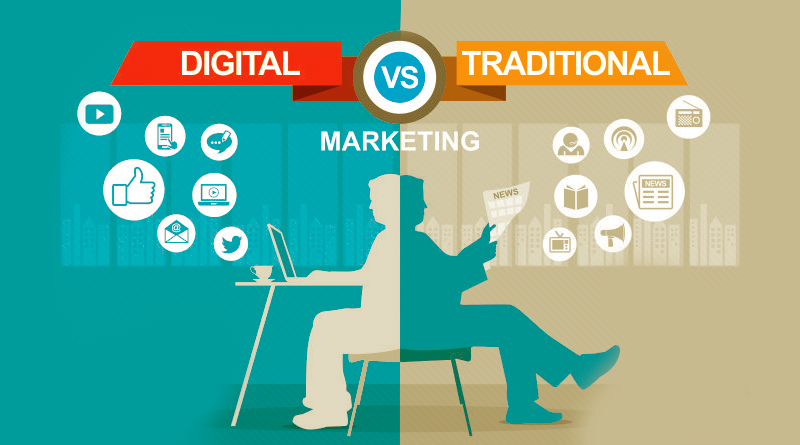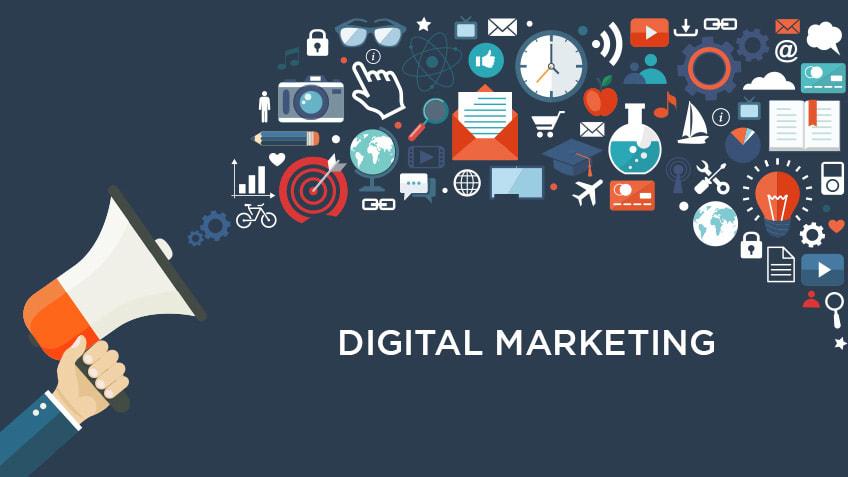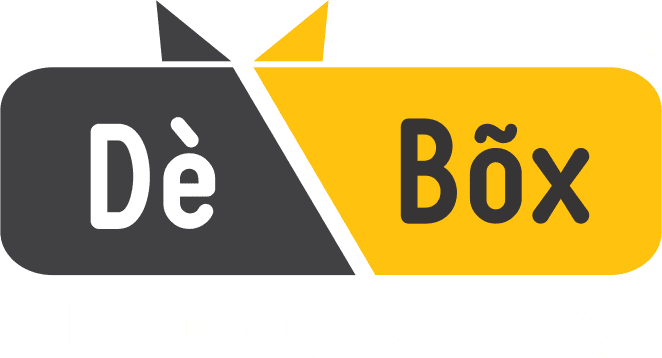
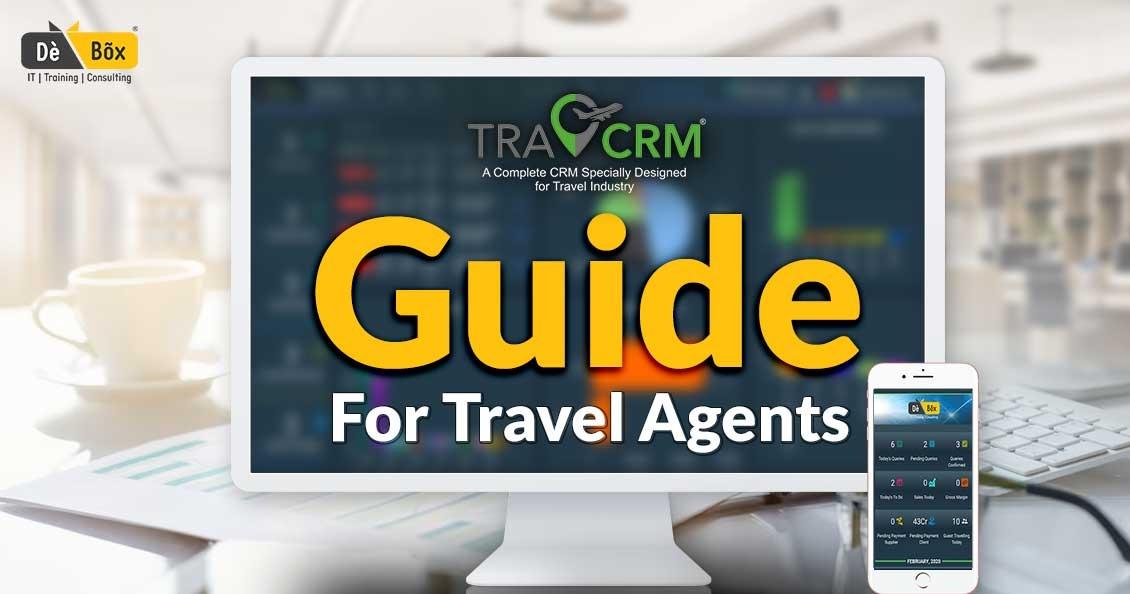
Are you a travel agent looking to take your business to new heights? In today's fast-paced digital world, having the right tools and technology is essential to streamline your operations and stay ahead of the competition. That's where CRM software comes in. A powerful CRM (Customer Relationship Management) system can revolutionize the way you manage your travel agency, helping you organize client information, automate tasks, and provide exceptional customer service. In this comprehensive guide, we will deliver into the world of CRM software and explore the top solutions available for travel agents. From enhancing lead generation to improving client retention, we will uncover the myriad benefits of implementing CRM software for your travel agency. Whether you're a small independent agency or a large enterprise, this guide will provide you with the insights and information you need to choose the best CRM software to streamline your operations and take your travel agency to new heights.
Benefits of using CRM software for travel agencies:
Streamlining your travel agency with CRM software offers numerous benefits that can significantly improve your business operations. Firstly, CRM software allows you to centralize all client information, including contact details, travel preferences, and previous bookings, in one easily accessible location. This eliminates the need for manual record-keeping and ensures that vital client data is always up-to-date. With CRM software, you can easily track your clients' preferences, such as their preferred destinations, preferred airlines, or even dietary restrictions, enabling you to provide personalized recommendations and a tailored travel experience.
Secondly, CRM software helps automate routine tasks, such as sending confirmation emails, generating itineraries, and processing payments. This automation not only saves time but also reduces the chance of human error, ensuring that your clients receive accurate and timely information. By automating these tasks, you and your team can focus on providing exceptional customer service and building meaningful relationships with your clients.
Furthermore, CRM software enables you to enhance your lead generation efforts. With built-in lead management features, you can capture and track leads from various sources, such as your website, social media platforms, or email campaigns. This allows you to follow up with potential clients promptly and efficiently, increasing the chances of converting leads into paying customers. By effectively managing your leads, you can optimize your sales process and maximize your revenue potential.
In summary, the benefits of using CRM software for travel agencies include centralizing client information, automating routine tasks, and improving lead generation efforts. By harnessing the power of CRM software, you can provide exceptional customer service, increase operational efficiency, and ultimately drive business growth.
Features to look for in CRM software for travel agencies
When choosing CRM software for your travel agency, it's important to consider the specific features that will best suit your business needs. Here are some key features to look for:
Contact and lead management: The CRM software should offer robust contact and lead management capabilities, allowing you to store and organize client information, as well as track and manage leads effectively. Look for features such as lead capture forms, lead scoring, and lead nurturing workflows.
Booking and itinerary management: A good CRM system for travel agencies should have booking and itinerary management features. This enables you to create, track, and manage bookings, as well as generate detailed itineraries for your clients. Look for features such as booking calendars, itinerary templates, and integration with external booking systems.
Communication and collaboration: Effective communication and collaboration tools are essential for travel agencies. Look for CRM software that offers email integration, task management, and document sharing capabilities. This ensures that your team can communicate and collaborate seamlessly, providing a cohesive and efficient workflow.
Analytics and reporting: To make data-driven decisions, your CRM software should provide robust analytics and reporting features. Look for software that offers customizable dashboards, sales and revenue tracking, and performance metrics. This will enable you to gain valuable insights into your business performance and identify areas for improvement.
Integration and customization: Consider CRM software that integrates with other tools and systems you use in your travel agency, such as email marketing software or accounting systems. Additionally, look for software that allows customization to tailor it to your specific needs and workflows.
By considering these features, you can select CRM software that aligns with your travel agency's requirements and maximizes the benefits you can gain from its implementation.
Comparing different CRM software for travel agencies
When comparing CRM software options for your travel agency, there are several factors to consider. Here are some key points to evaluate:
Ease of use: Consider the user interface and overall user experience of the CRM software. Is it intuitive and easy to navigate? Will your team require extensive training to use it effectively? Opt for software that offers a smooth learning curve and minimal disruptions to your workflow.
Scalability: Consider the scalability of the CRM software. Can it accommodate your agency's growth and expanding needs? Look for software that can handle an increasing volume of clients and bookings without compromising performance.
Integration capabilities: Evaluate the integration options of the CRM software. Can it seamlessly connect with other tools and systems you use in your travel agency? Look for software that offers pre-built integrations or an open API, allowing you to customize and connect it to your existing technology stack.
Customization options: Consider the level of customization the CRM software provides. Can you tailor it to your specific workflows and business processes? Look for software that allows you to add custom fields, create custom reports, and configure automation rules to match your agency's unique requirements.
Customer support: Analyse the CRM software provider's level of customer service. Do they offer training resources, documentation, and responsive customer support? Opt for software that provides excellent customer support to ensure a smooth implementation and ongoing usage.
By carefully comparing and evaluating these factors, you can select the CRM software that best aligns with your travel agency's needs and goals.
Implementing CRM software in your travel agency
Now that you have chosen the CRM software that suits your travel agency, it's time to implement it effectively. Here are some steps to guide you through the implementation process:
Define your goals: Clearly define your goals and objectives for implementing CRM software. What specific outcomes do you want to achieve? This could include improving client retention, increasing sales conversions, or enhancing overall operational efficiency.
Prepare your data: Gather and clean your existing client data to ensure its accuracy and completeness. This may involve consolidating data from different sources, removing duplicates, and standardizing data formats. Import this data into your CRM software to establish a solid foundation for your client database.
Set up your workflows: Determine the workflows and processes you want to automate or improve using CRM software. This could include lead management, booking management, or customer support processes. Configure the CRM software to align with your desired workflows, making use of its built-in features and customization options.
Train your team: Provide comprehensive training to your team on how to effectively use the CRM software. This may involve organizing training sessions, creating user manuals or video tutorials, and assigning a CRM administrator who can provide ongoing support and guidance.
Monitor and refine: Continuously monitor and evaluate the performance of your CRM software implementation. Track key metrics, such as client satisfaction, lead conversion rates, and operational efficiency. Use this data to identify areas for improvement and refine your workflows and processes accordingly.
By following these implementation steps, you can ensure a smooth transition to CRM software and maximize its benefits for your travel agency.
Training and support for CRM software for travel agencies
When implementing CRM software in your travel agency, it's crucial to provide adequate training and support to your team. Here are some tips to ensure a successful training and support process:
Initial training: Conduct comprehensive initial training sessions for your team to familiarize them with the CRM software's features and functionalities. This can be done through in-person training sessions, online webinars, or self-paced e-learning modules. Ensure that all team members have a clear understanding of how to use the CRM software effectively.
Ongoing support: Assign a dedicated CRM administrator or point of contact within your agency who can provide ongoing support and guidance to your team. This person should be well-versed in the CRM software and be available to answer questions, troubleshoot issues, and provide assistance when needed.
Documentation and resources: Create user manuals, video tutorials, and documentation that outline the key features and processes of the CRM software. Make these resources readily available to your team, allowing them to refer to them whenever they need guidance or clarification.
Regular check-ins: Schedule regular check-ins with your team to assess their experience using the CRM software. Encourage open communication and feedback, allowing team members to share their challenges, suggestions, and successes. This feedback can help identify areas for improvement and optimize the usage of the CRM software.
Vendor support: Take advantage of the support services provided by the CRM software vendor. Most vendors offer customer support through various channels, such as phone, email, or live chat. Reach out to them whenever you encounter technical issues or need assistance with specific features or configurations.
By implementing a comprehensive training and support strategy, you can ensure that your team is well-equipped to utilize the CRM software effectively, leading to improved efficiency and productivity in your travel agency.
Tips for maximizing the use of CRM software in your travel agency
To maximize the benefits of CRM software in your travel agency, consider the following tips:
Regularly update client information: Ensure that client information is regularly updated in your CRM software. This includes contact details, travel preferences, and any changes in booking status. Regularly reviewing and updating client profiles will enable you to provide personalized service and accurate recommendations.
Automate personalized communication: Utilize the automation features of your CRM software to send personalized emails and messages to your clients. This could include birthday greetings, travel tips, or exclusive offers based on their preferences. Personalized communication helps build stronger relationships with your clients and encourages repeat bookings.
Monitor and analyze key metrics: Regularly monitor and analyze key metrics within your CRM software to track the performance of your travel agency. This could include lead conversion rates, sales revenue, client satisfaction scores, or response times. By analyzing these metrics, you can identify areas for improvement and make data-driven decisions to optimize your business processes.
Leverage integrations: Take advantage of the integration capabilities of your CRM software to connect it with other tools and systems you use in your travel agency. For example, integrate your CRM with your email marketing software to automate lead nurturing campaigns or with your accounting system to streamline financial processes. Integrations can improve efficiency and provide a more seamless workflow.
Continuously train and educate your team: Provide ongoing training and education to your team on how to effectively use the CRM software. This could involve organizing refresher sessions, sharing best practices, or exploring new features and updates. By keeping your team up-to-date, you can ensure that they are making the most of the CRM software and its capabilities.
Struggling to find Best Travel CRM Software? De Box Global has the solution
De Box Global TRAVCRM is a comprehensive CRM solution designed specifically for travel agencies. With TRAVCRM, travel agents can effectively manage their customer relationships, streamline operations, and enhance overall efficiency. The software offers a range of features such as customer database management, lead tracking, booking management, itinerary creation, communication logs, reporting, and analytics. TRAVCRM also supports seamless integration with other travel tools and systems, ensuring a unified view of customer interactions. With its user-friendly interface, customization options, and strong support services, De Box Global's TRAVCRM provides travel agencies with the tools they need to deliver personalized experiences and drive business growth.
If you want to boost your travel business with best travel crm software Book your Demo right now with DeBox Global
Luxury tourism is evolving rapidly, embracing innovative trends that cater to a new generation of travelers. Today’s affluent globetrotters s..Read More
In the fast-paced world of the travel industry, providing excellent customer service and optimizing operations is crucial for success. Travel agenc..Read More
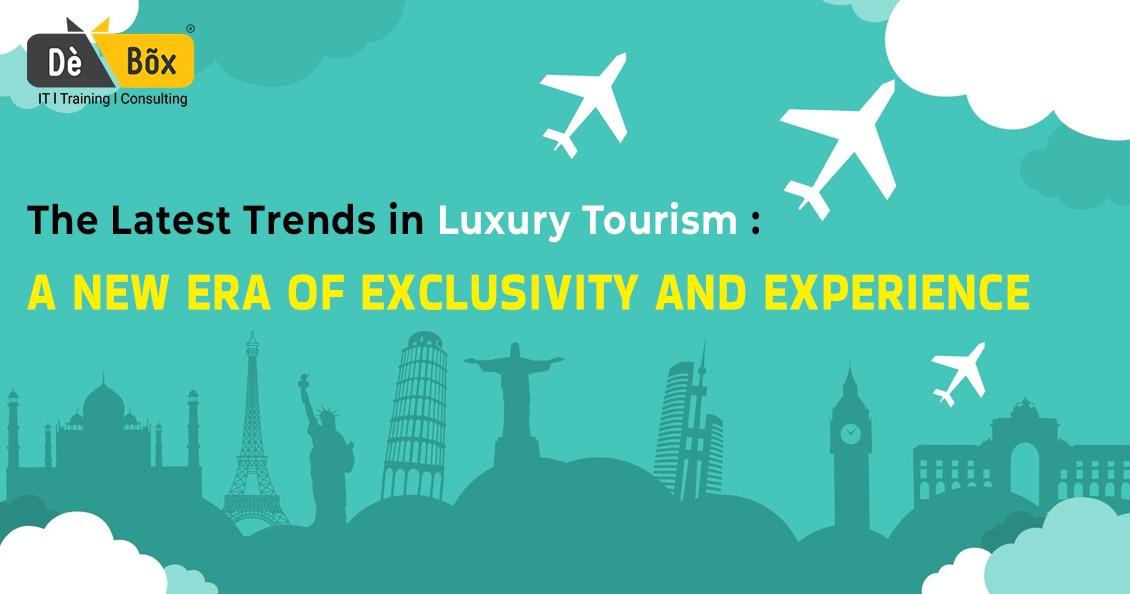
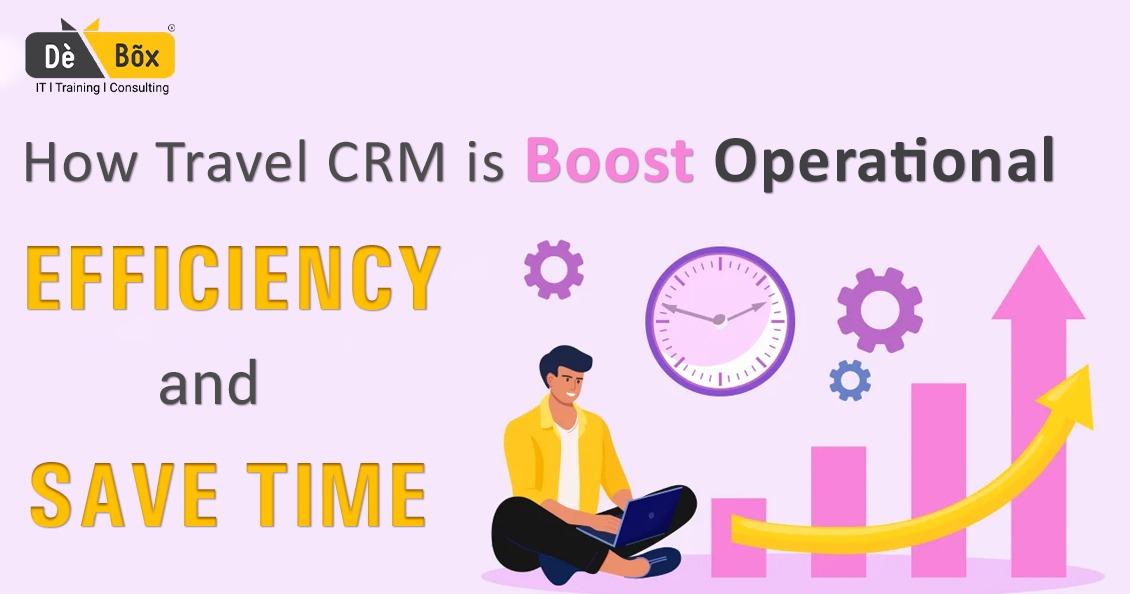
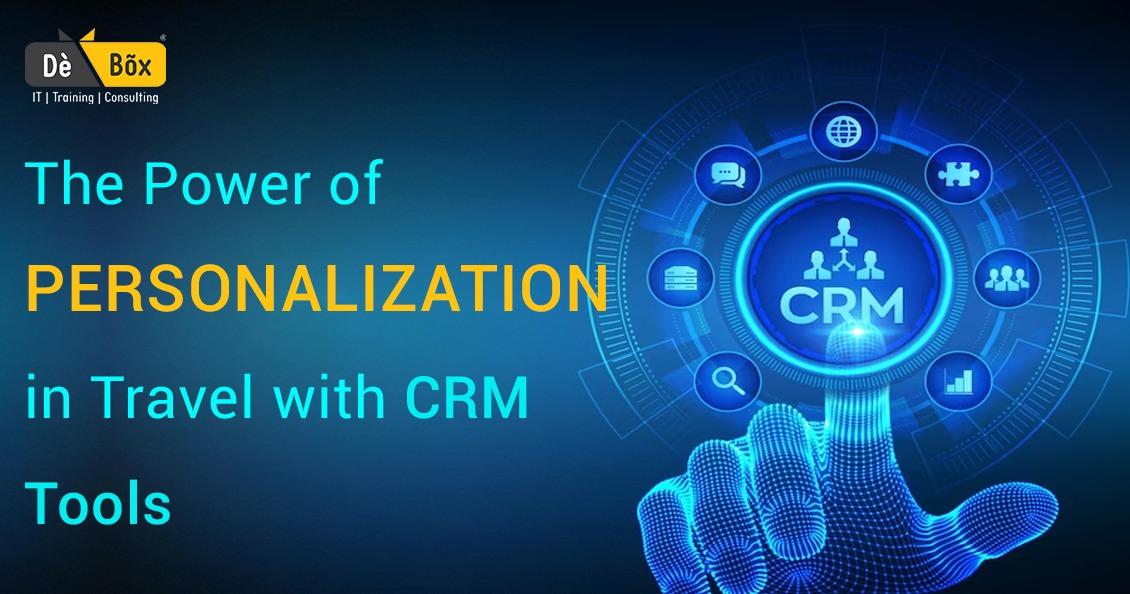
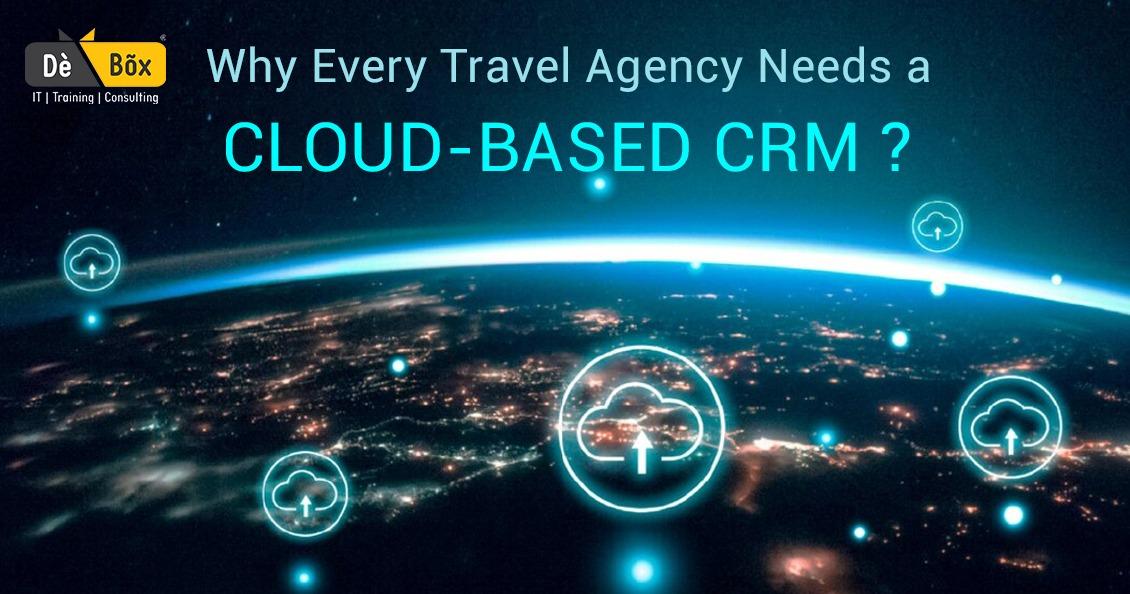
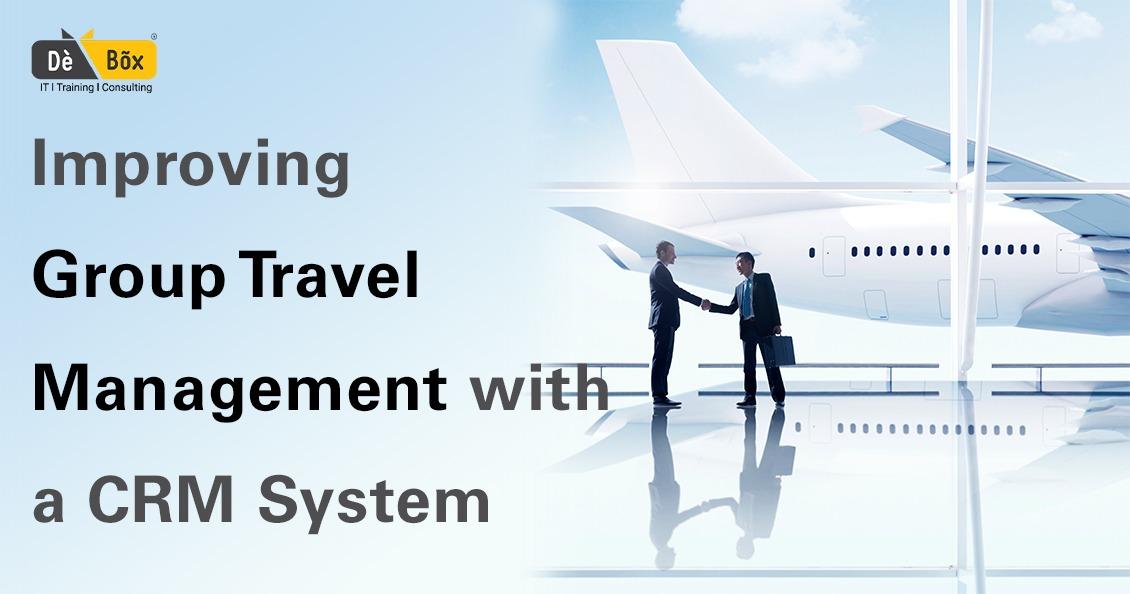
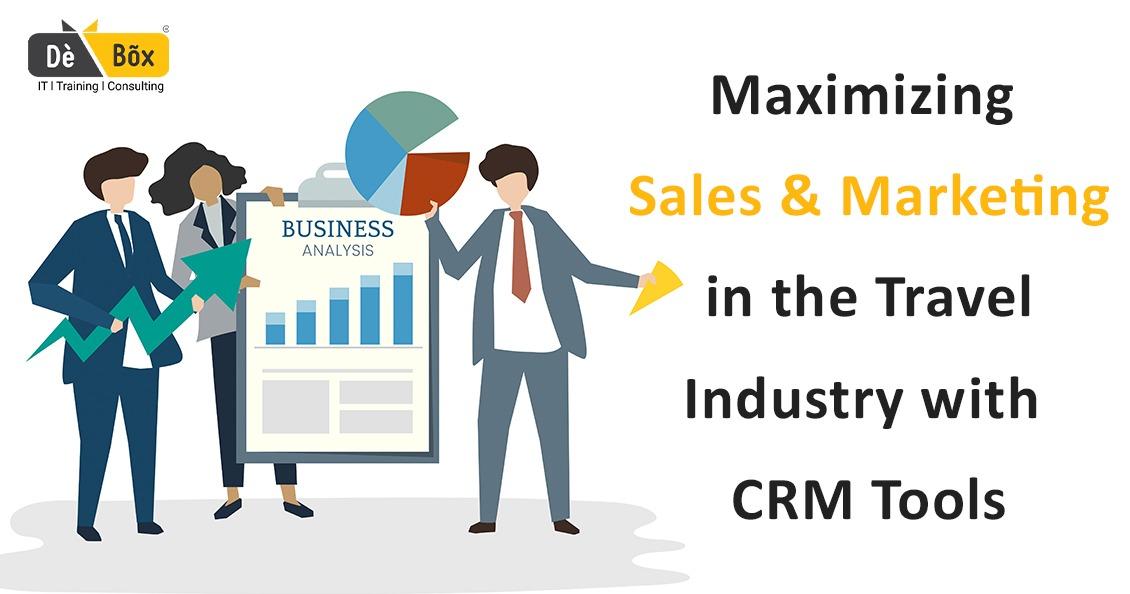
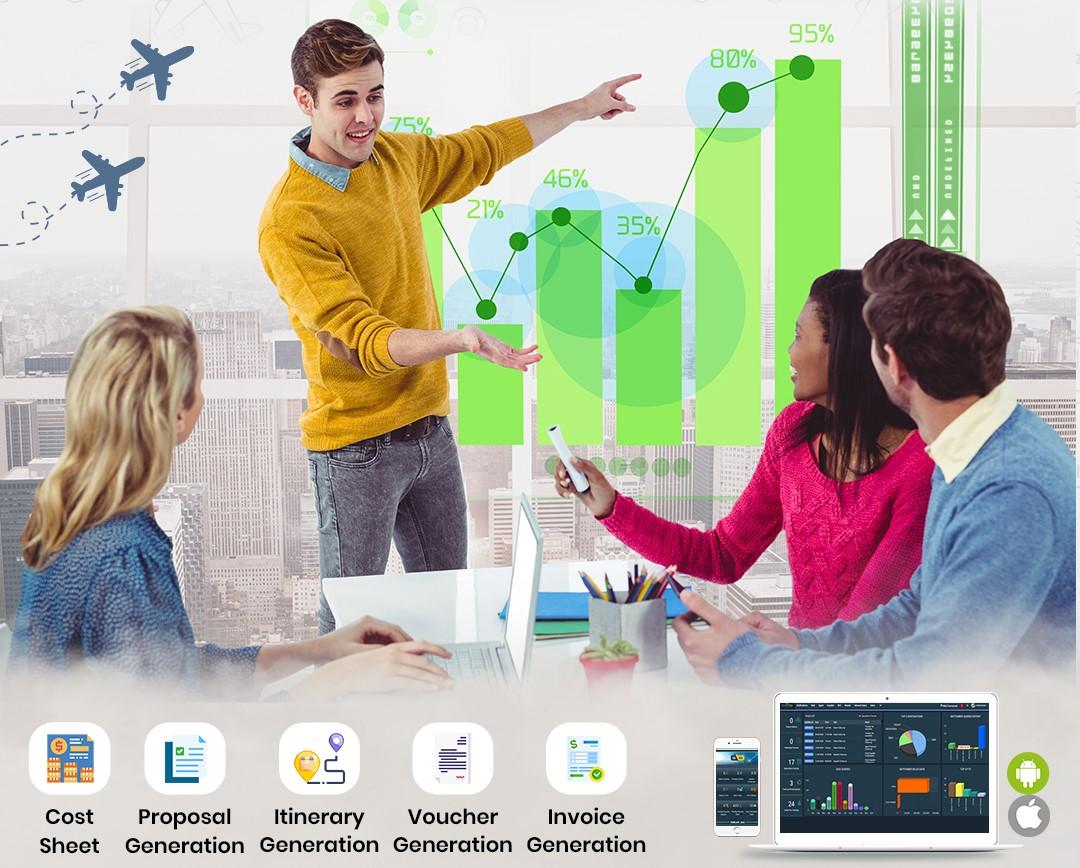
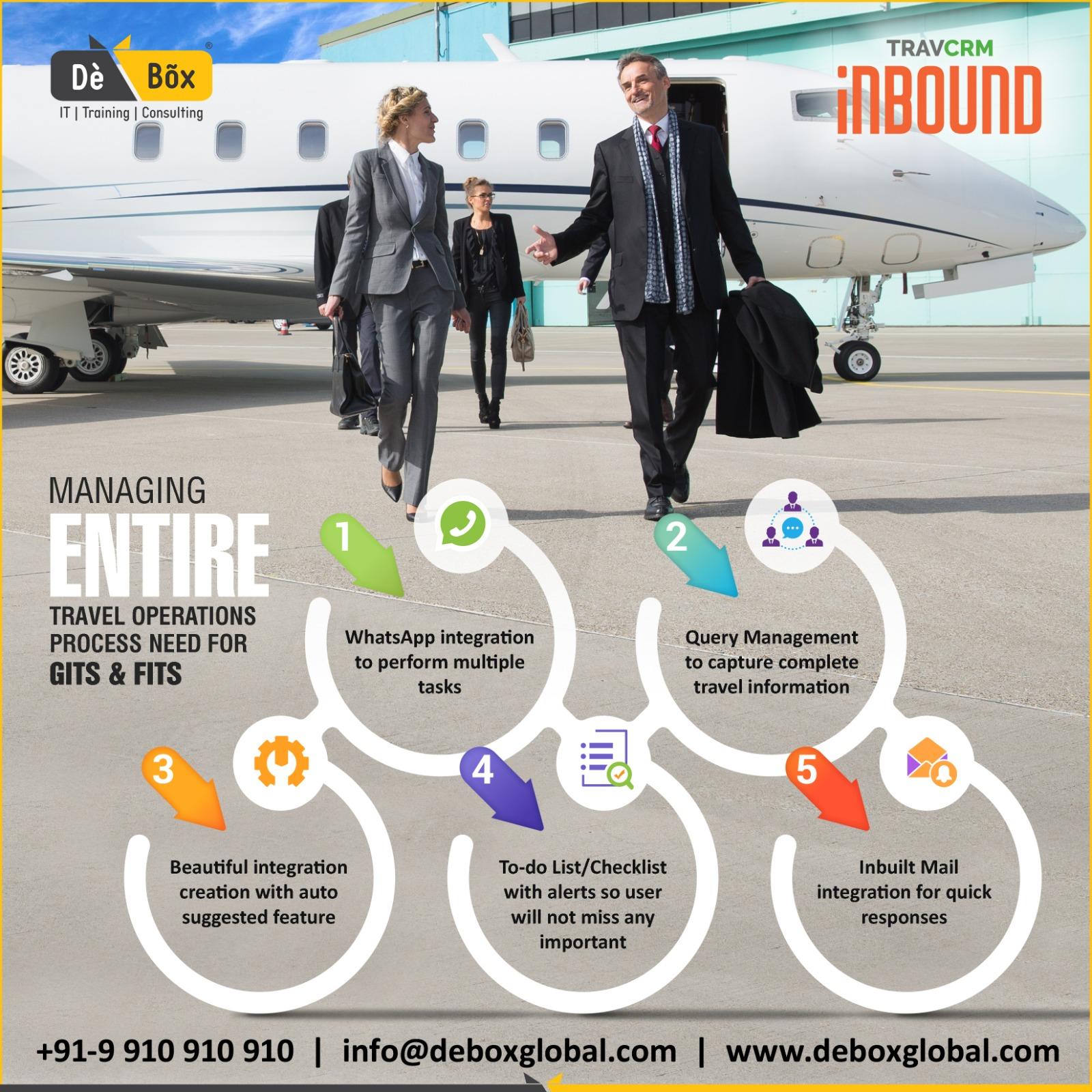
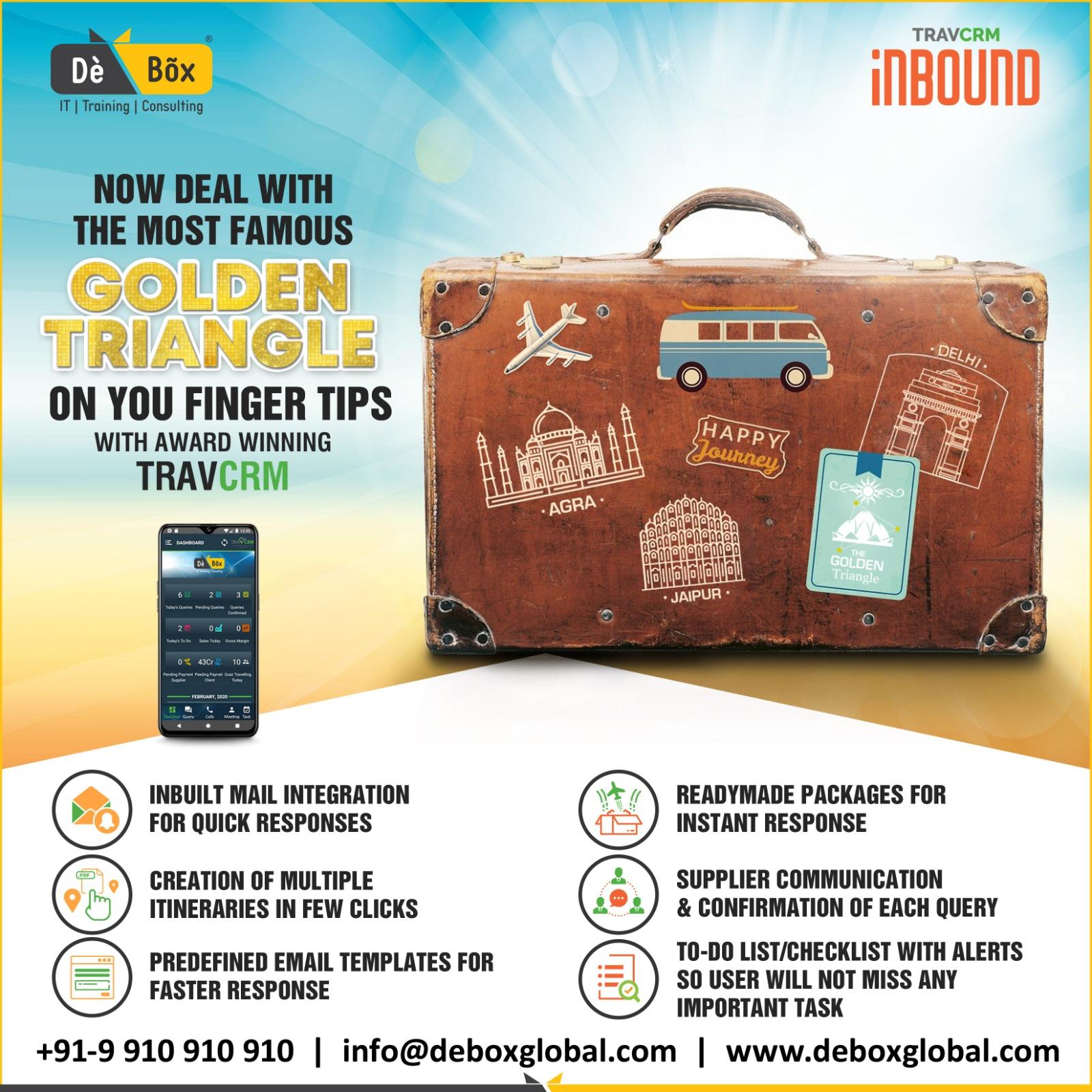
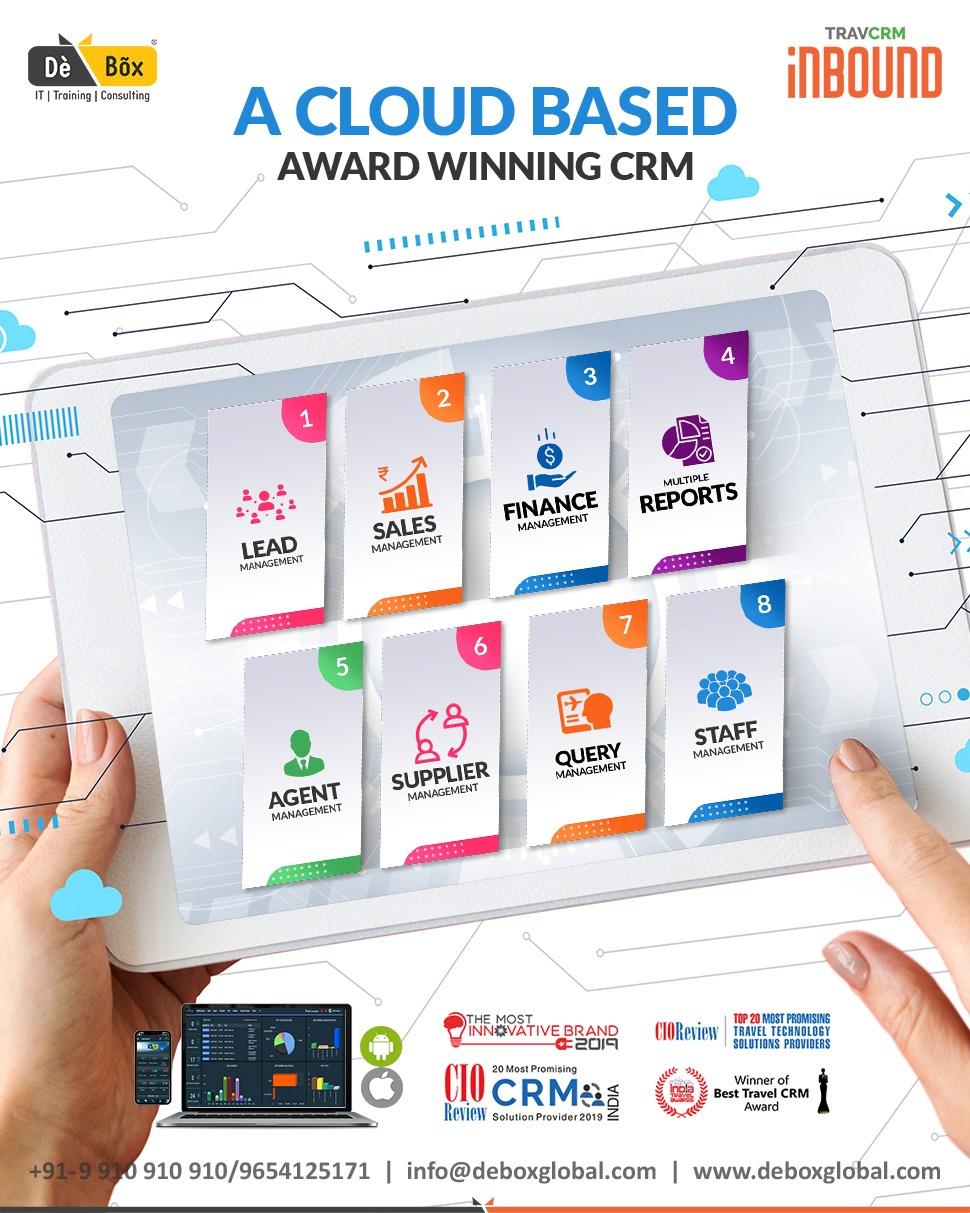
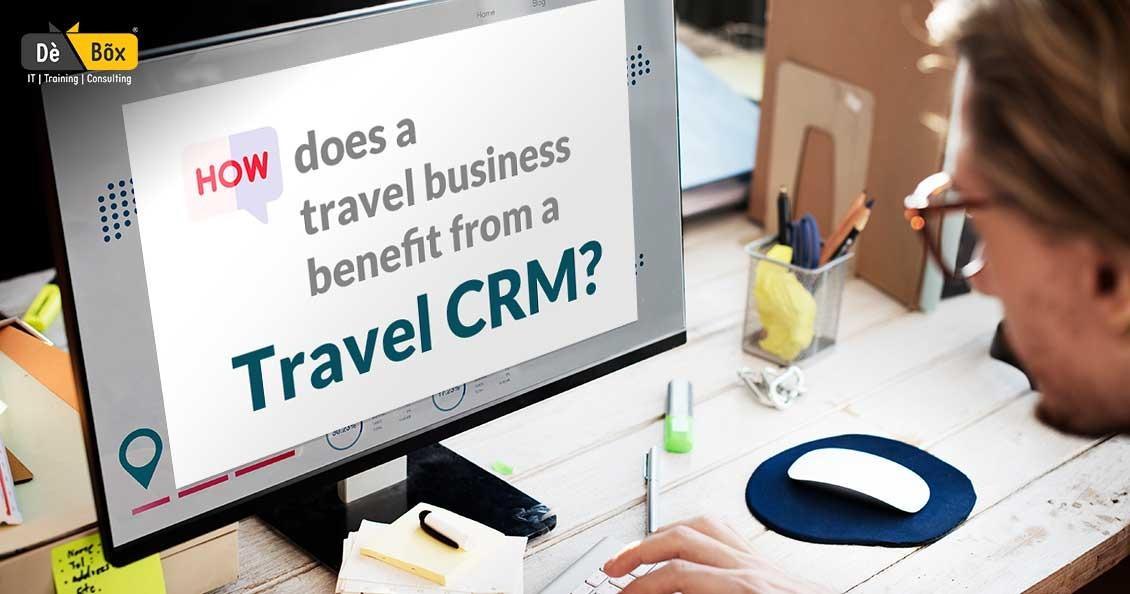
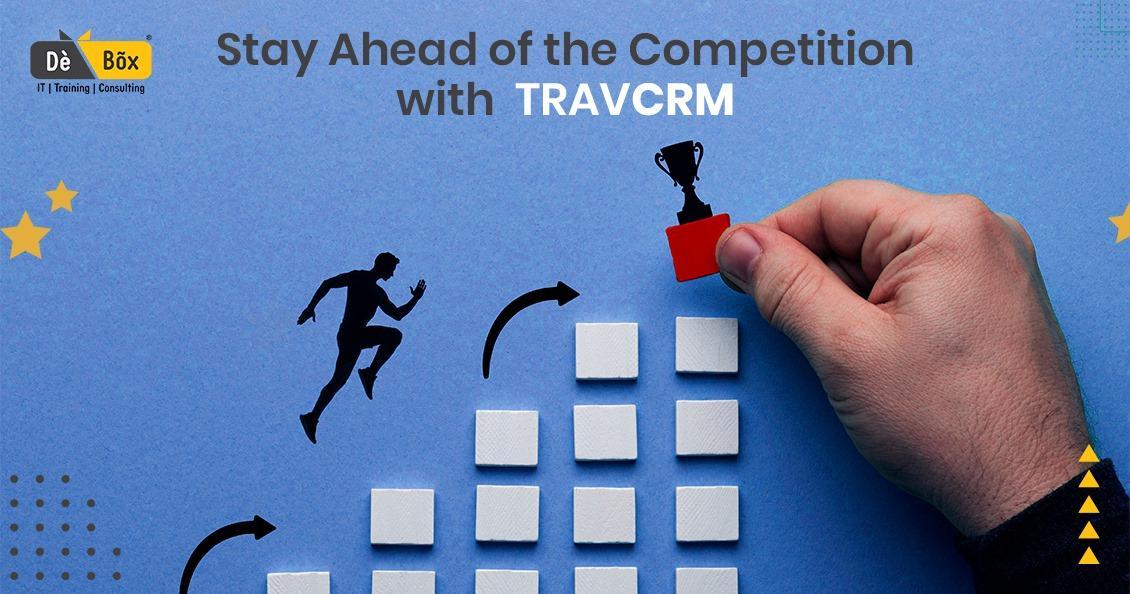
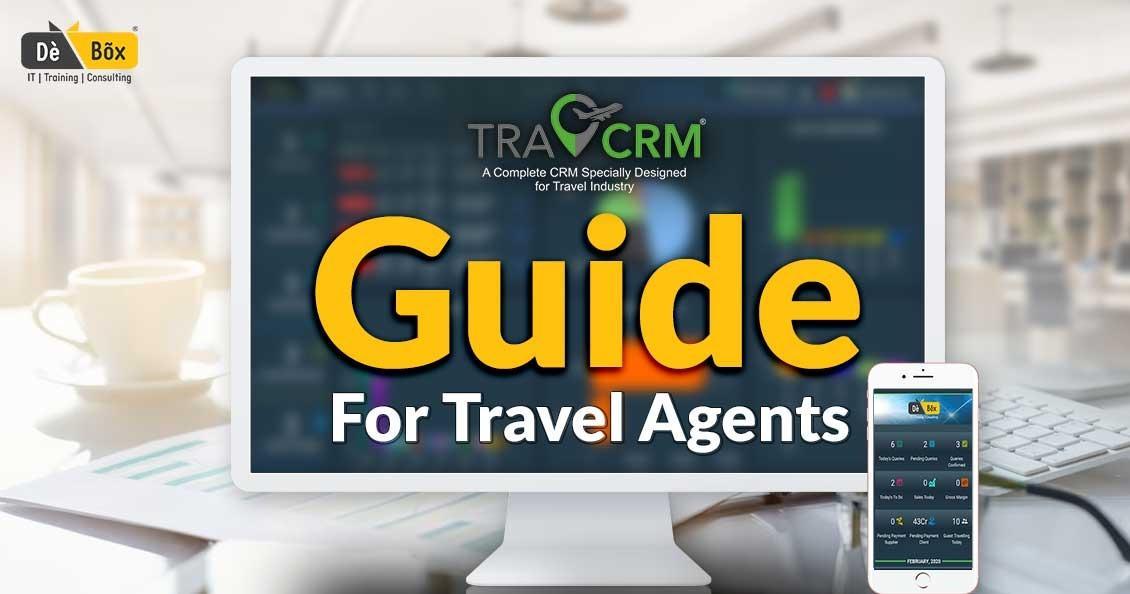

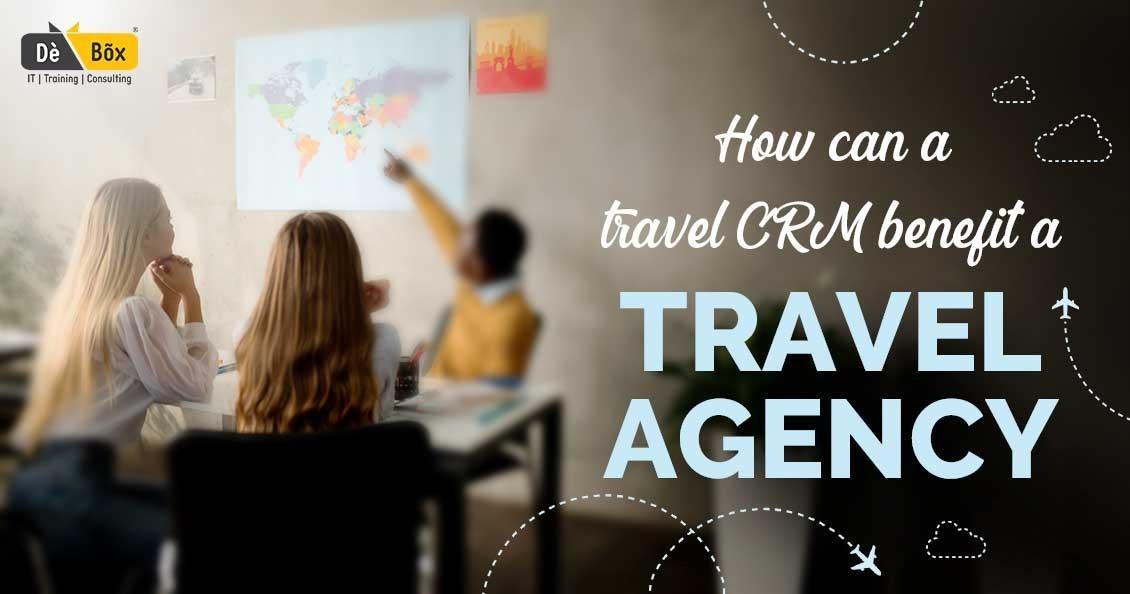
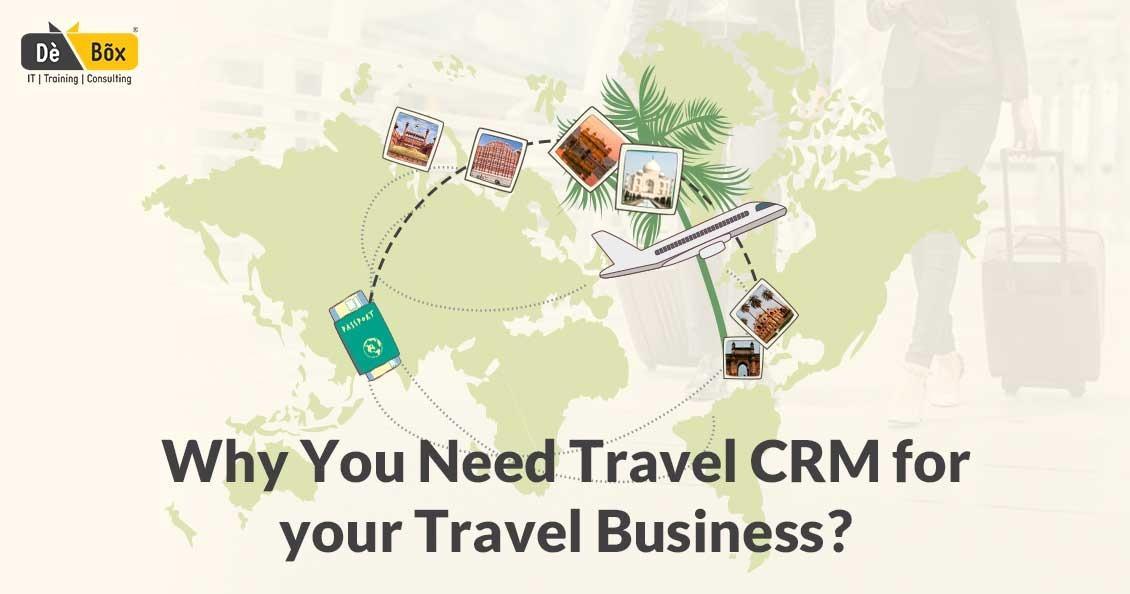

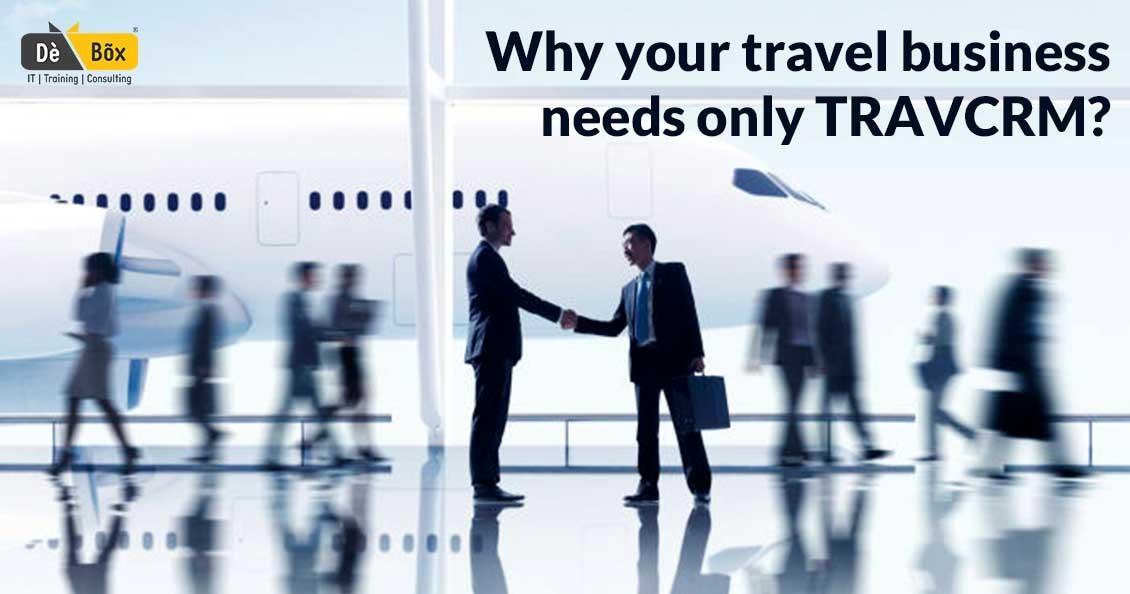
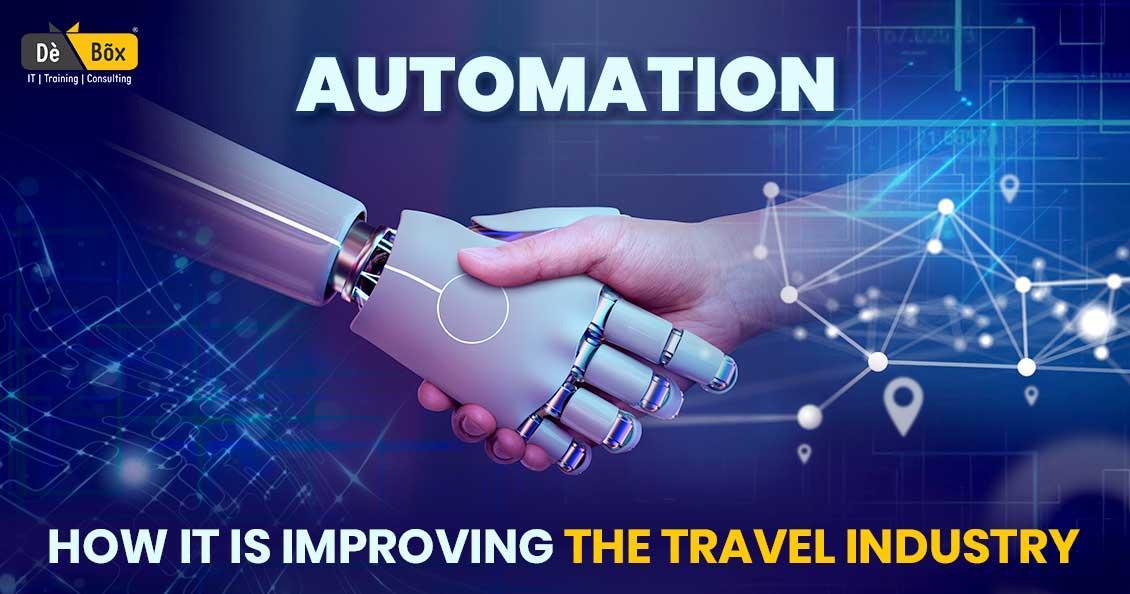
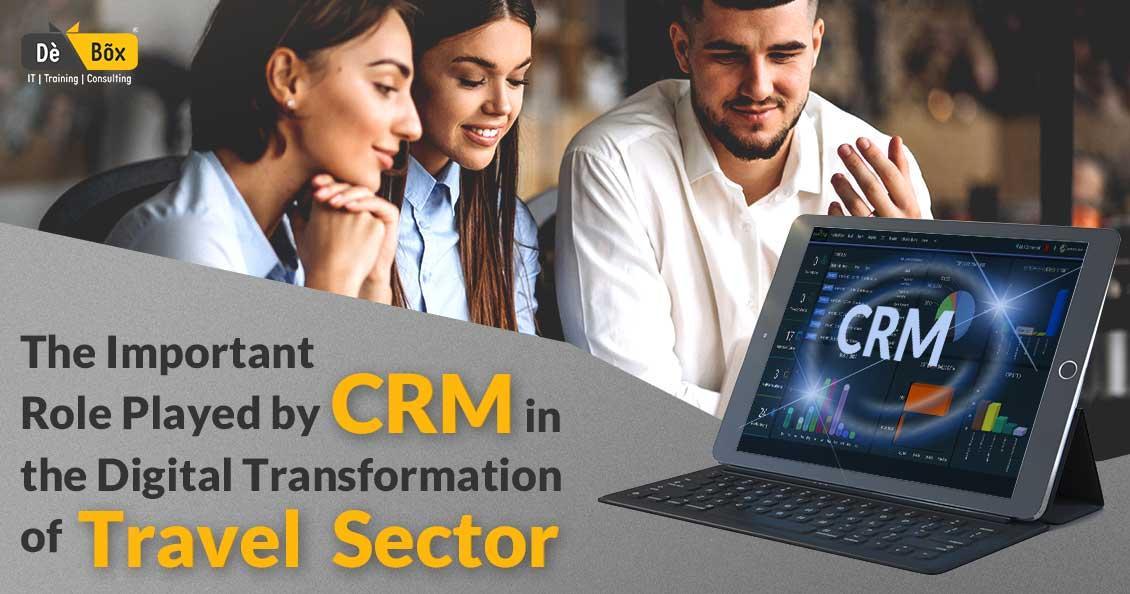
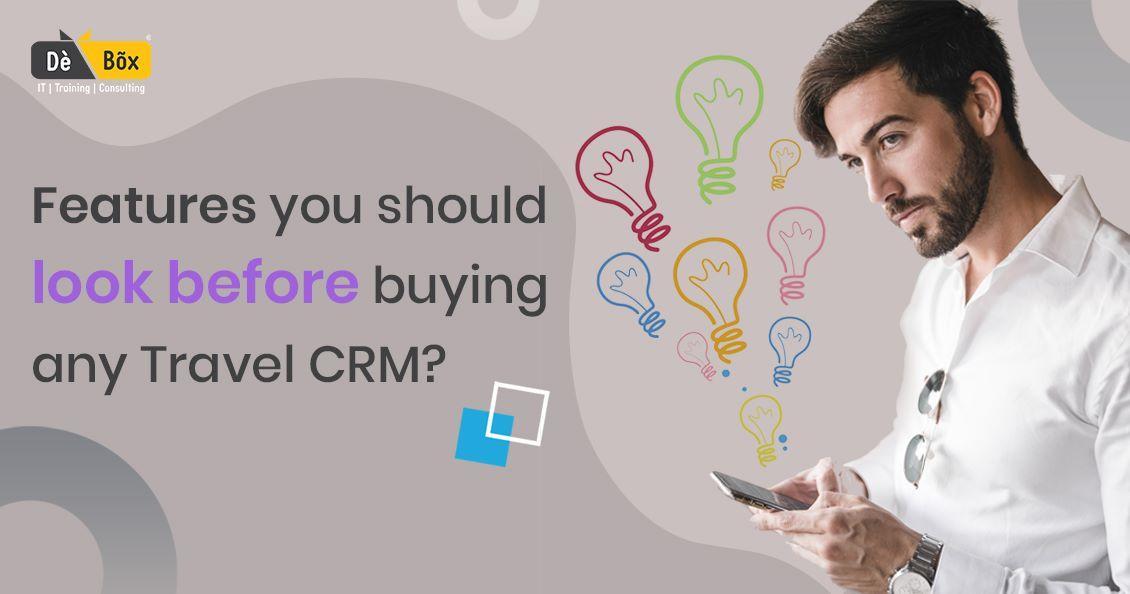
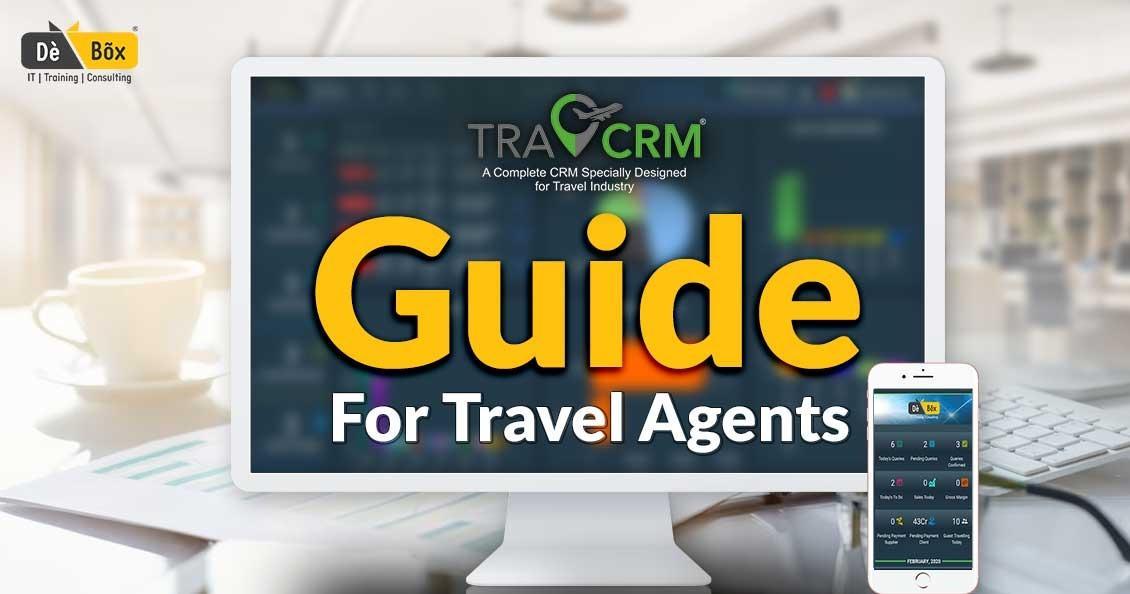
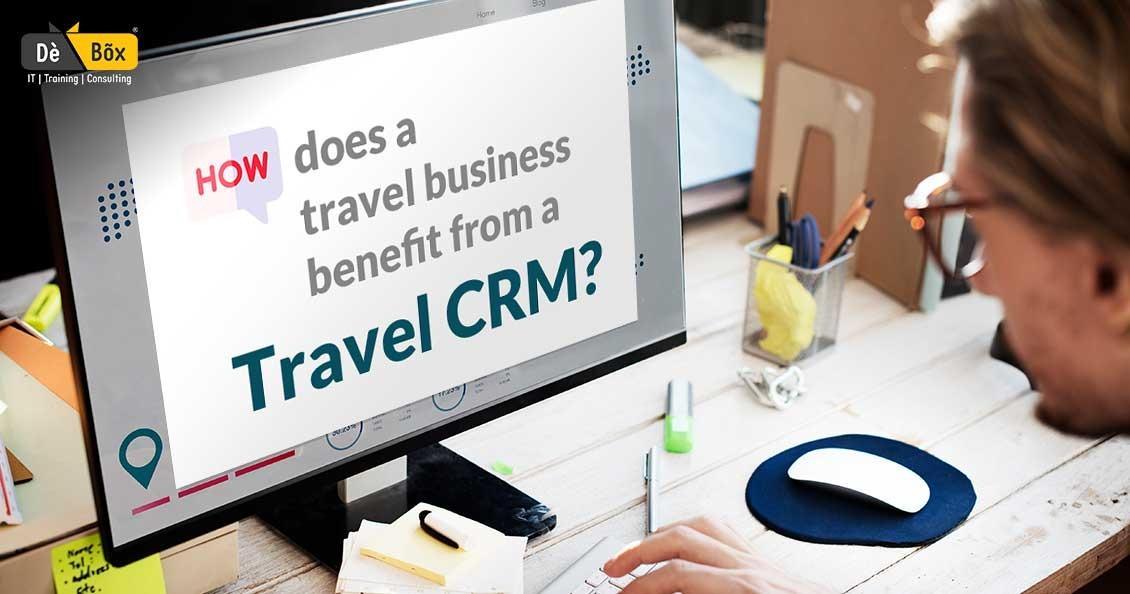
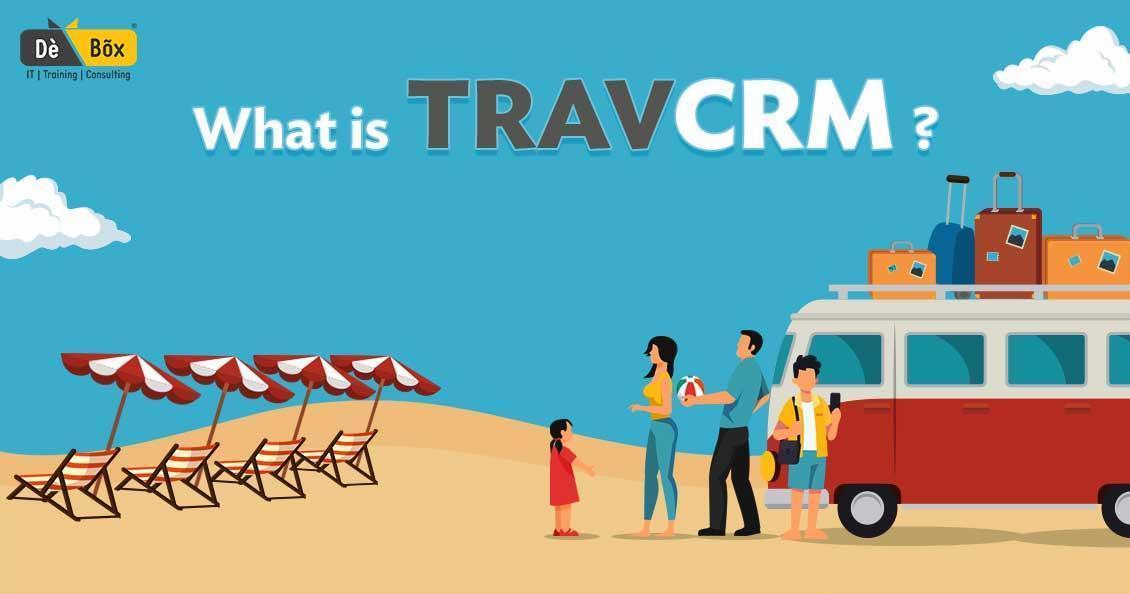
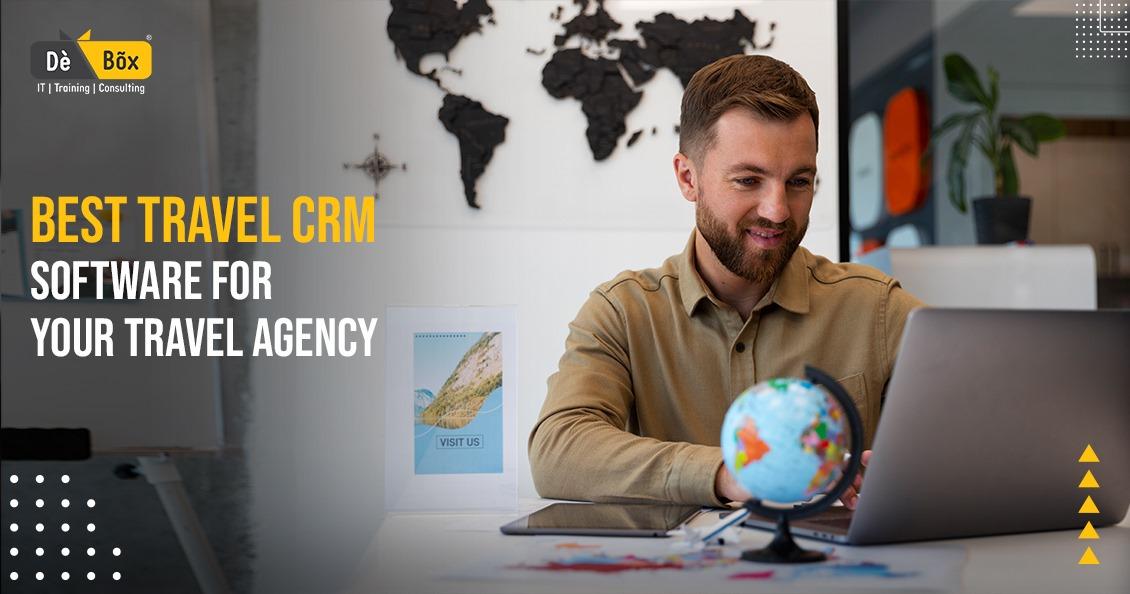
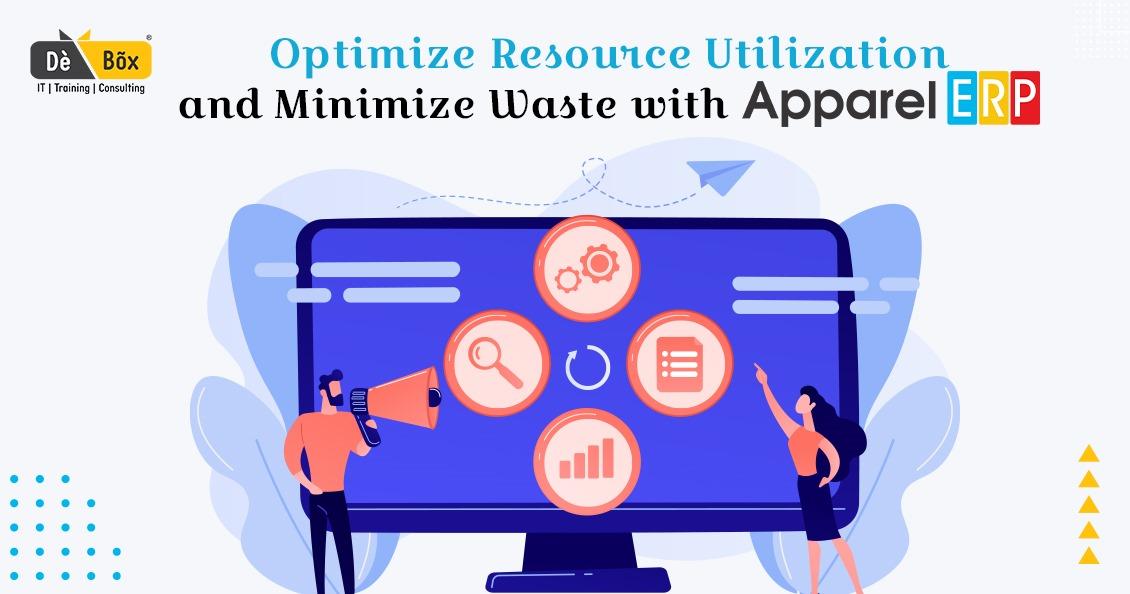
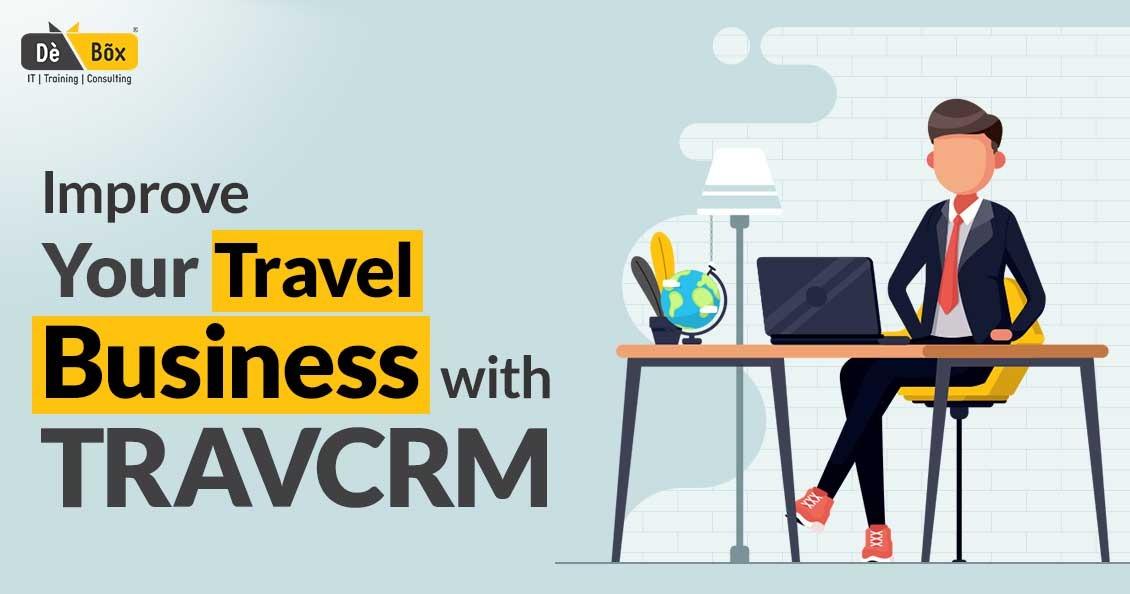
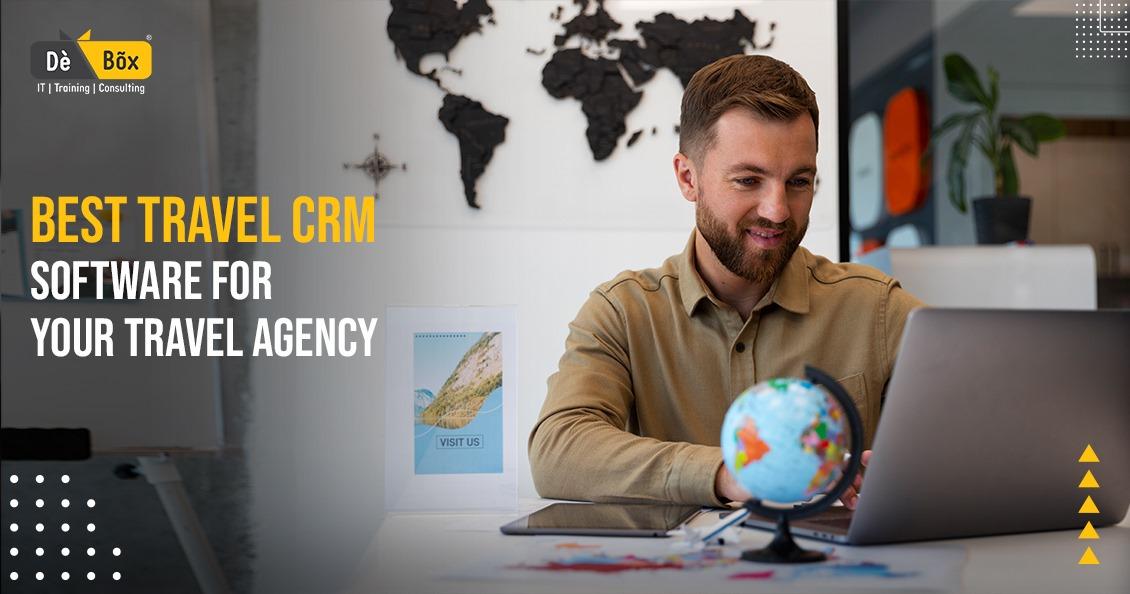
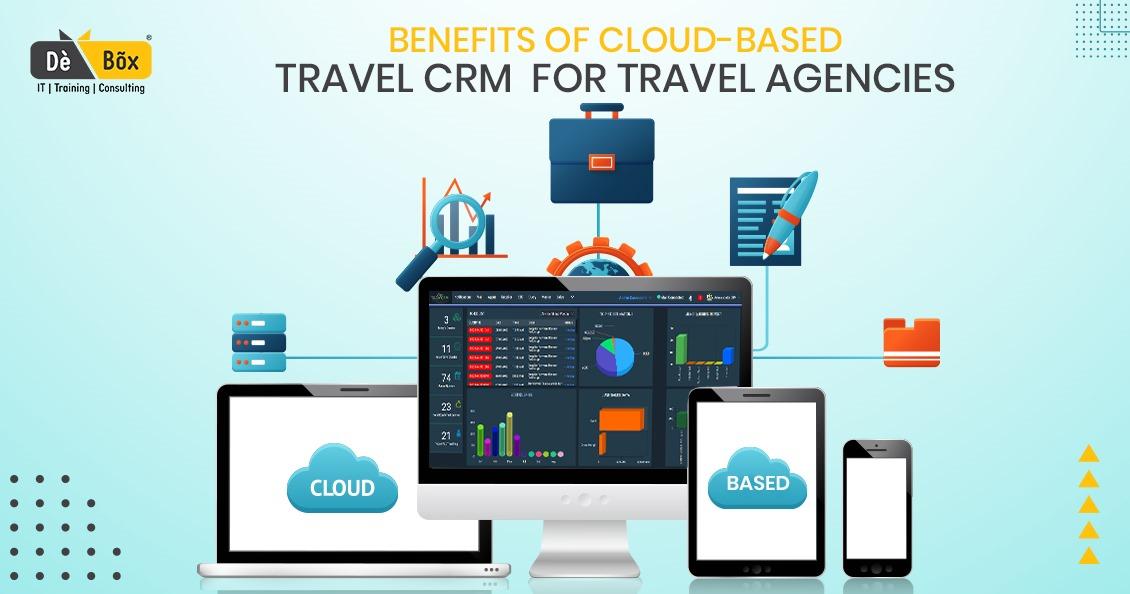
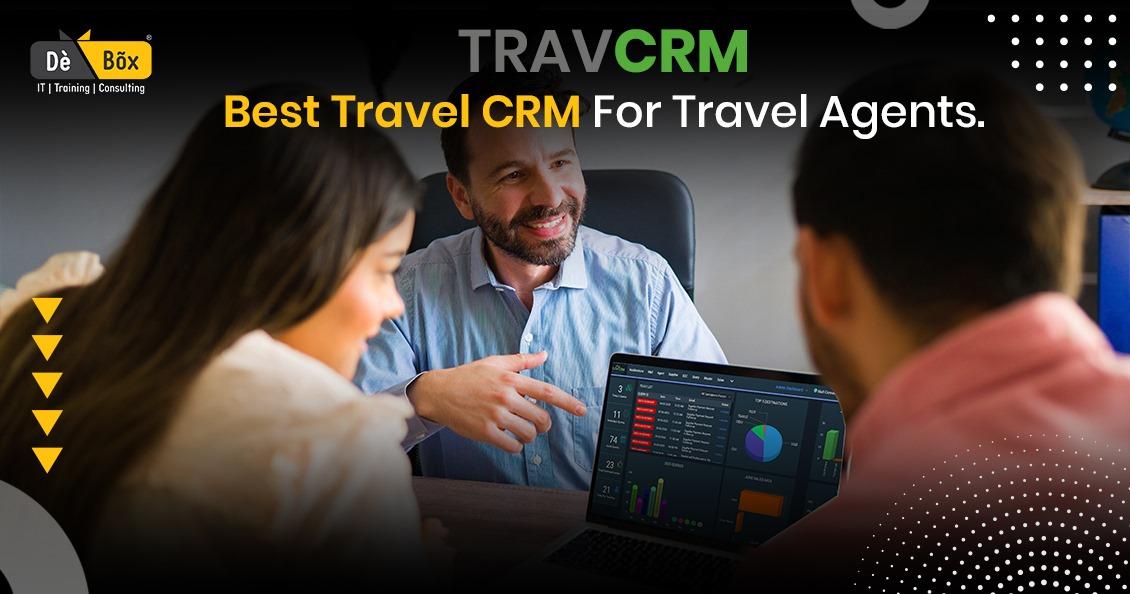

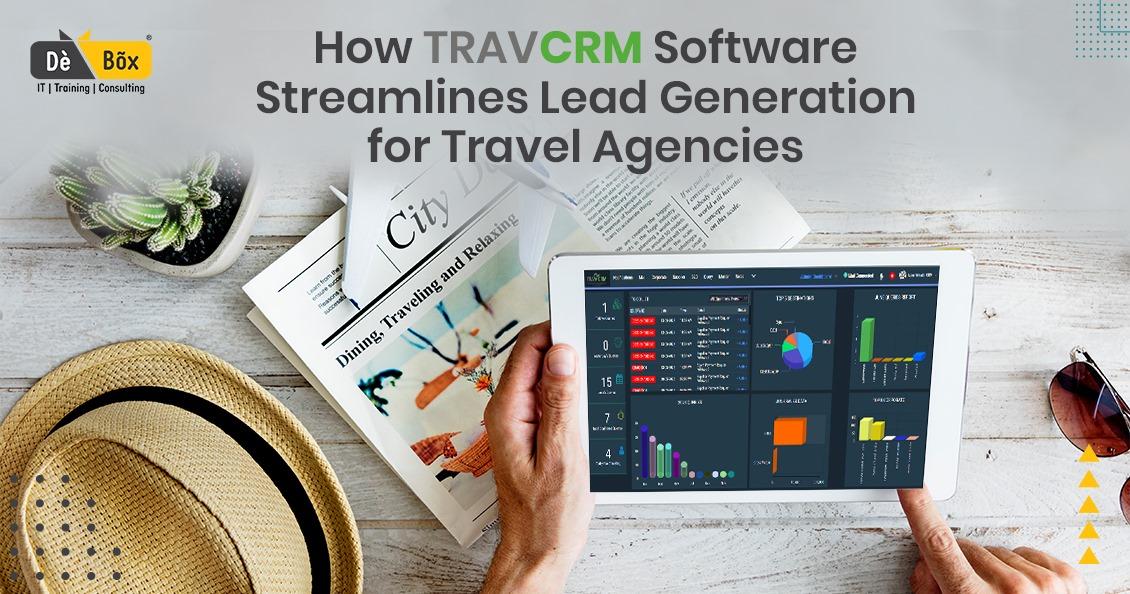
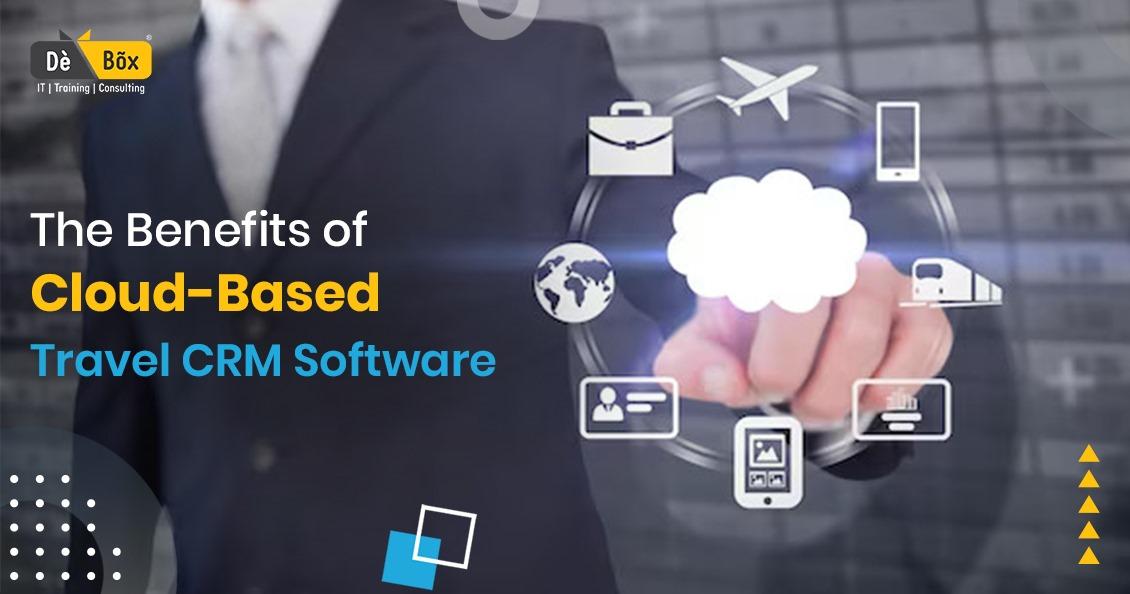
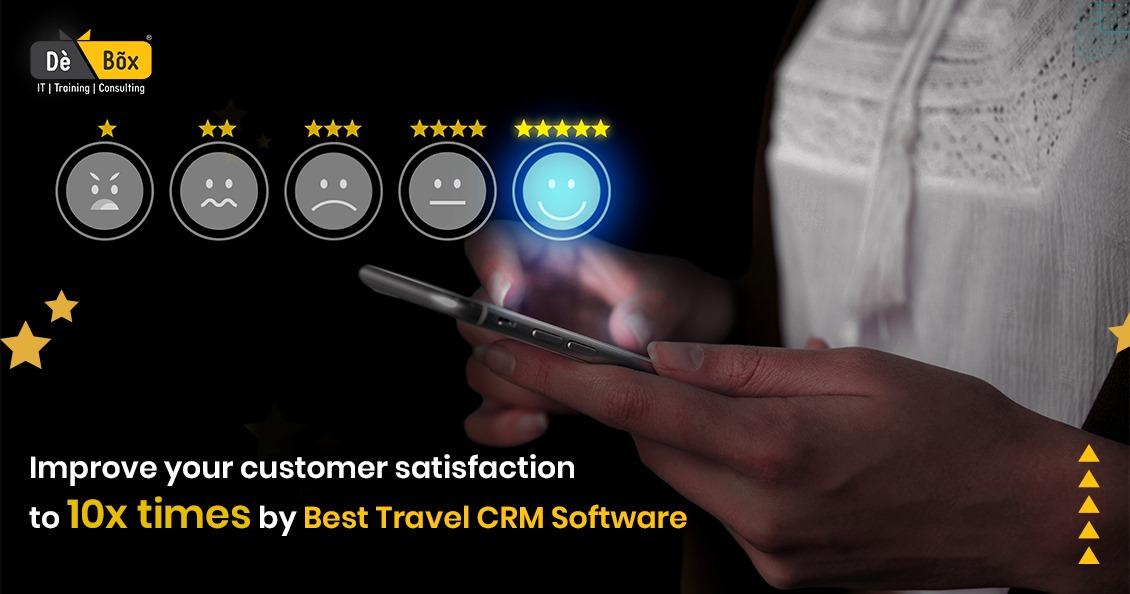
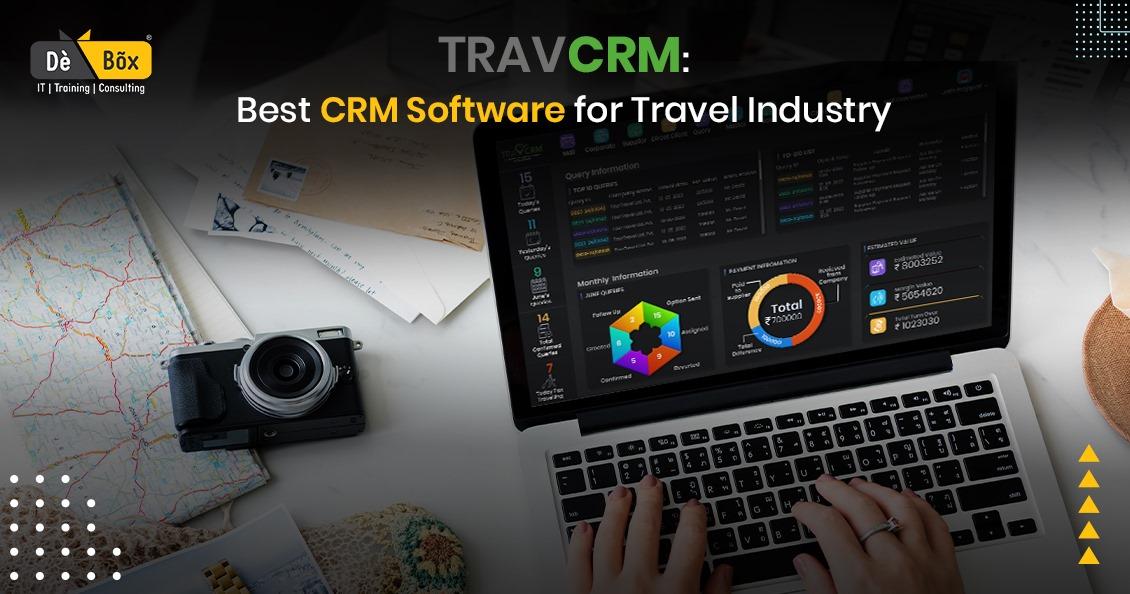
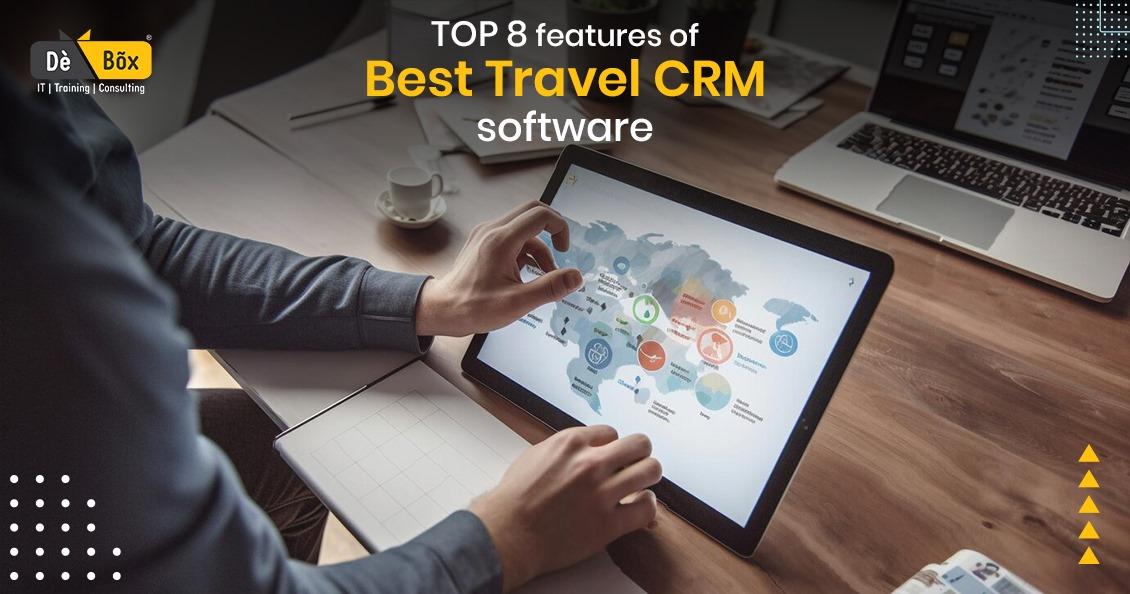
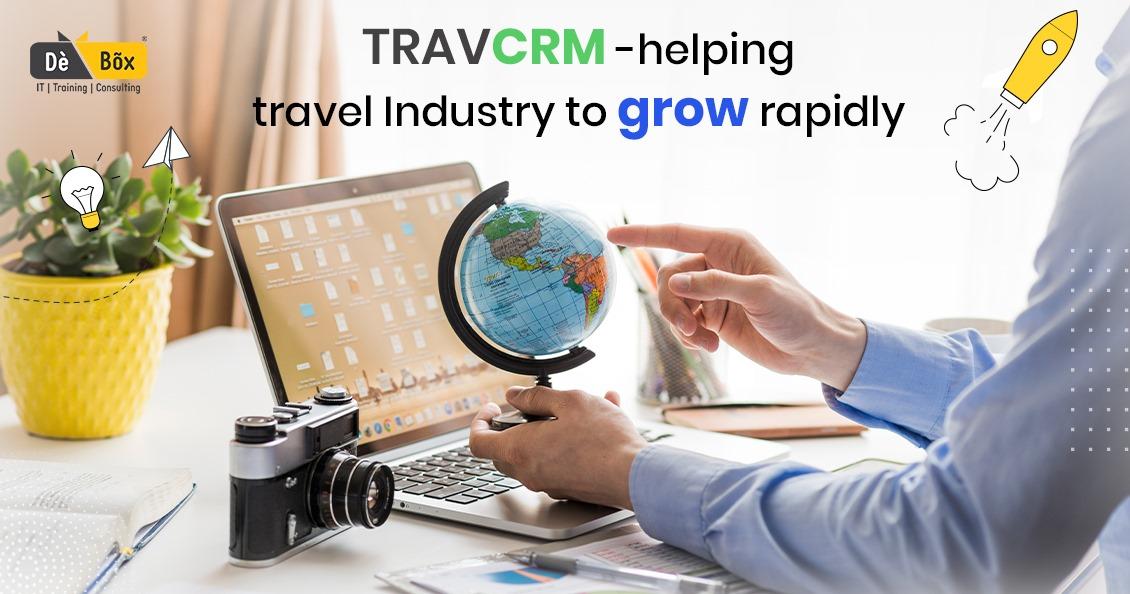
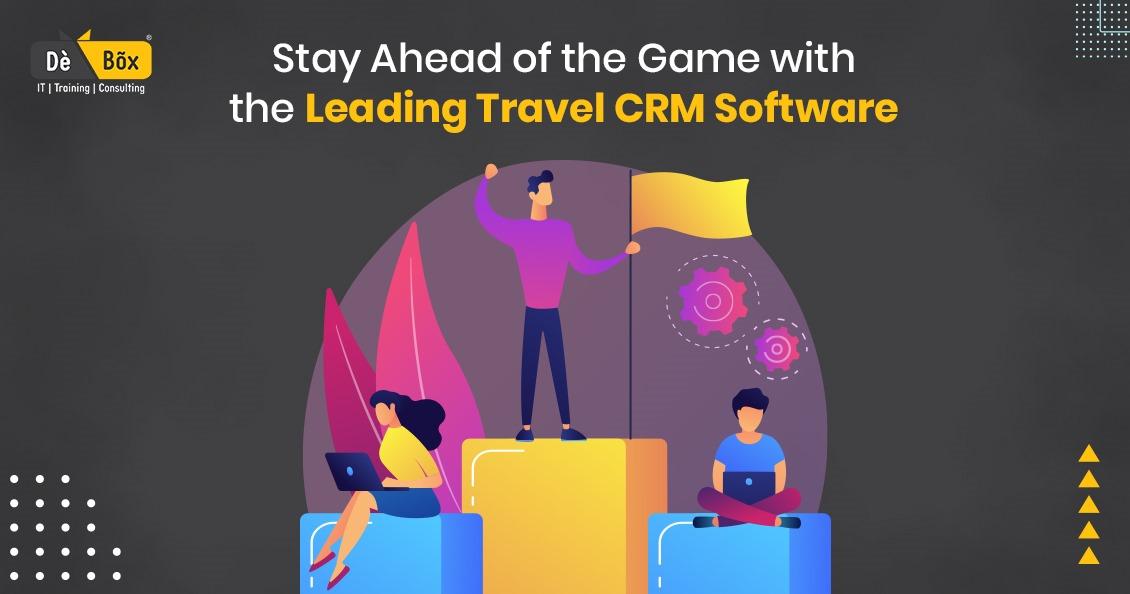
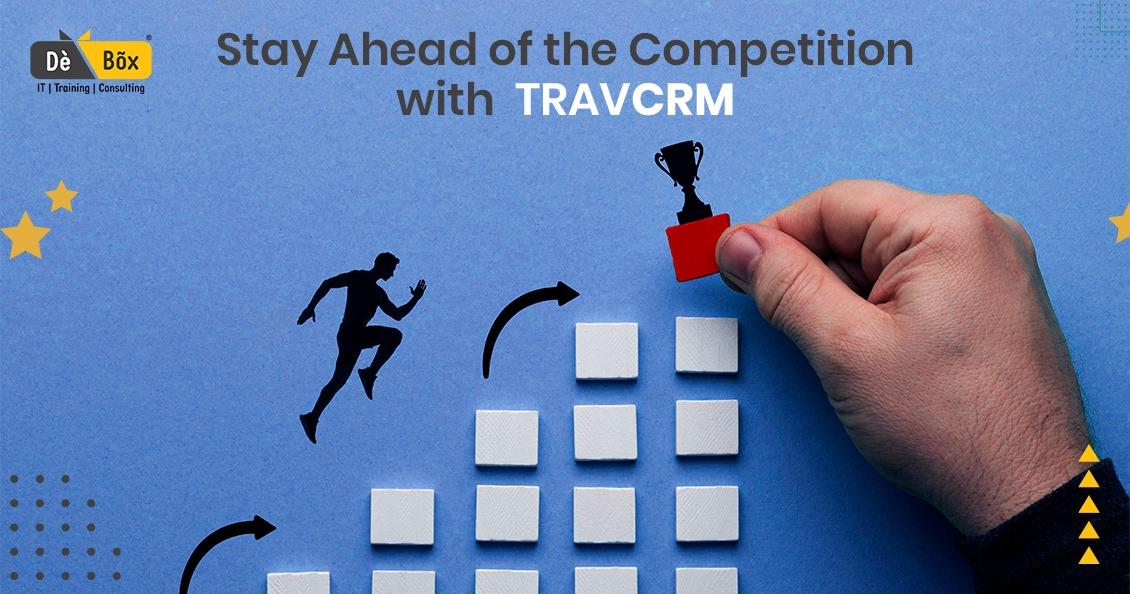
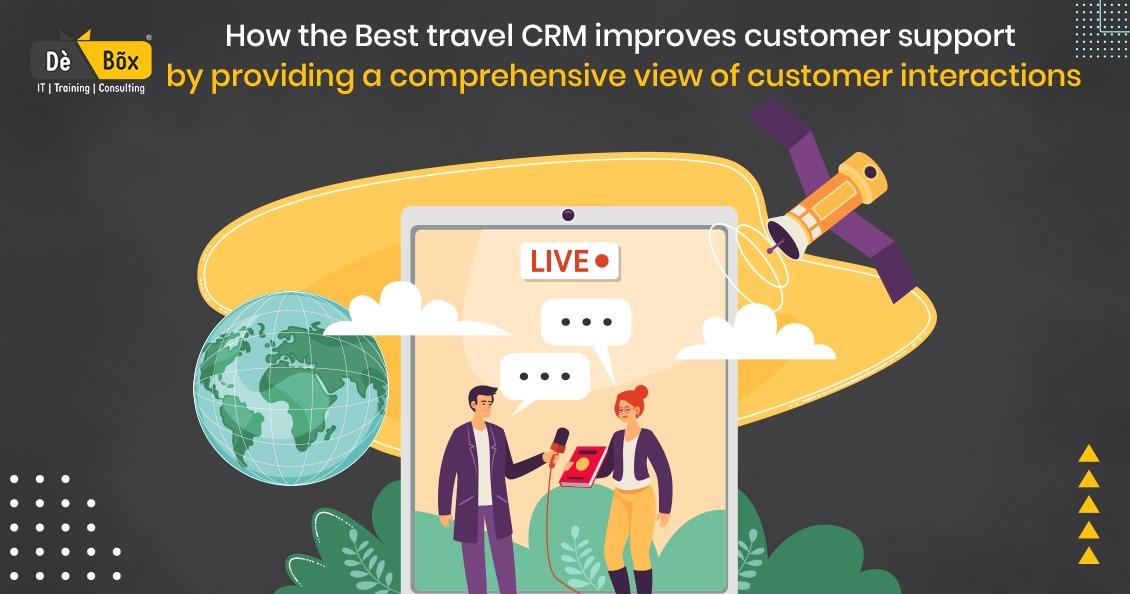
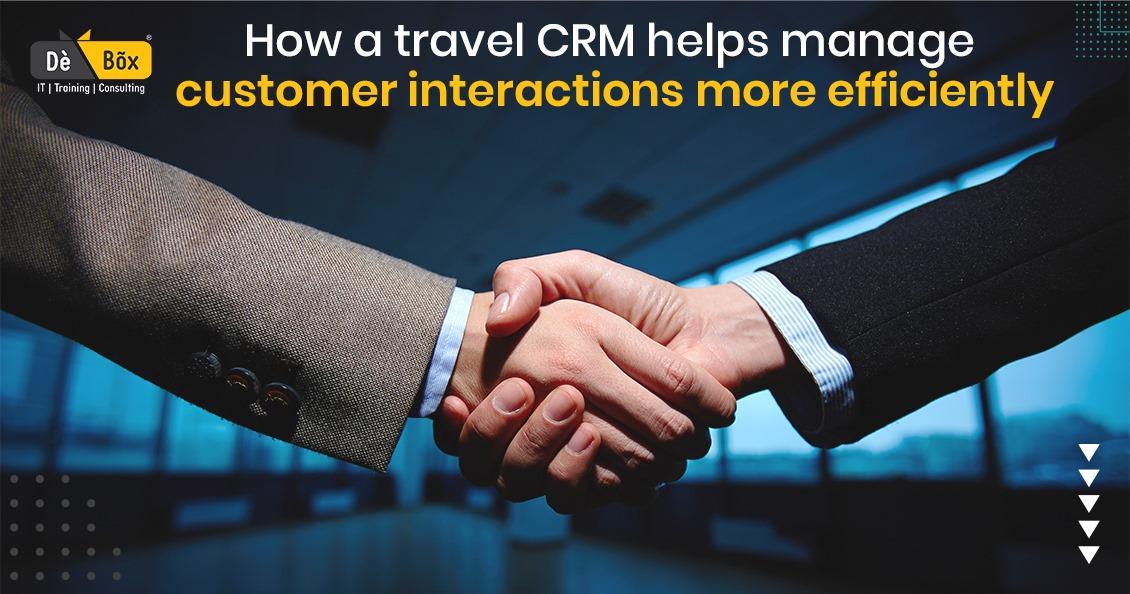

1691385195.jpeg)
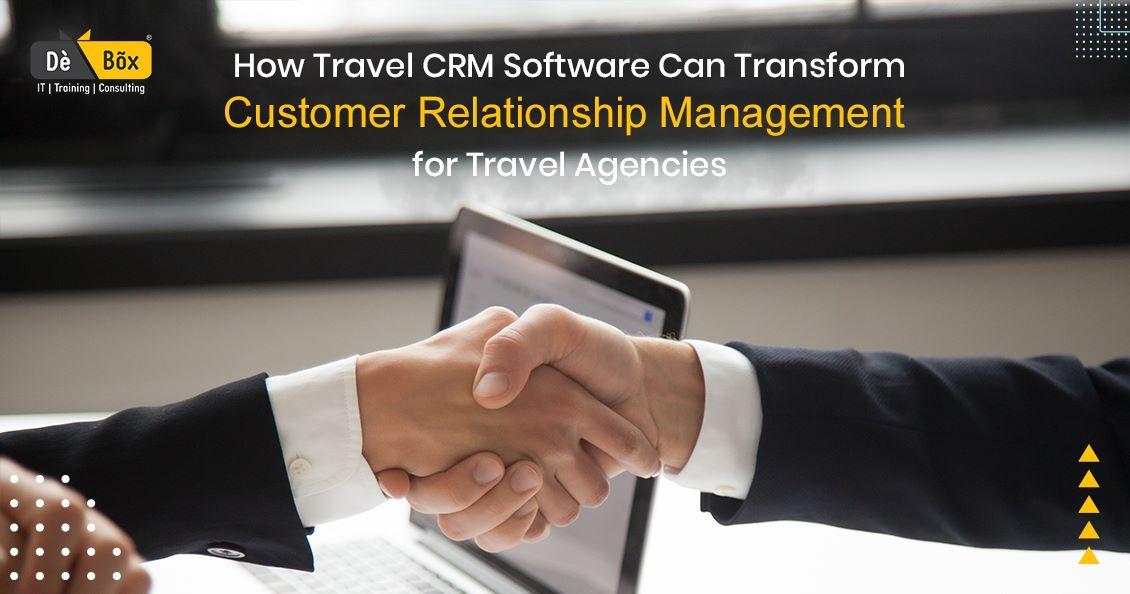
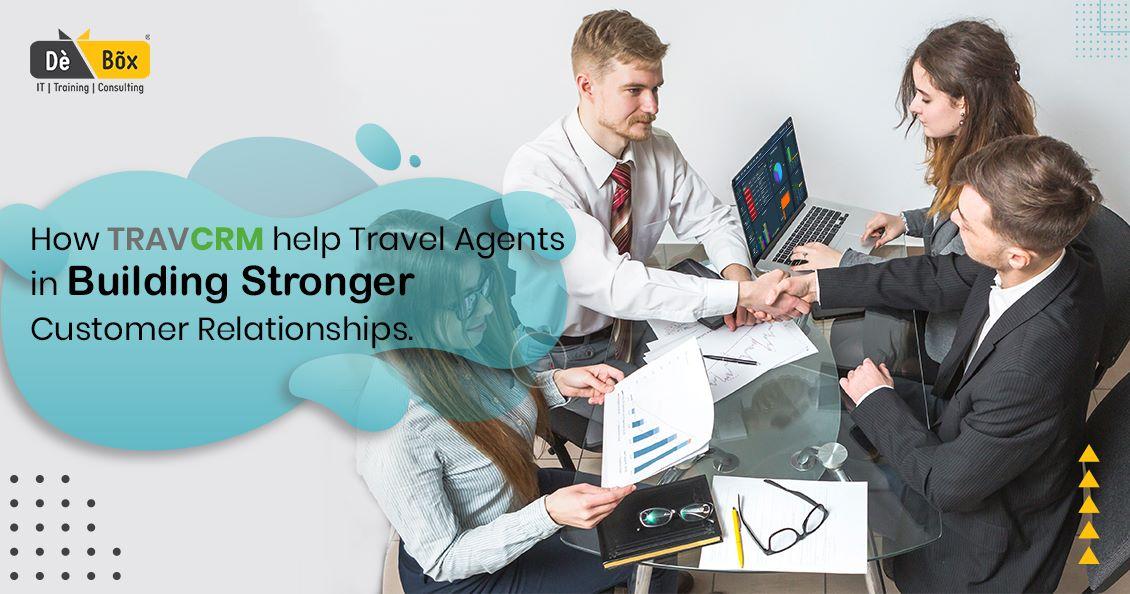
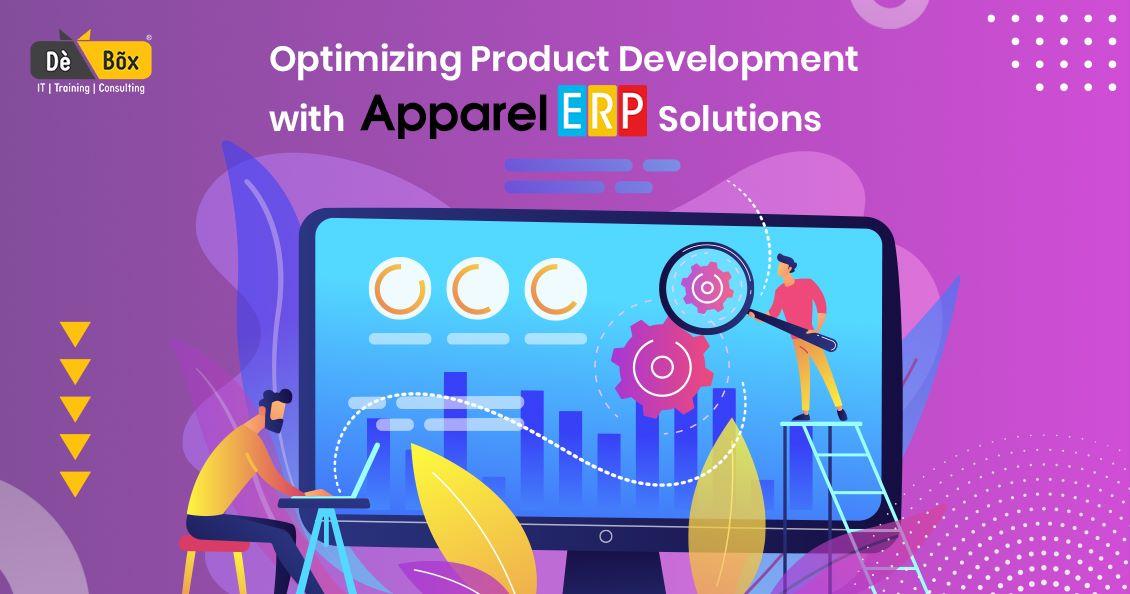


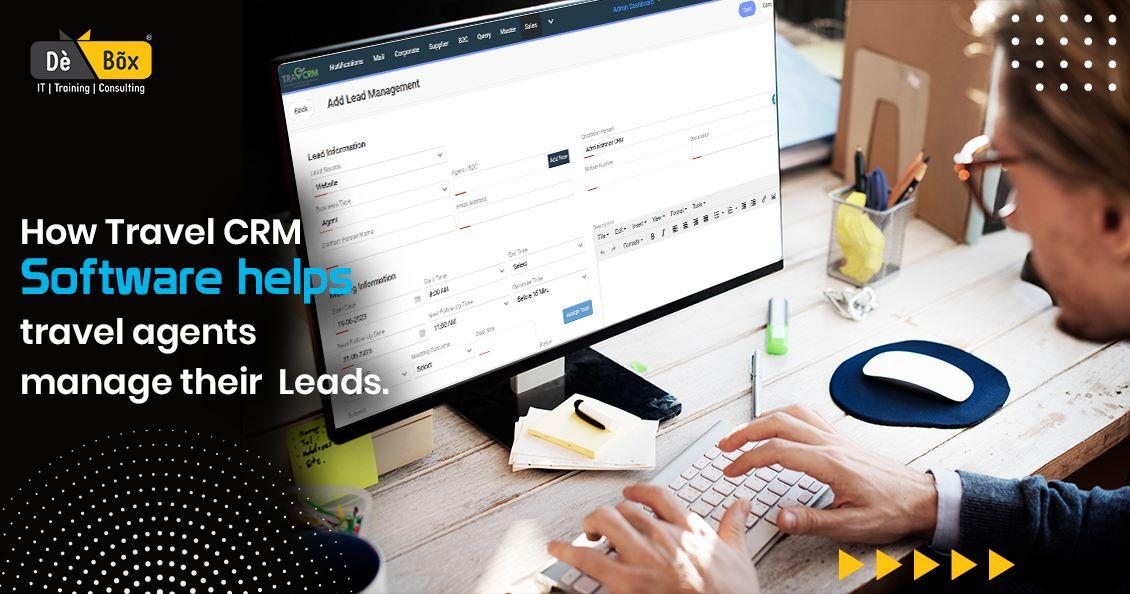

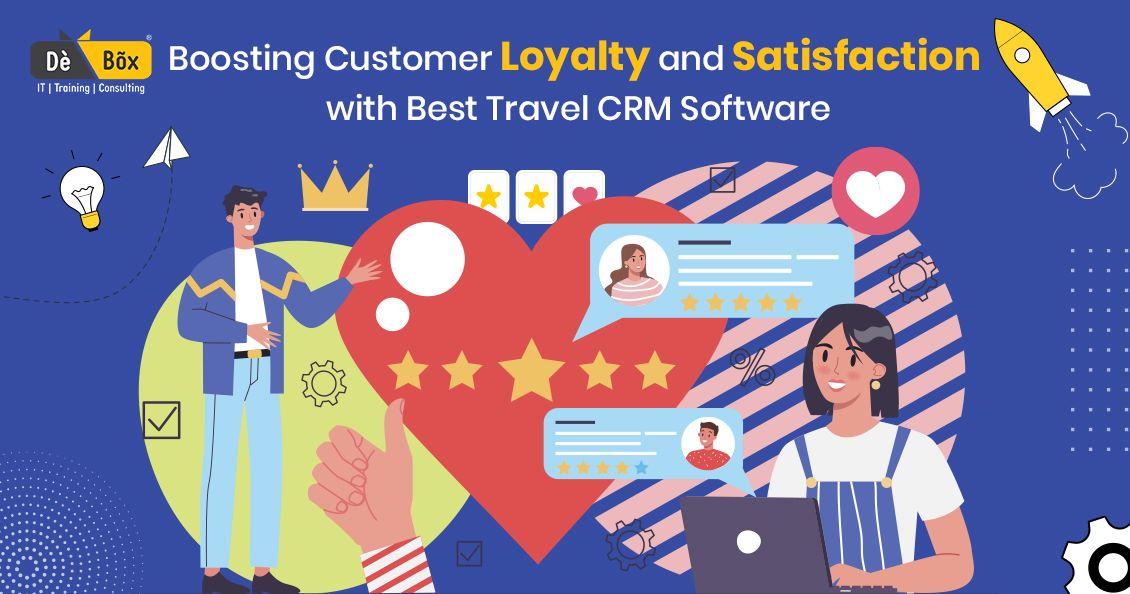
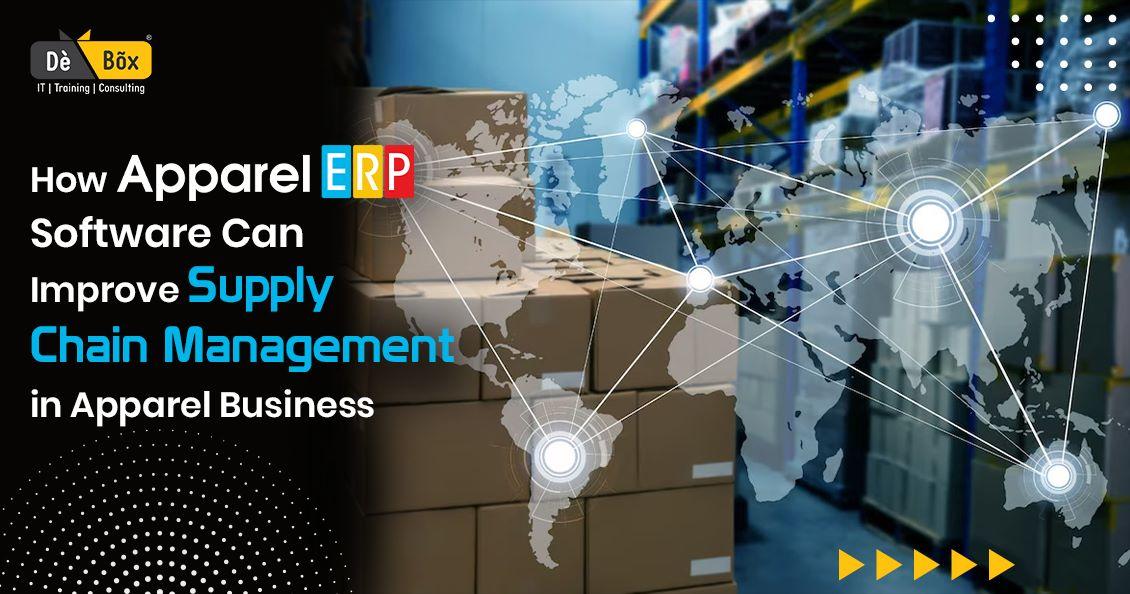
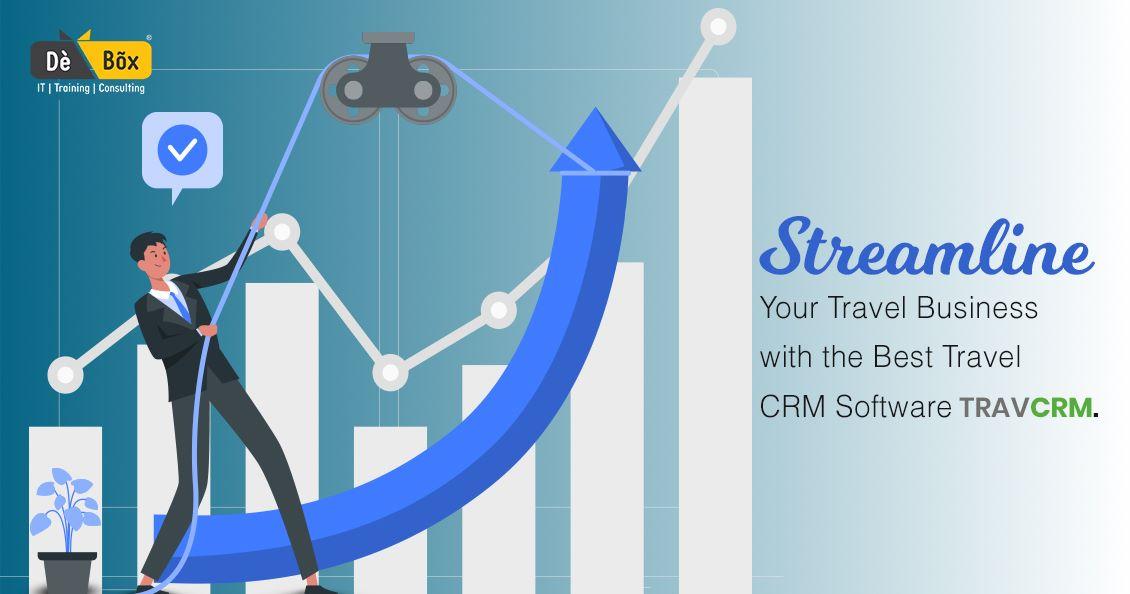
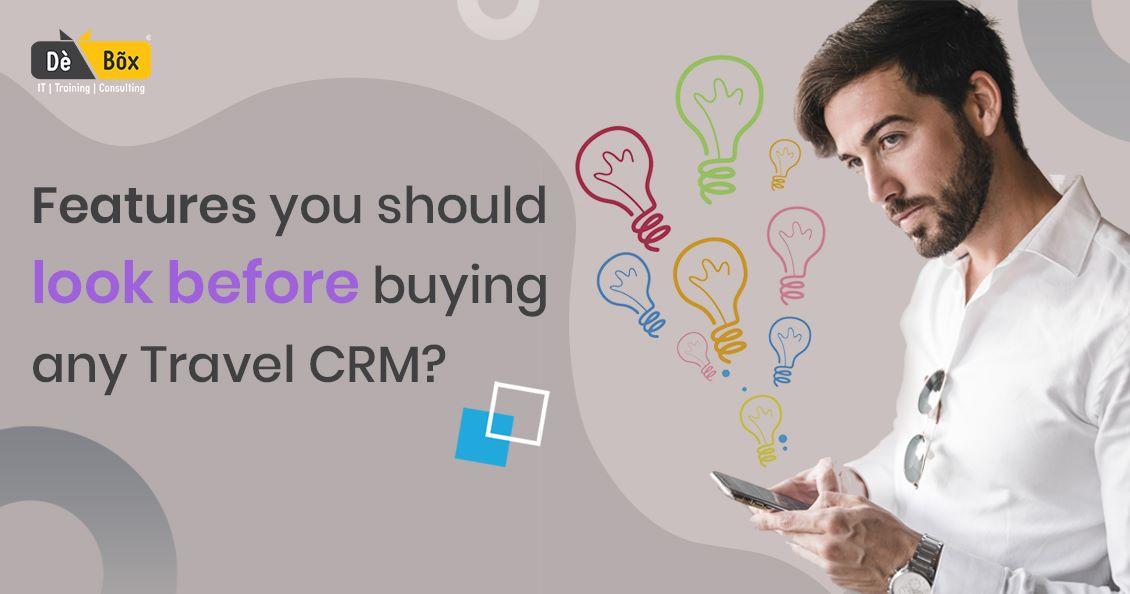

1683892664.jpg)
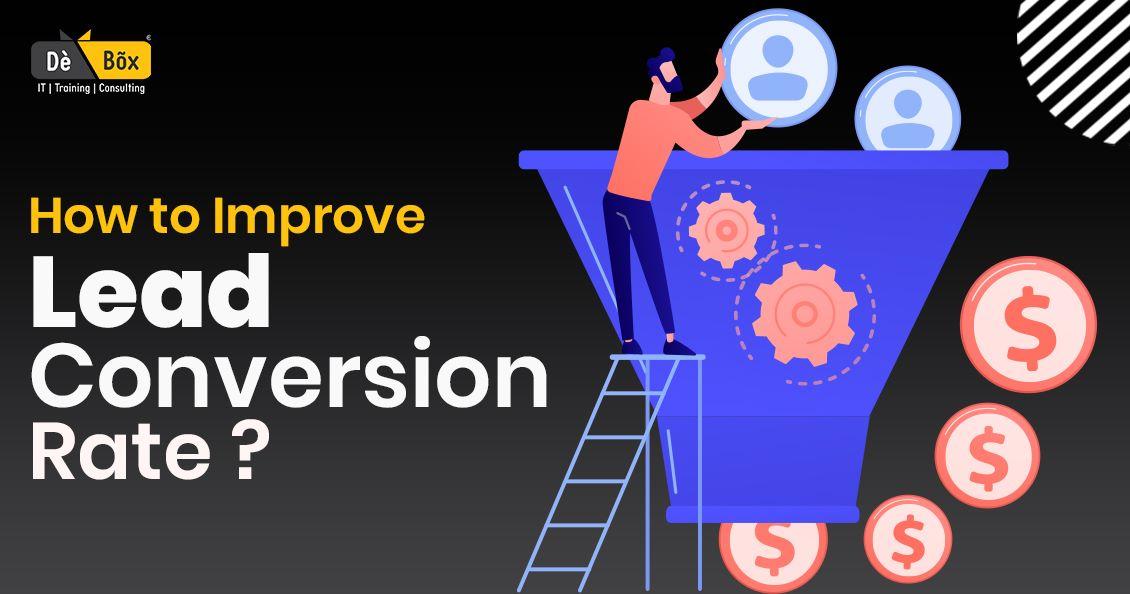
1677833077.jpeg)
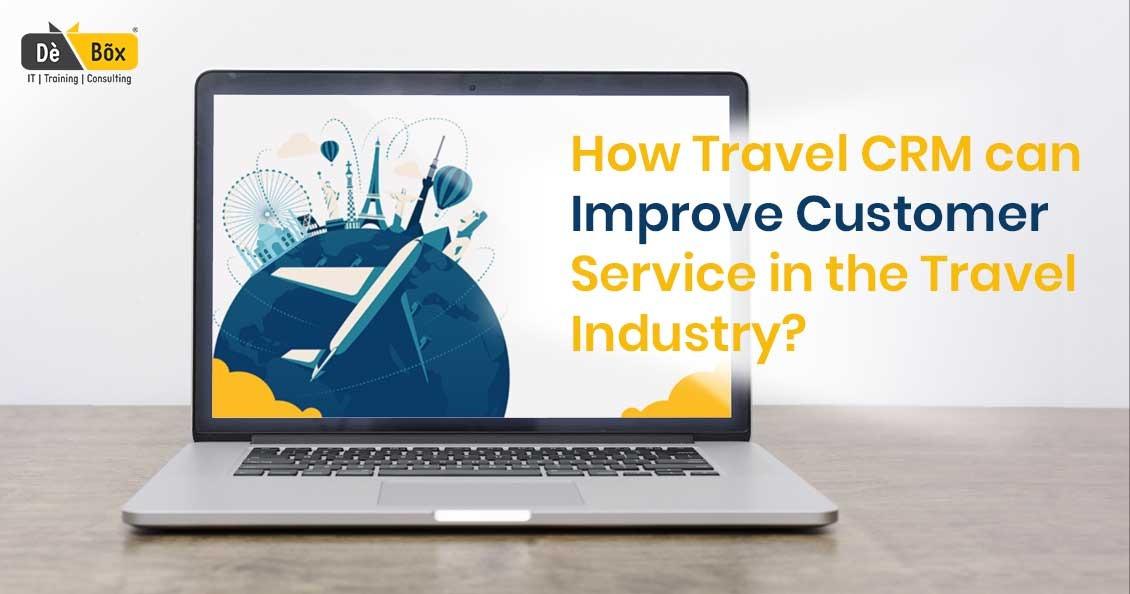

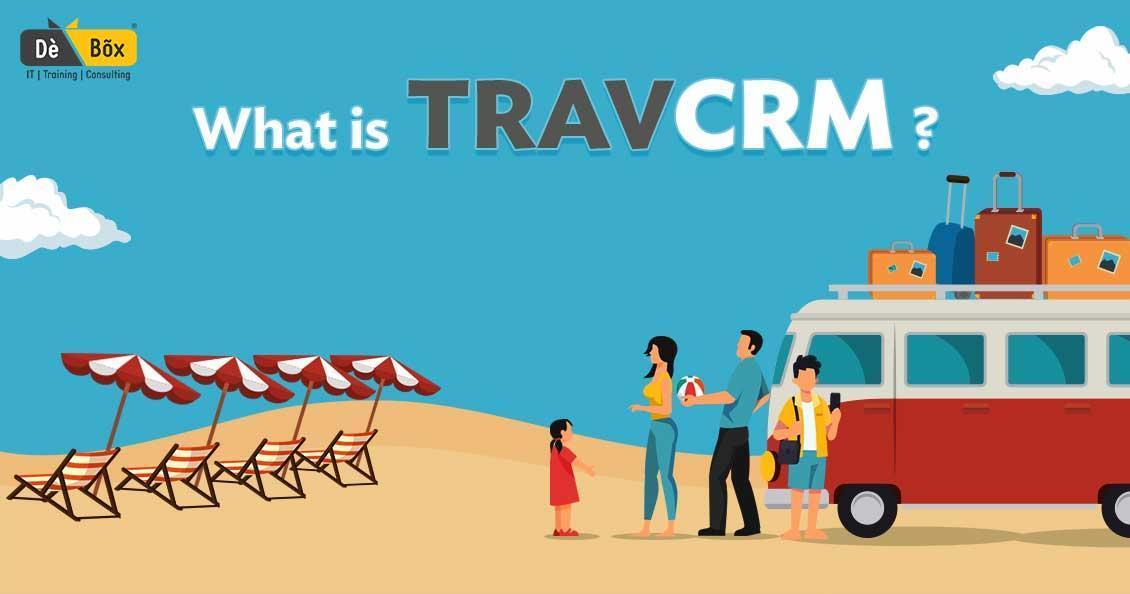

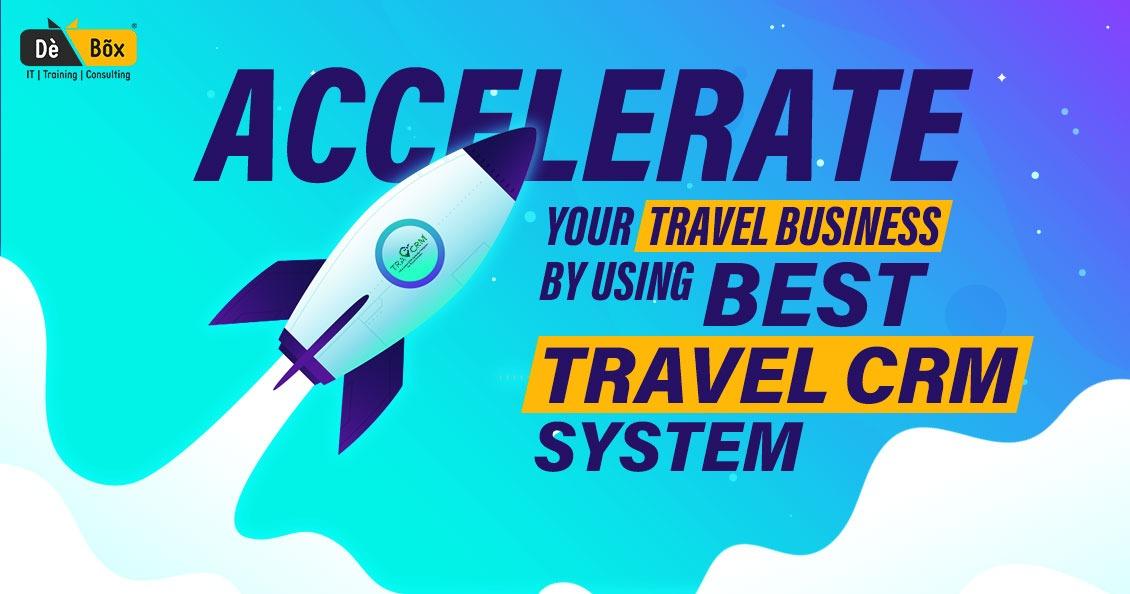


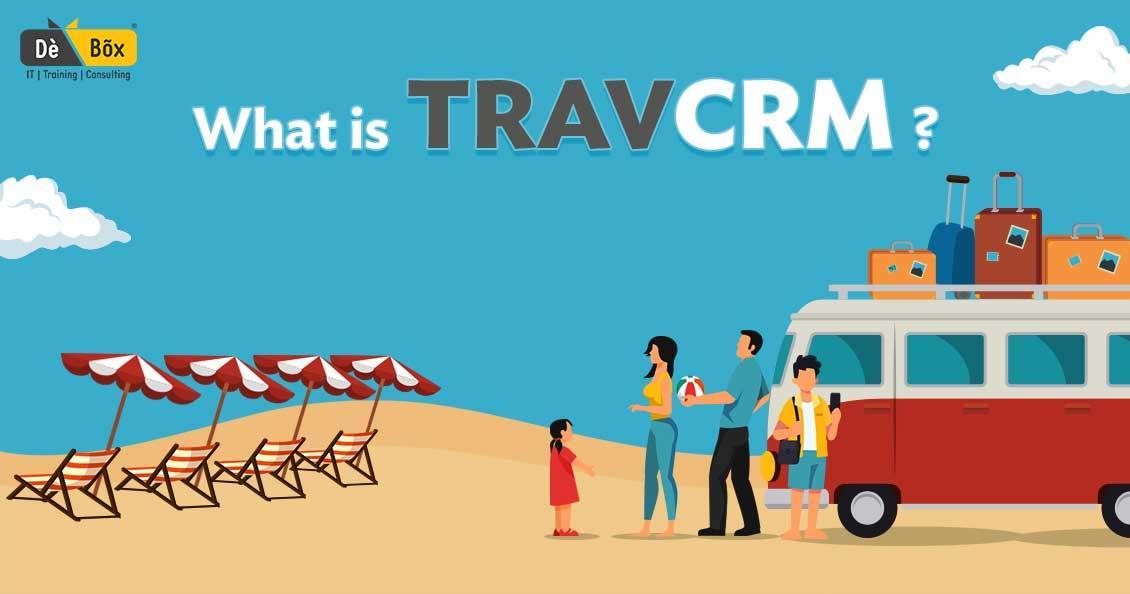
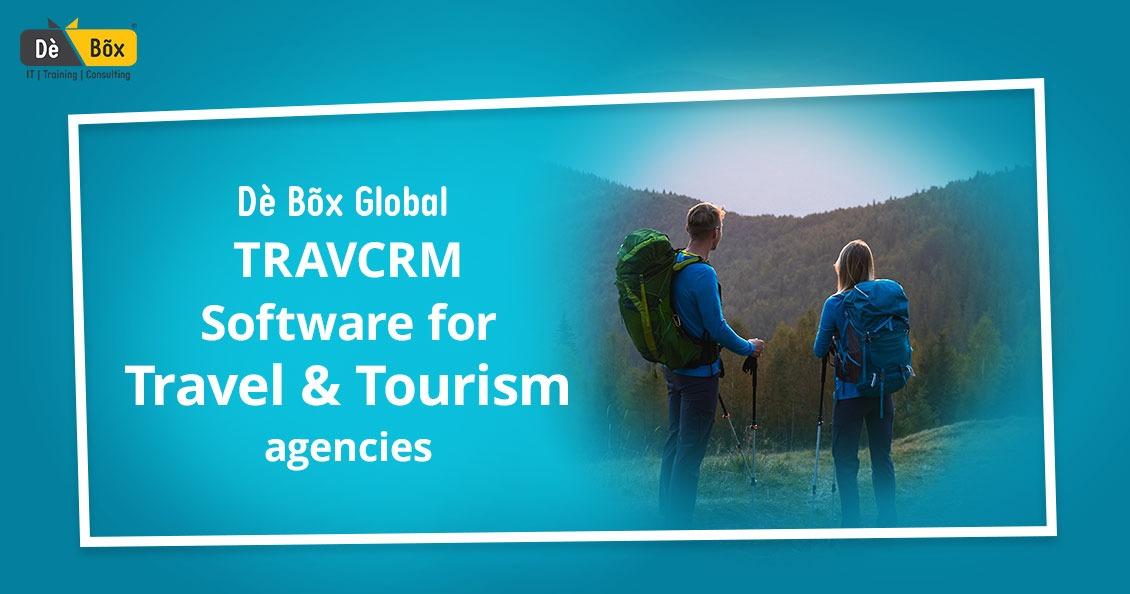

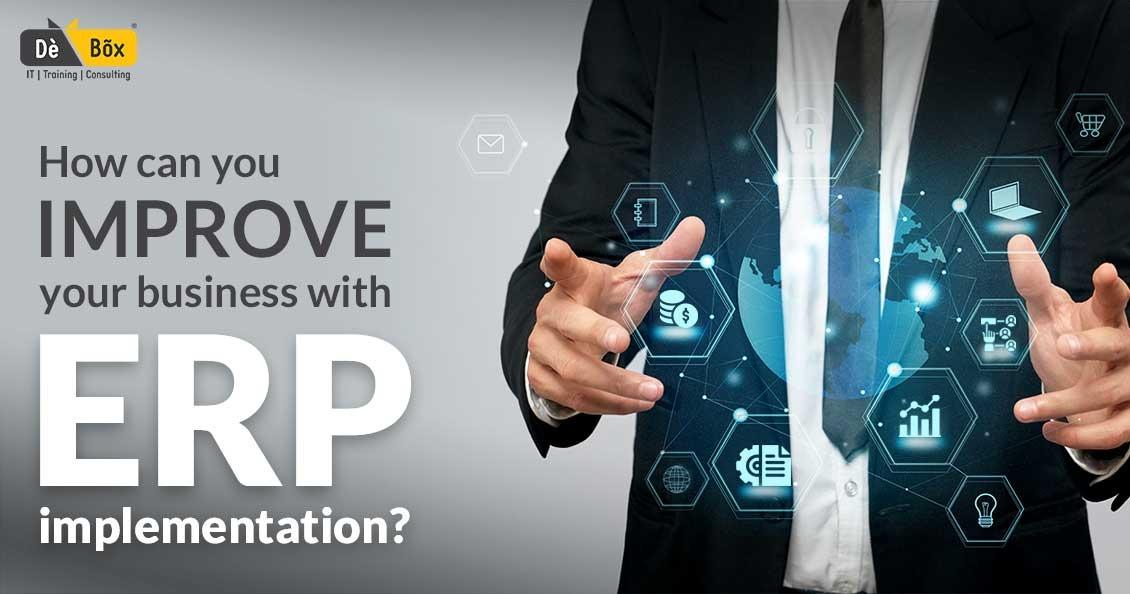

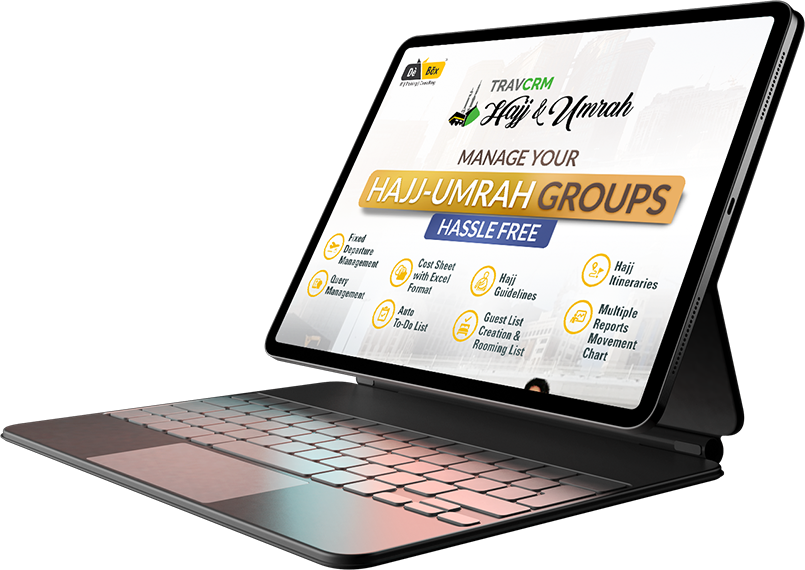


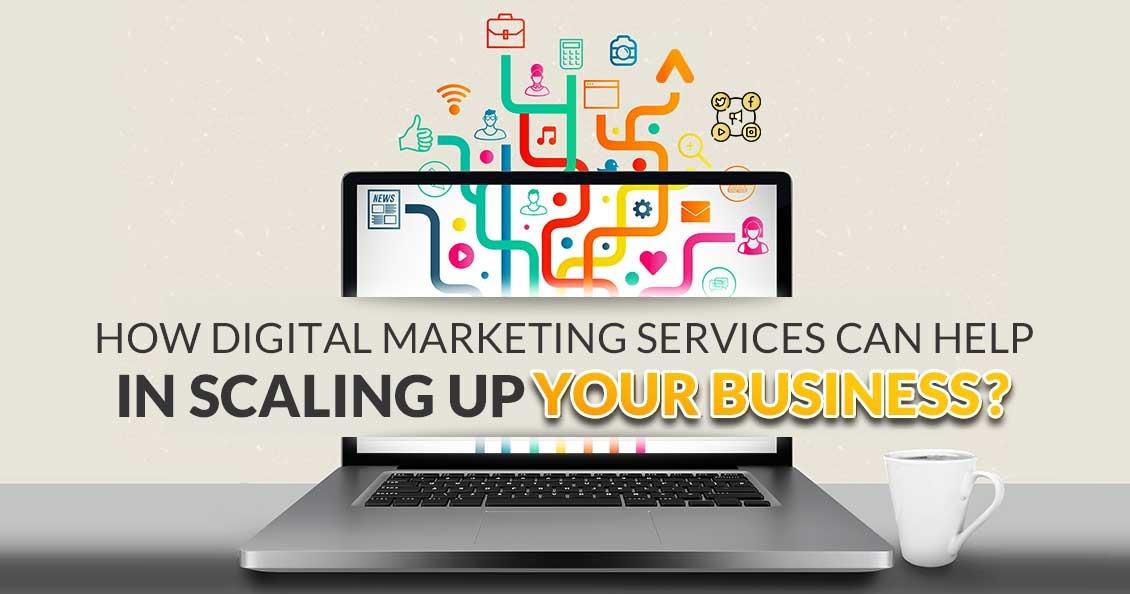

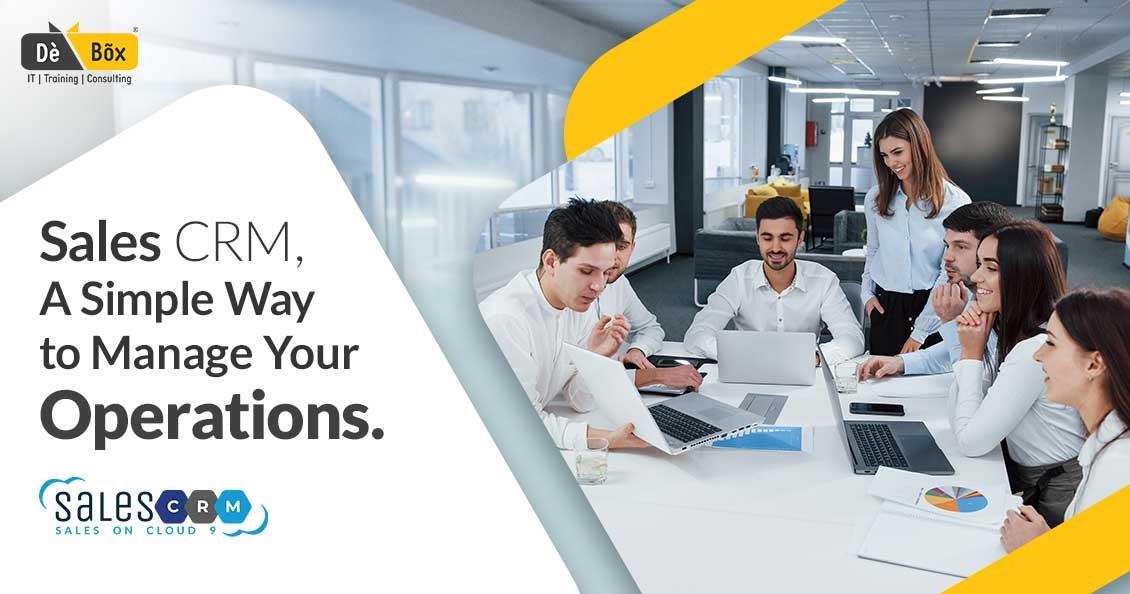
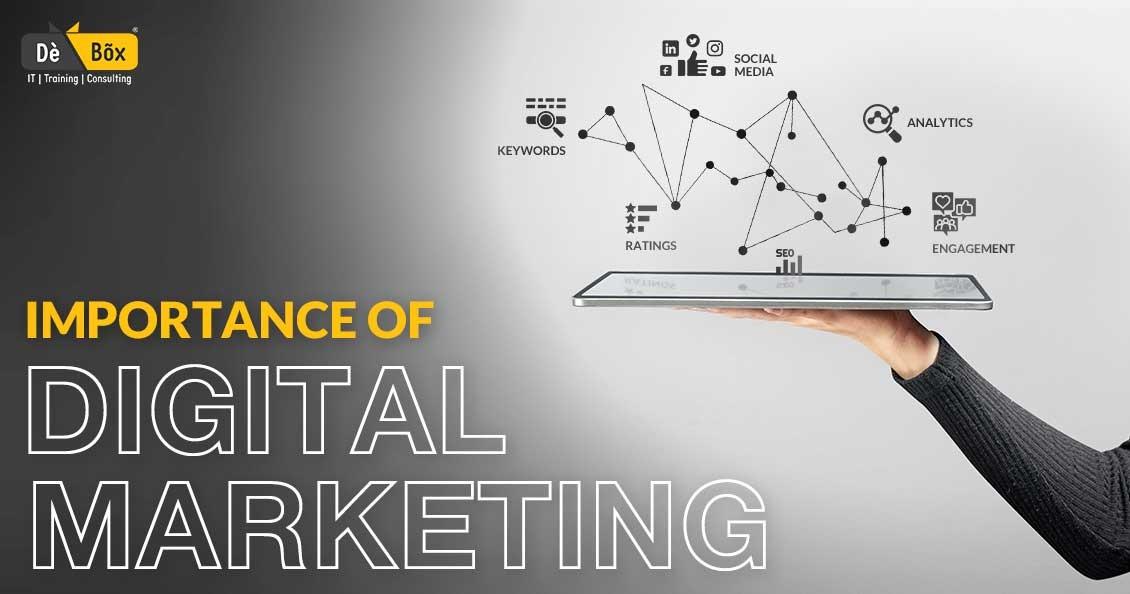

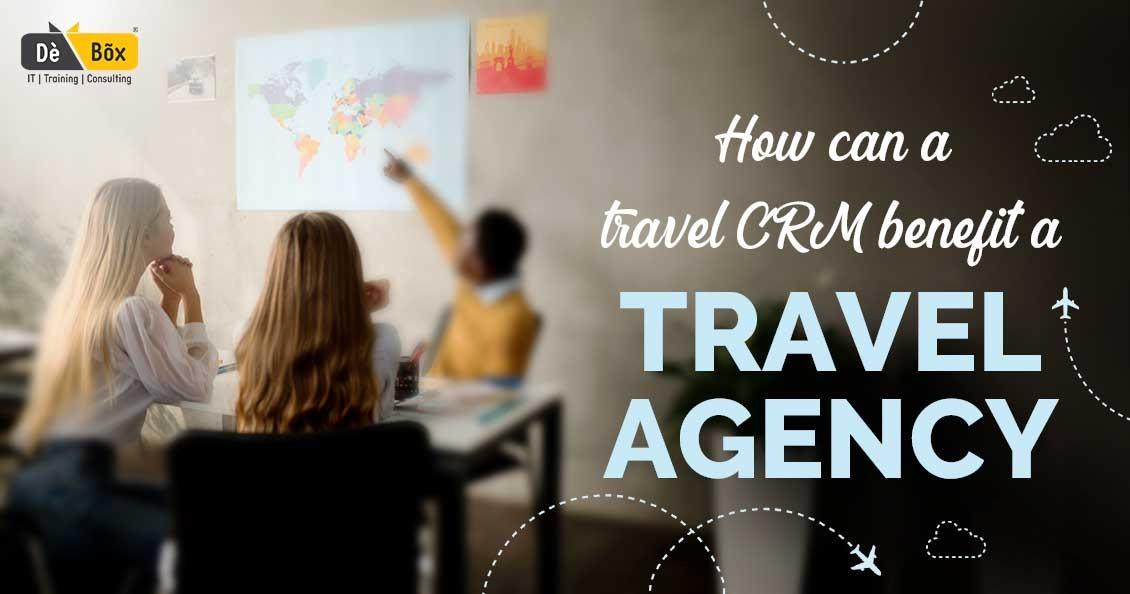
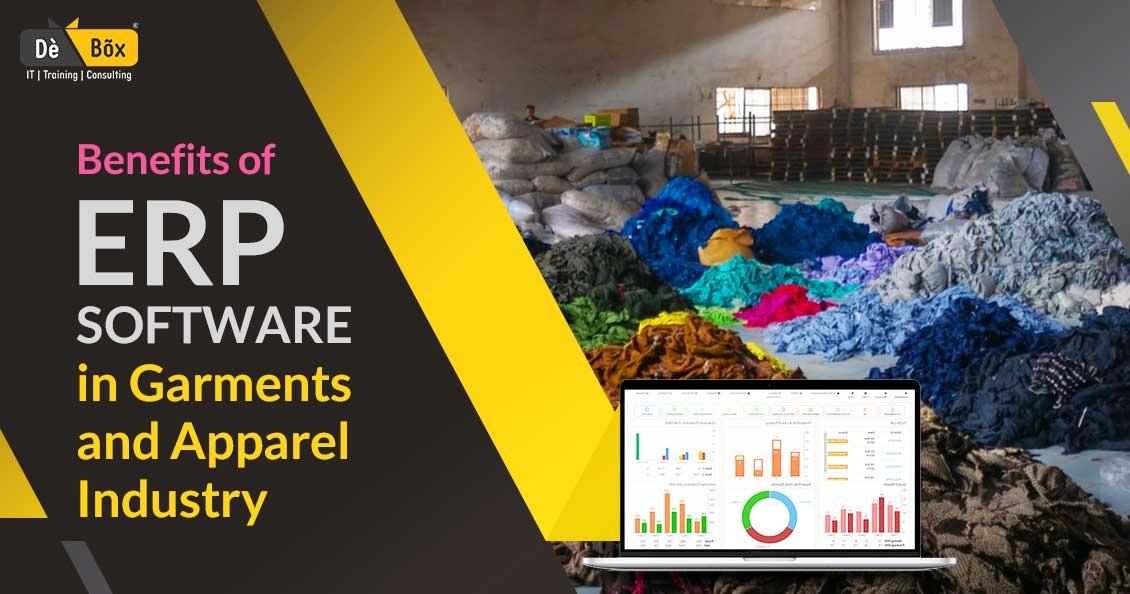
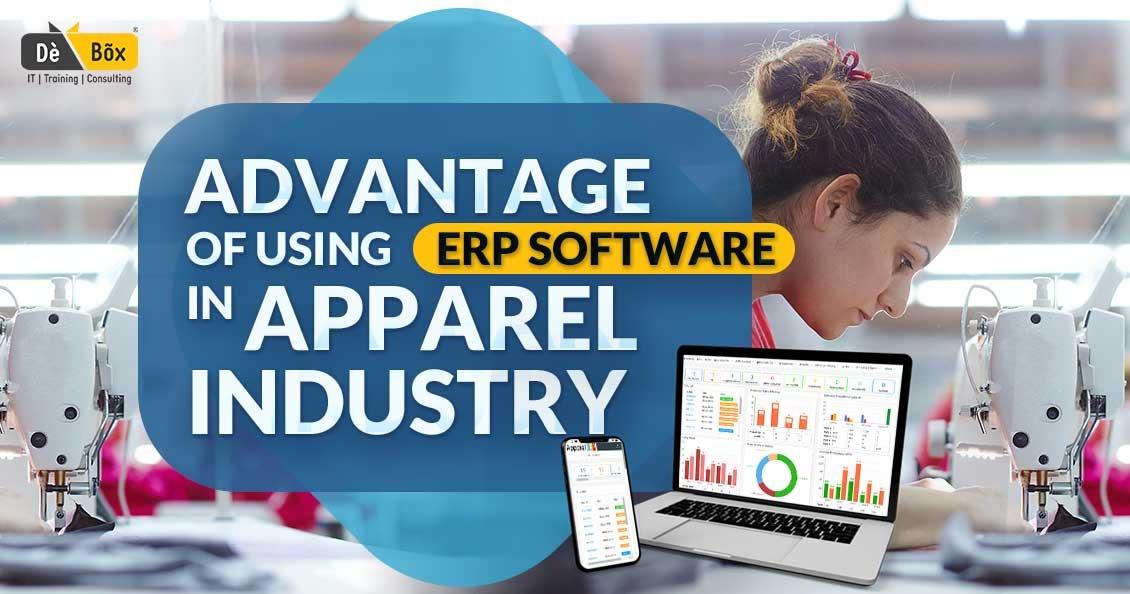
1646037372.jpg)
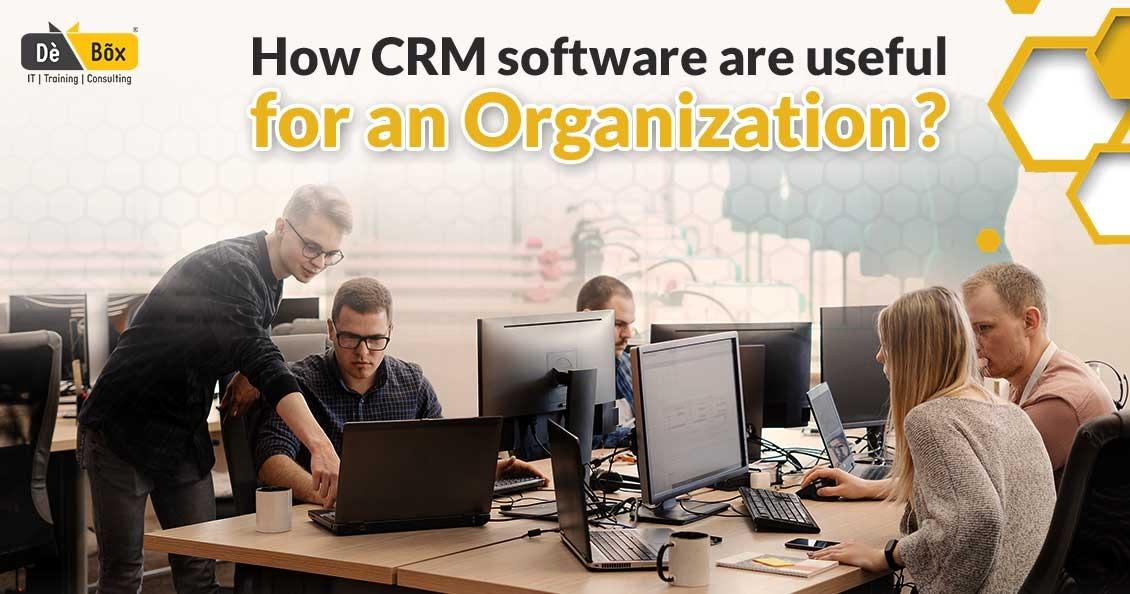
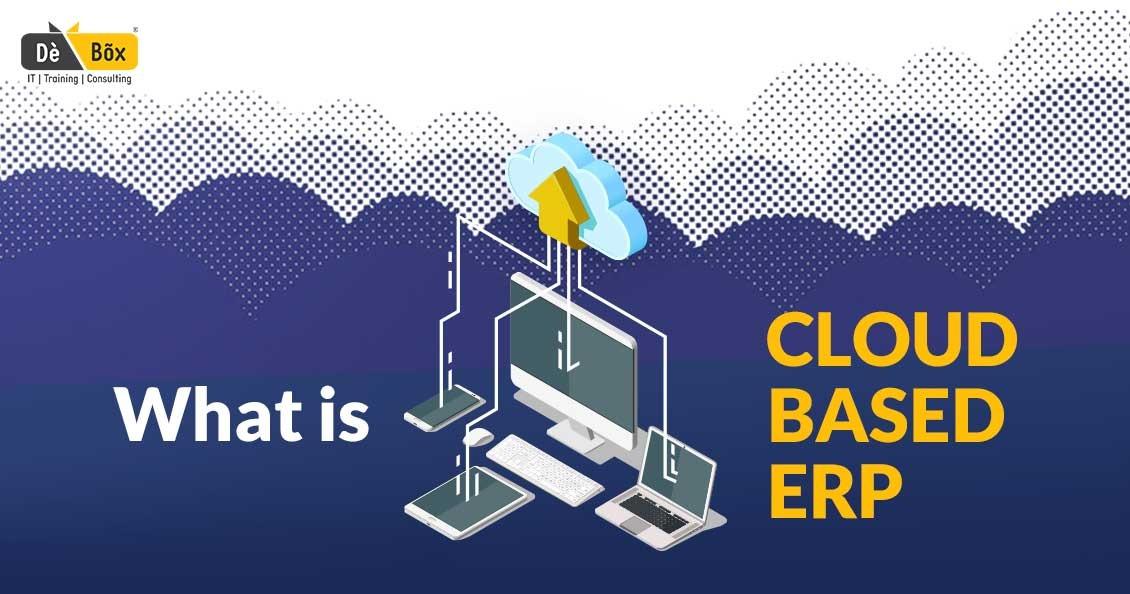

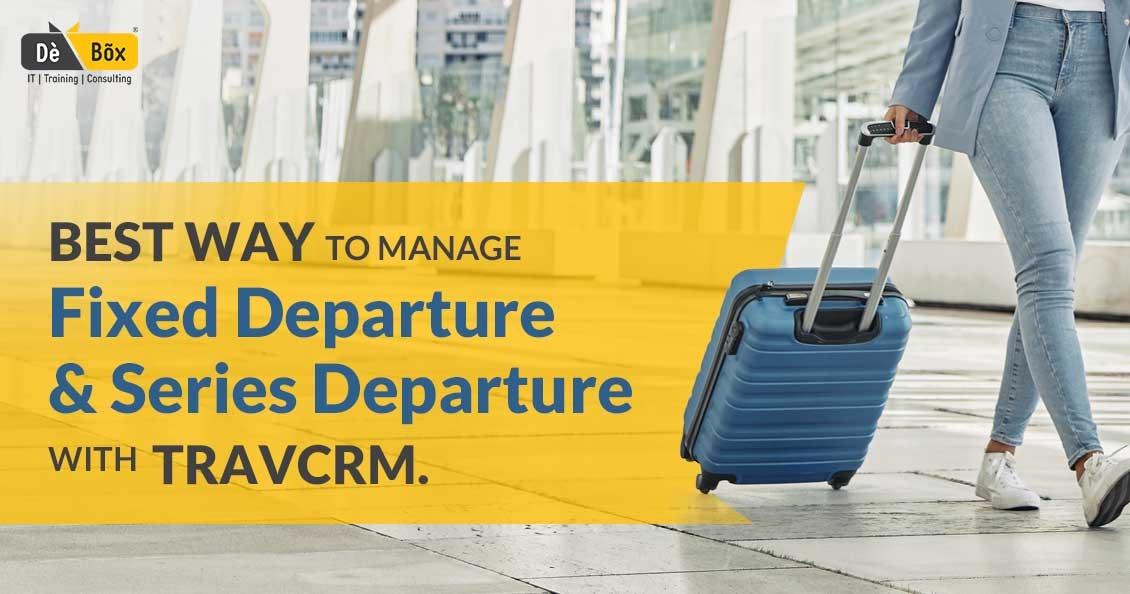

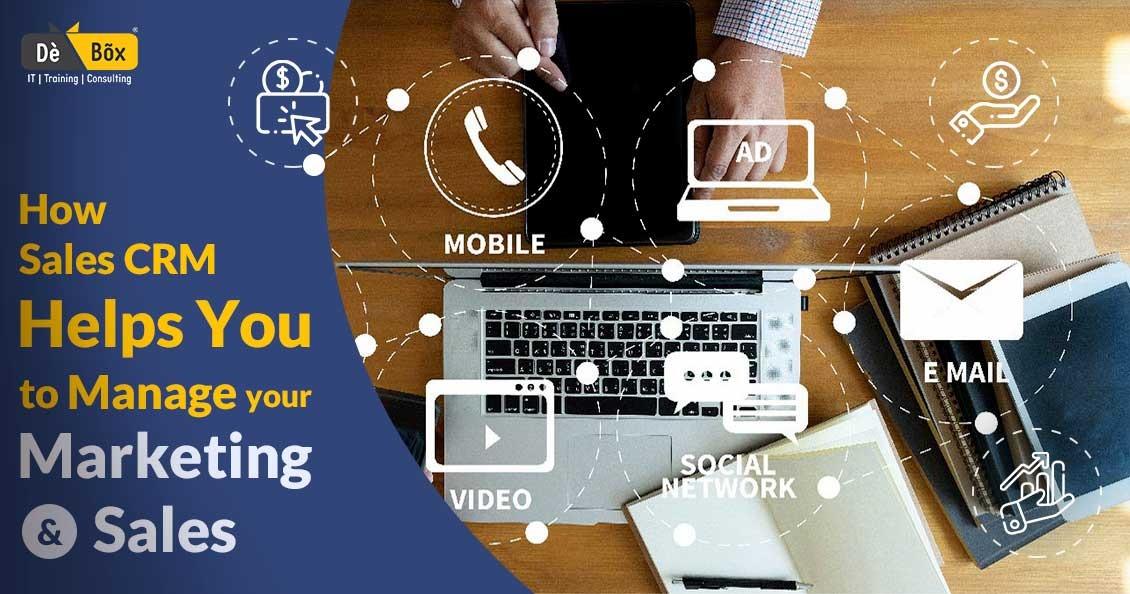
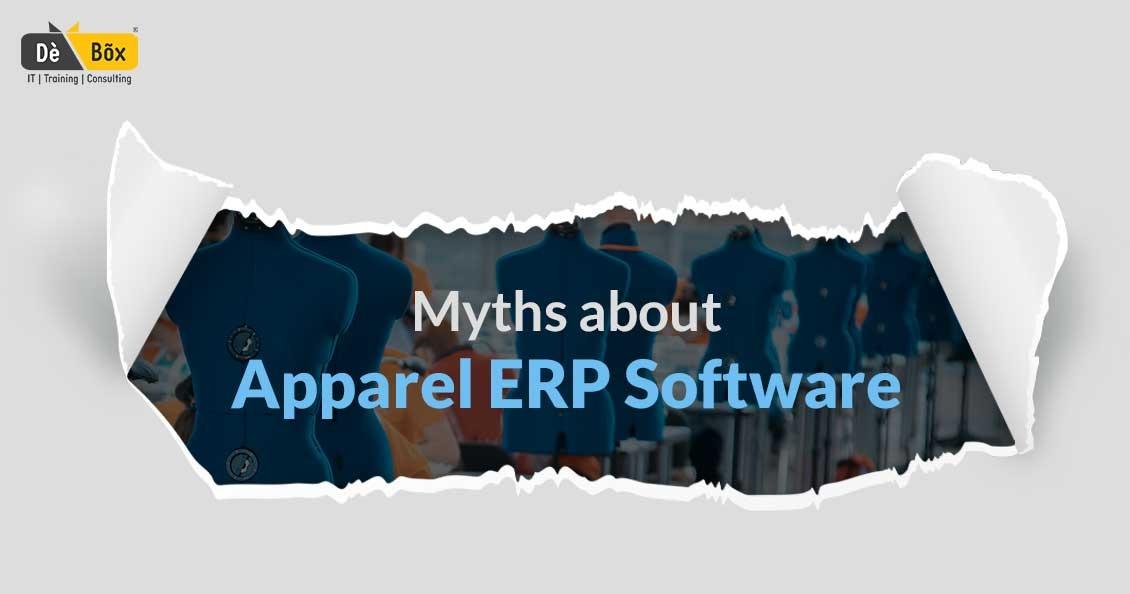
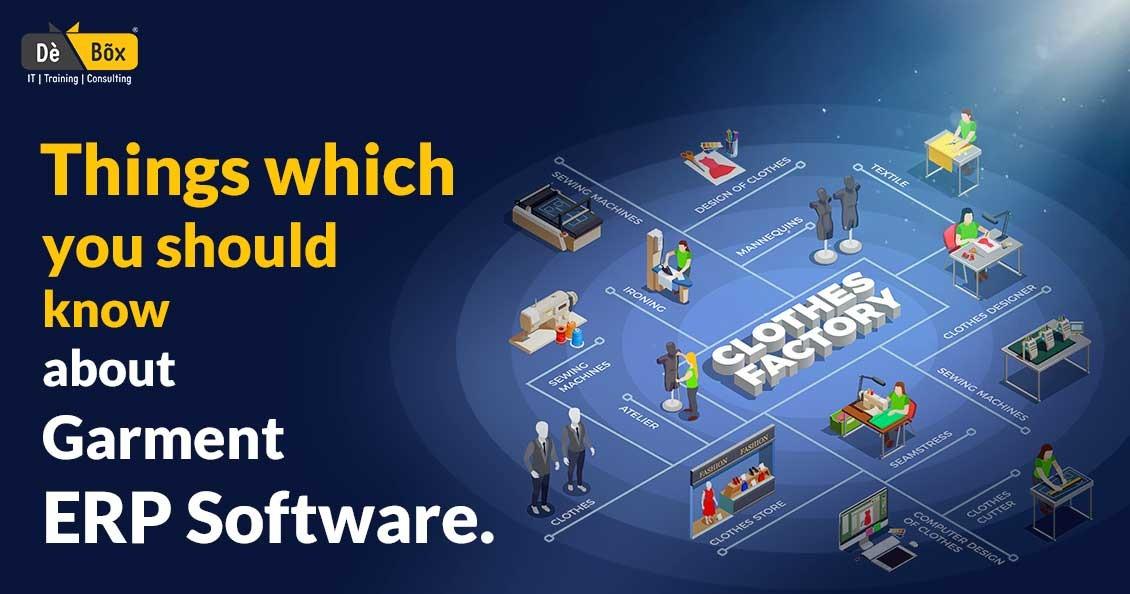
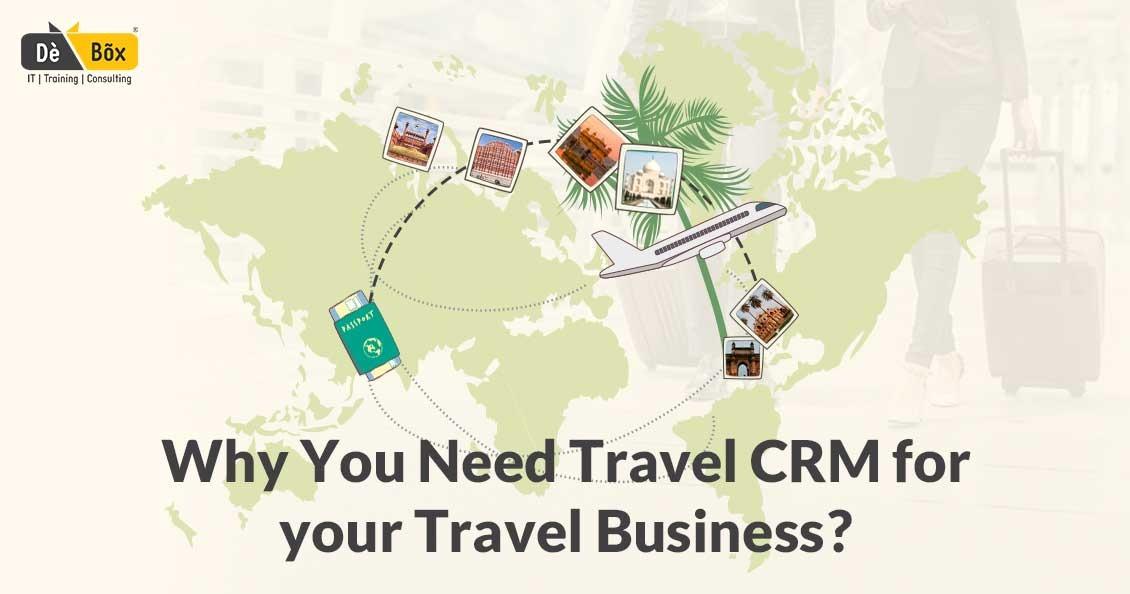



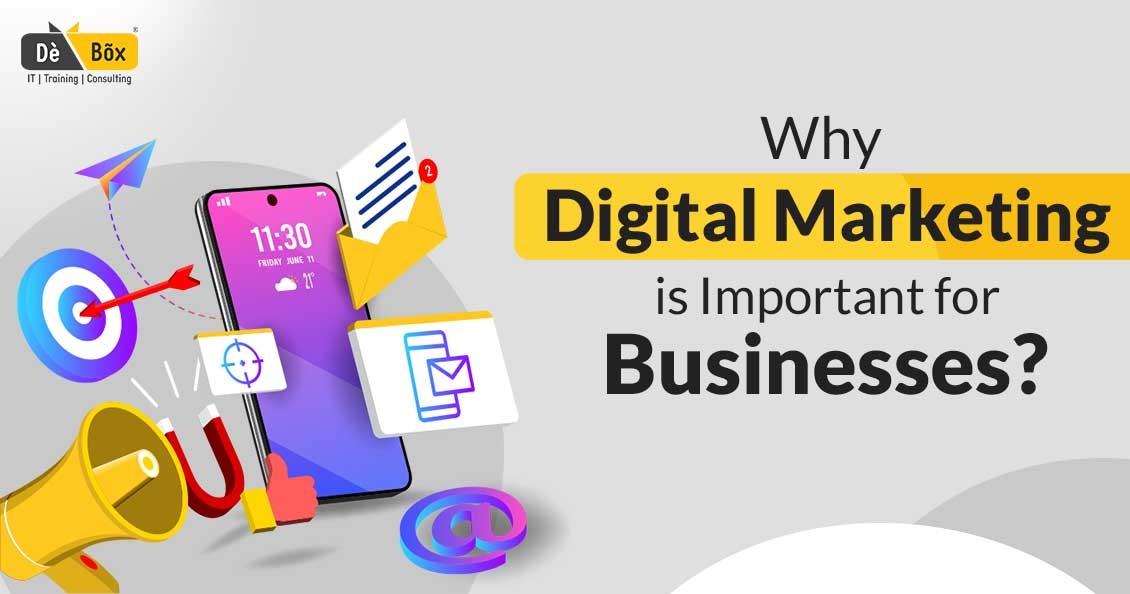
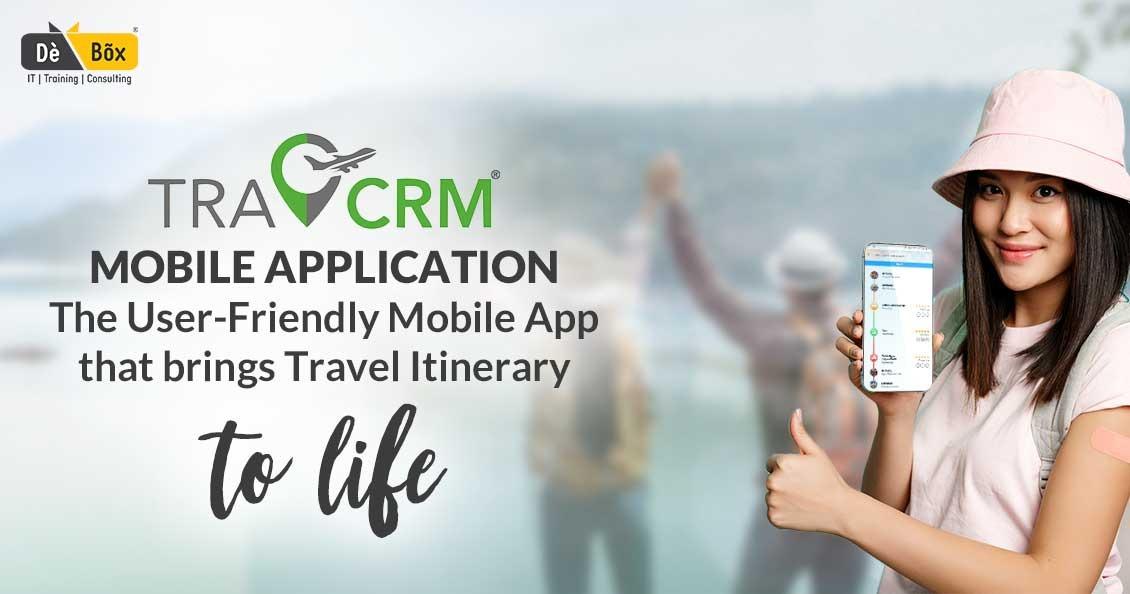
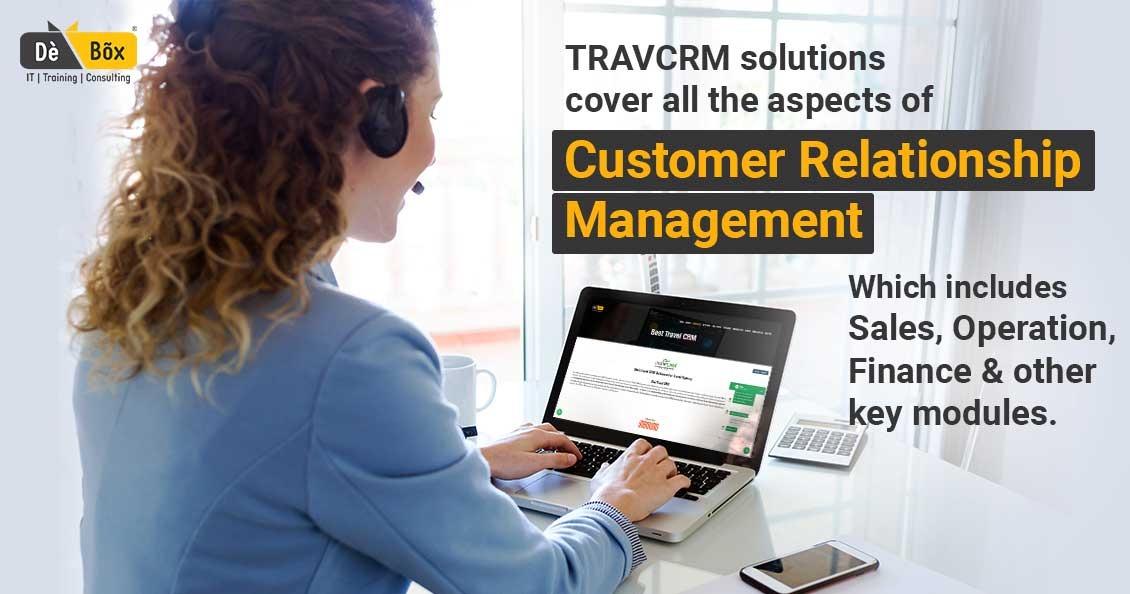

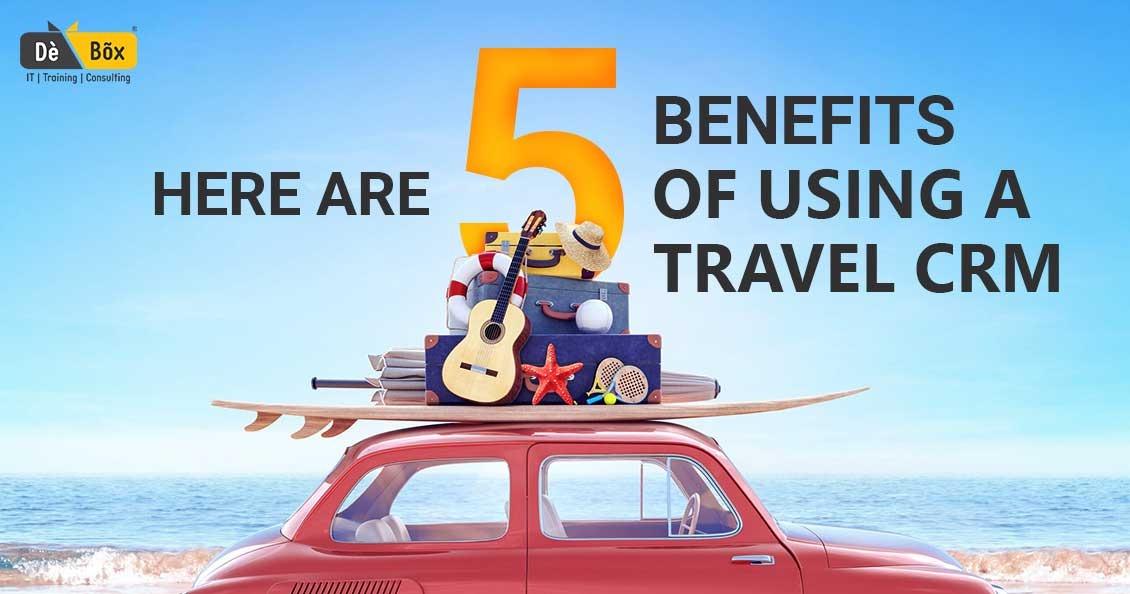
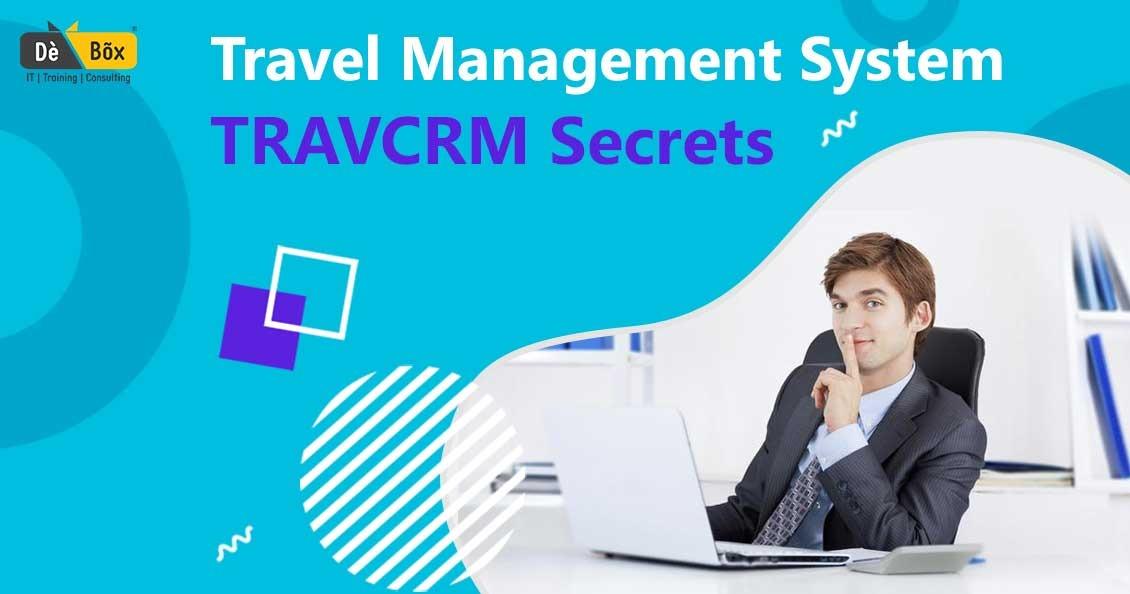
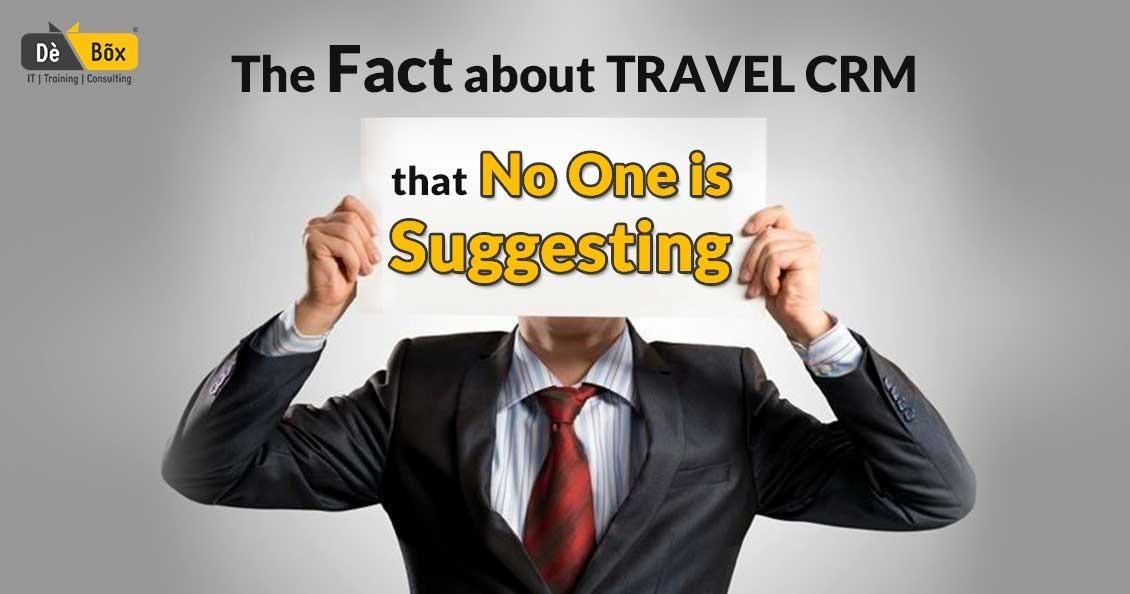
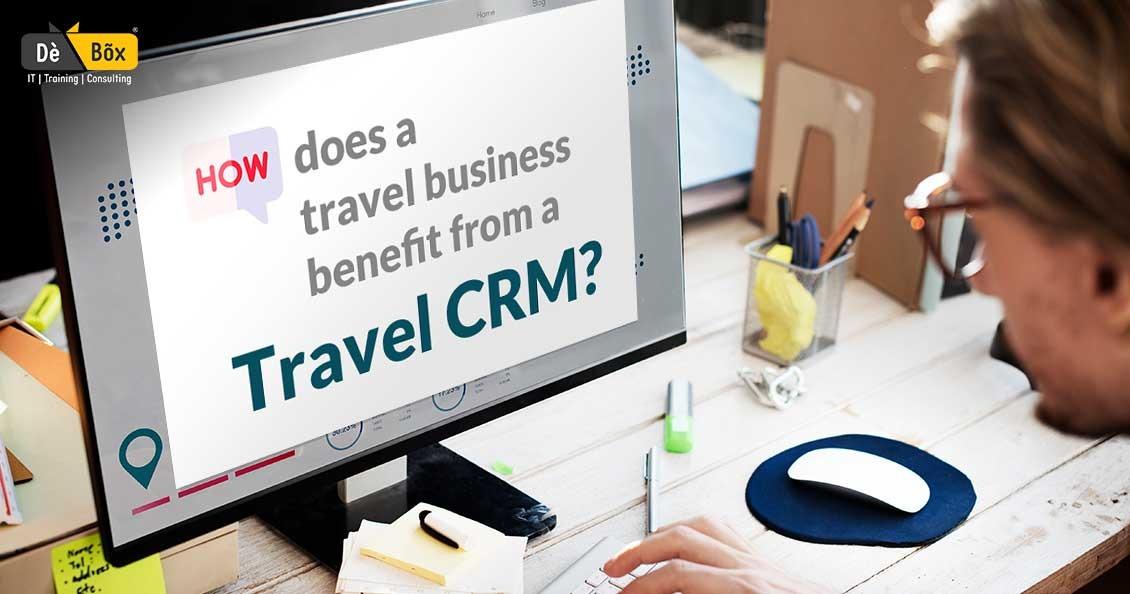
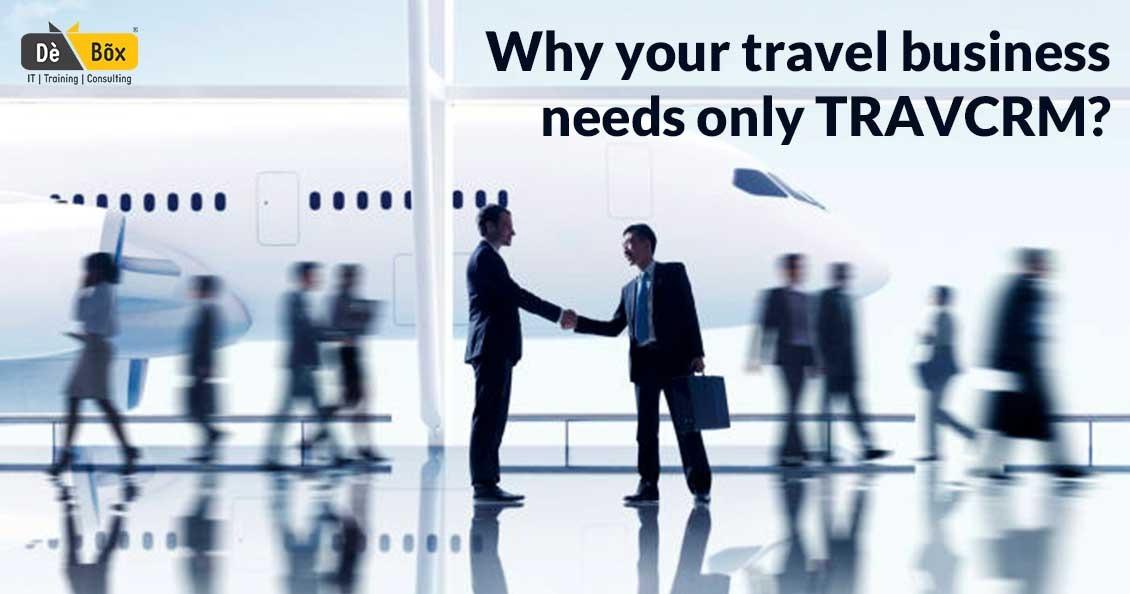

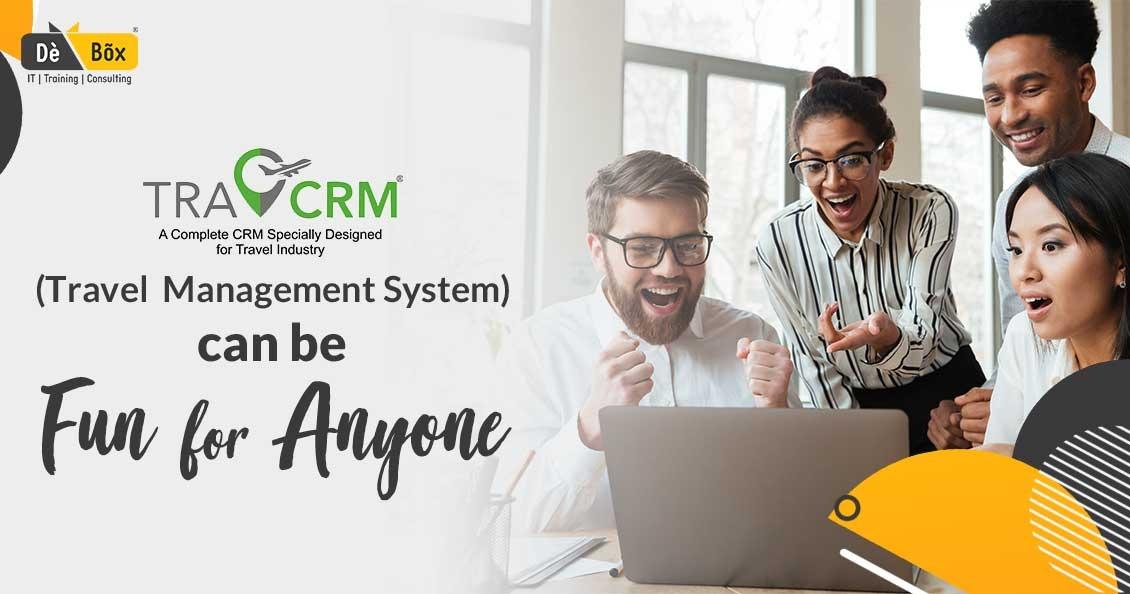
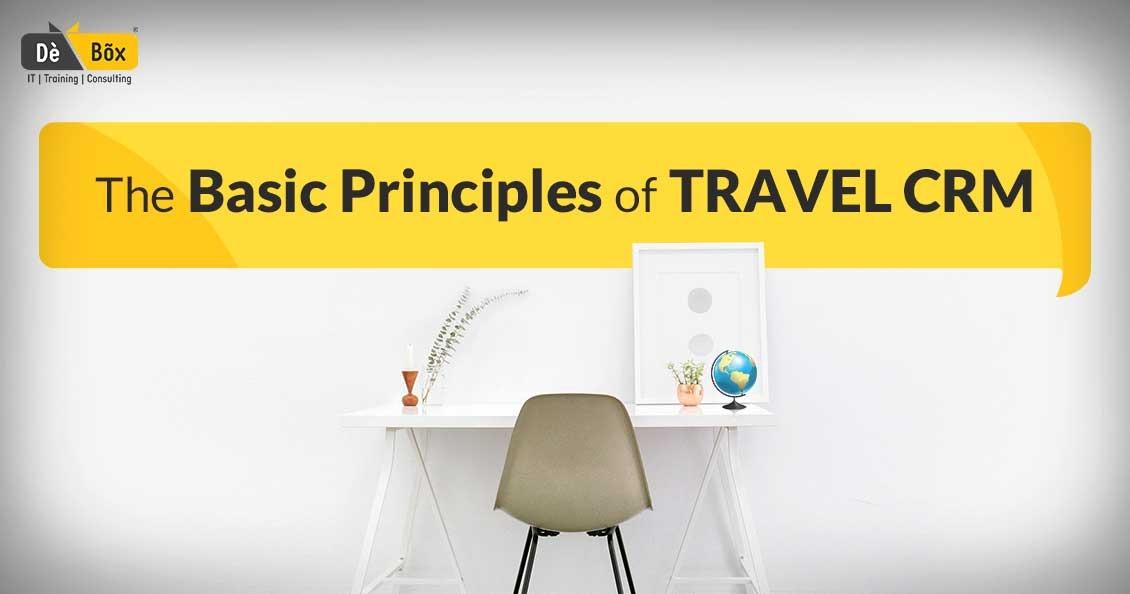
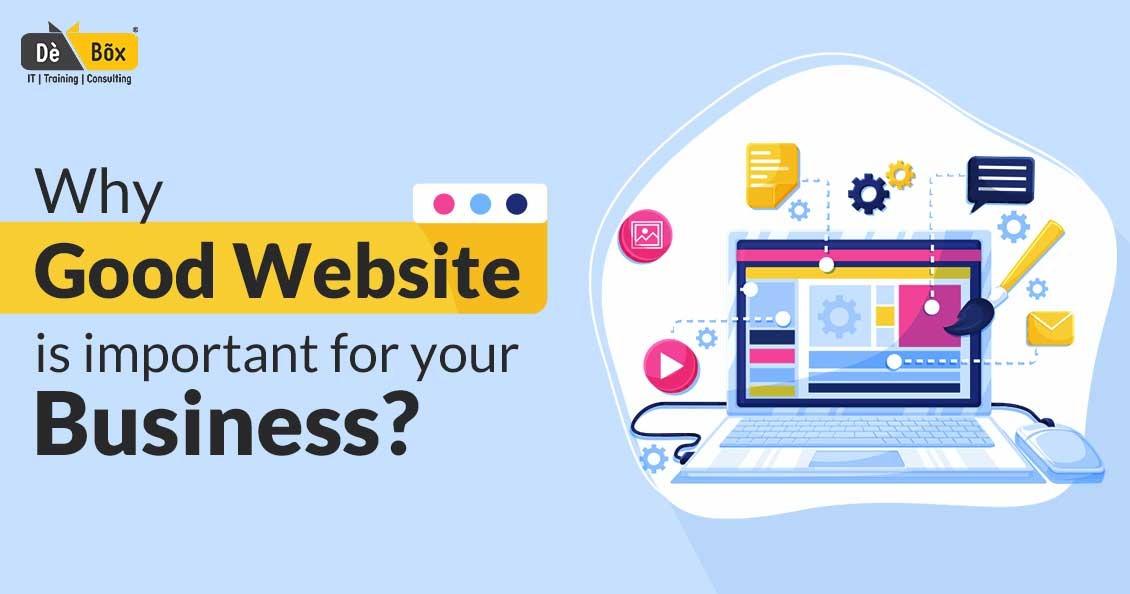
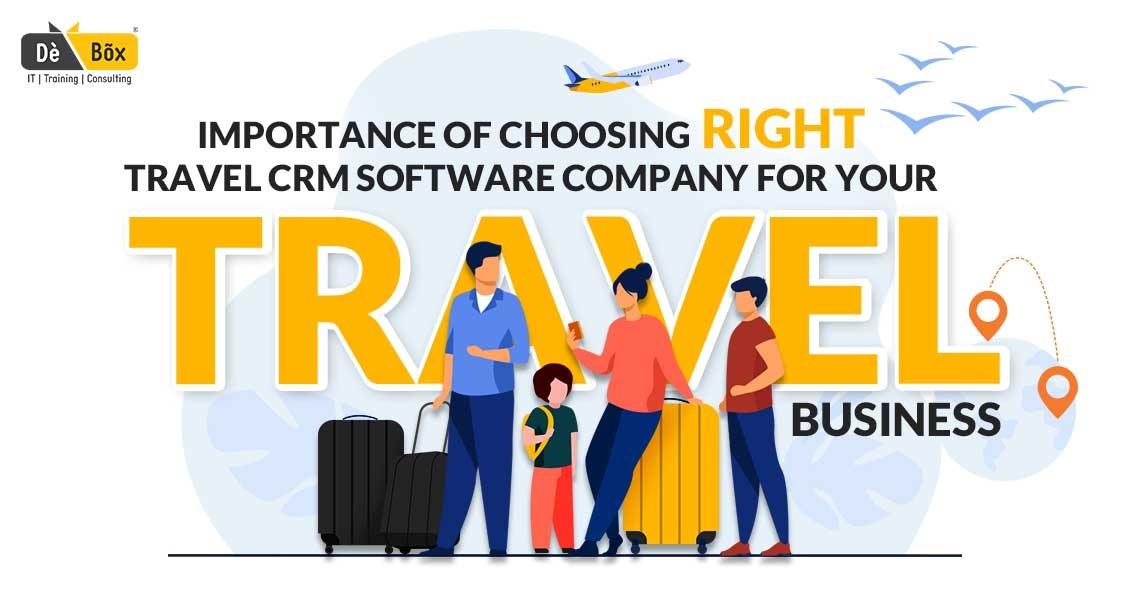
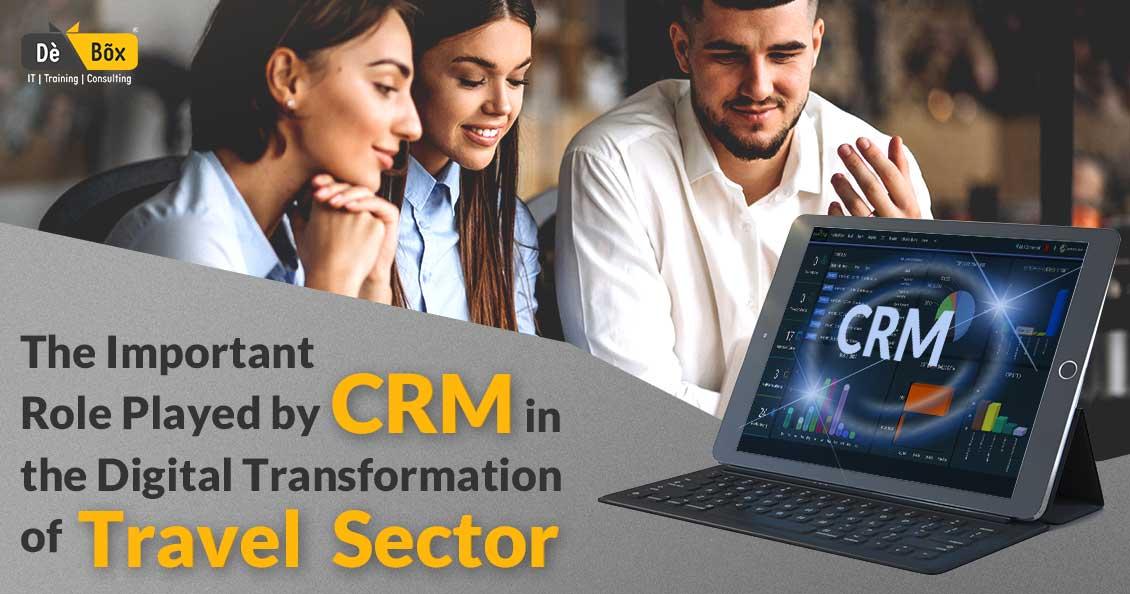
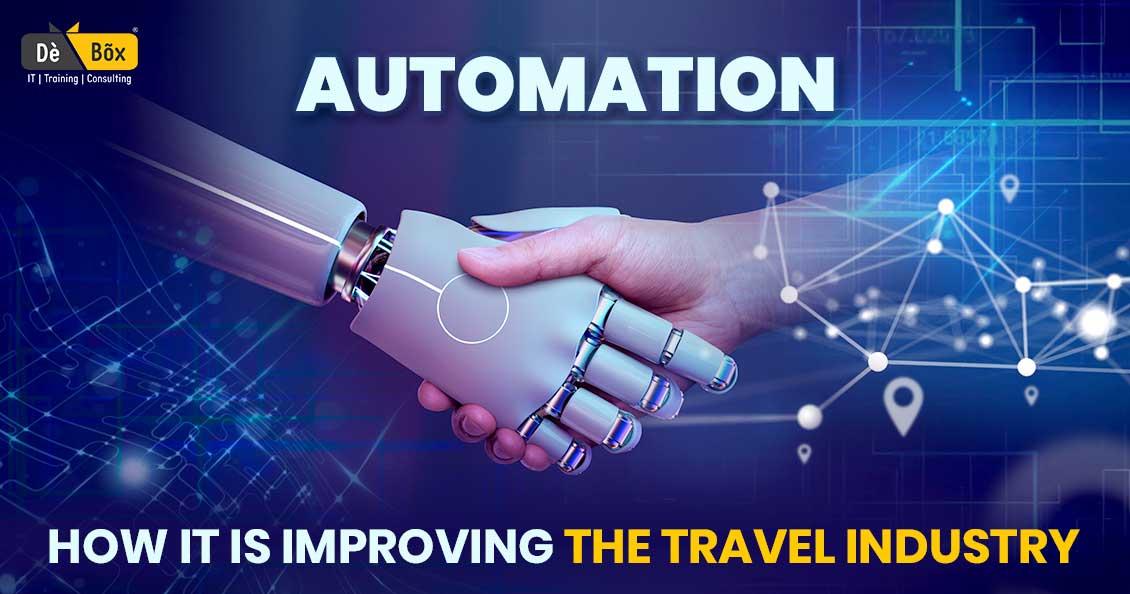
1631854739.png)

